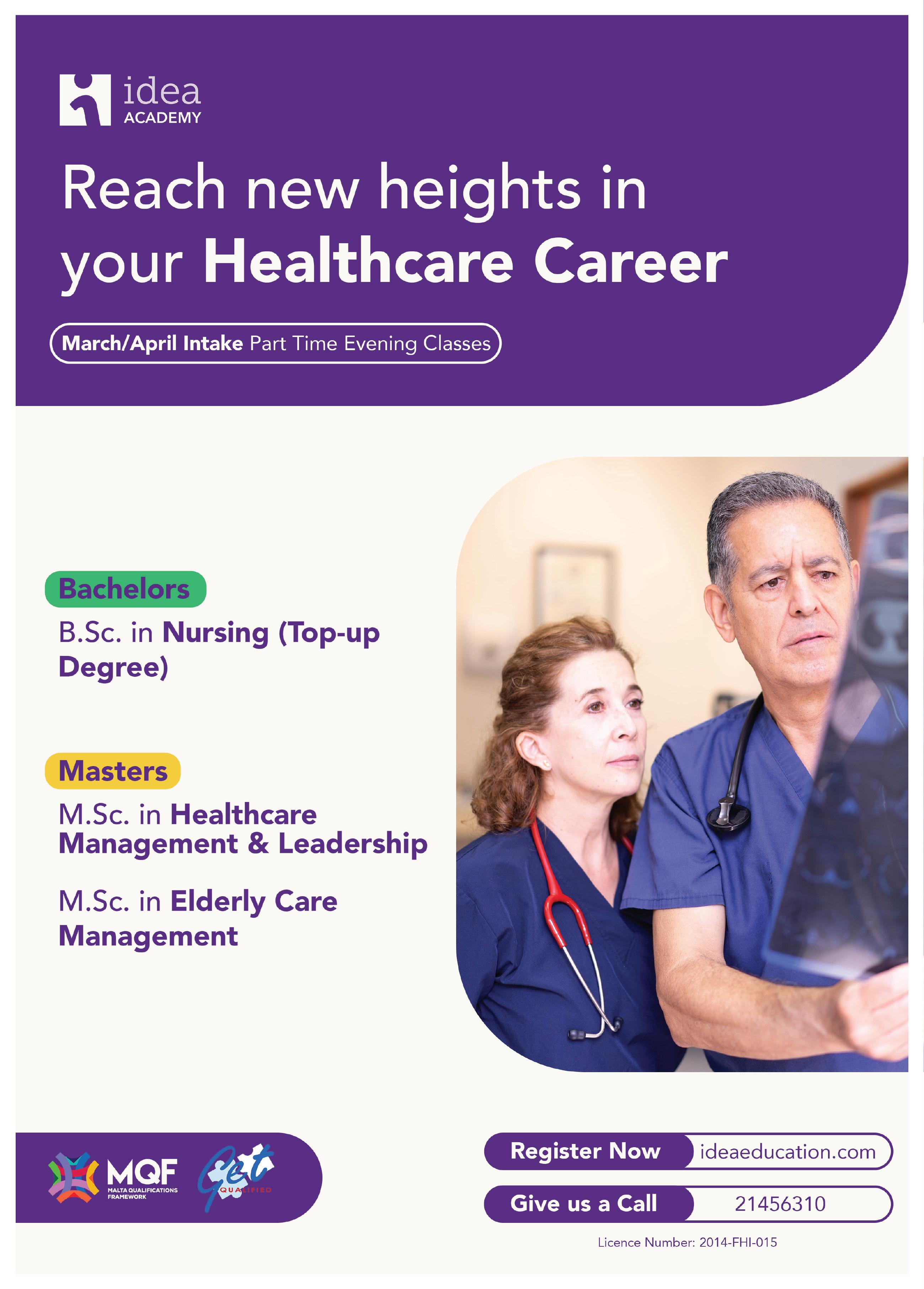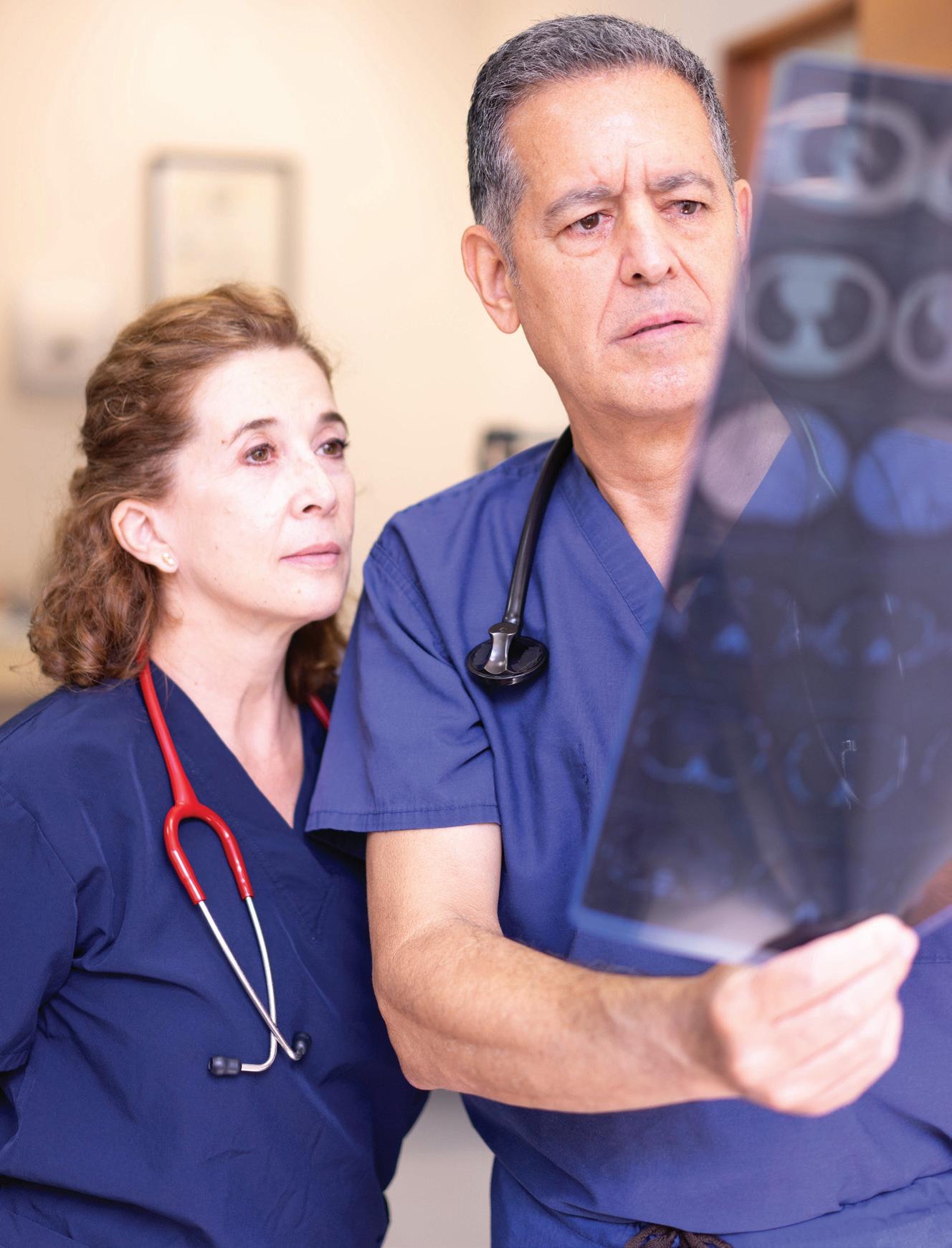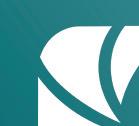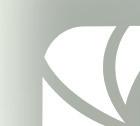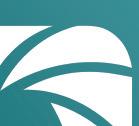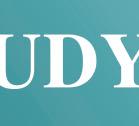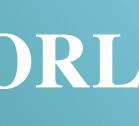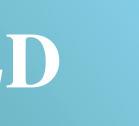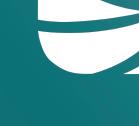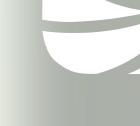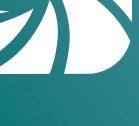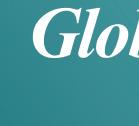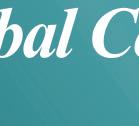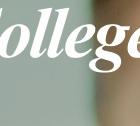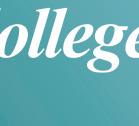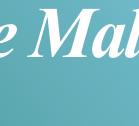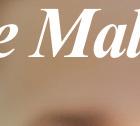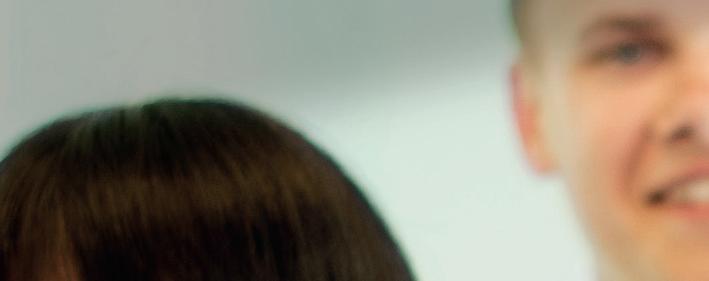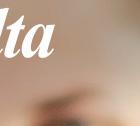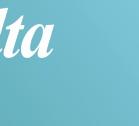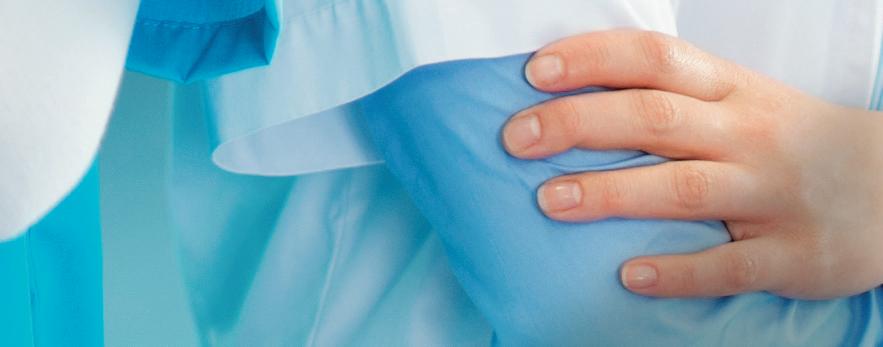















































































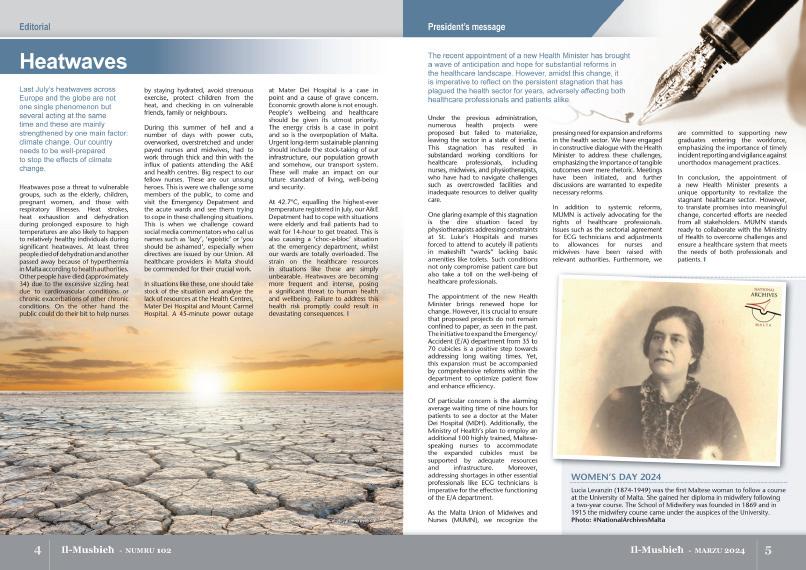

- Editorial - President’s message pages 4-5
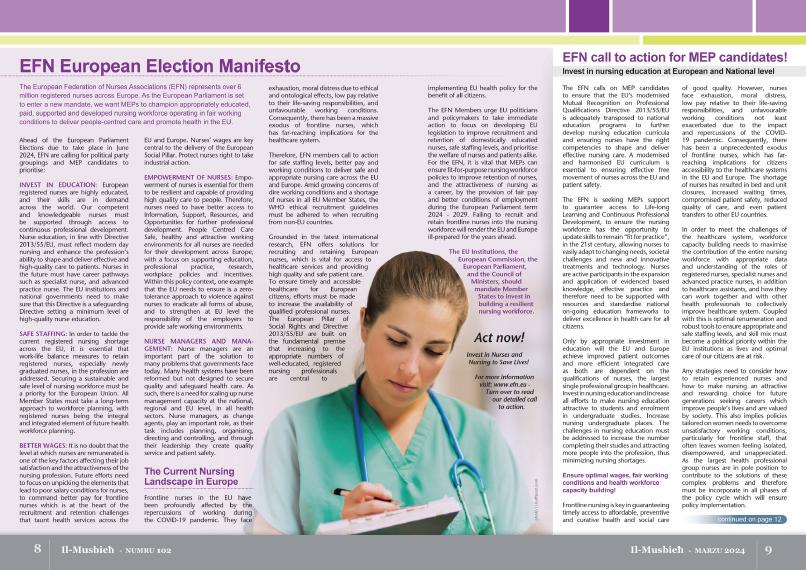
- EFN European Election Manifesto pages 8-9
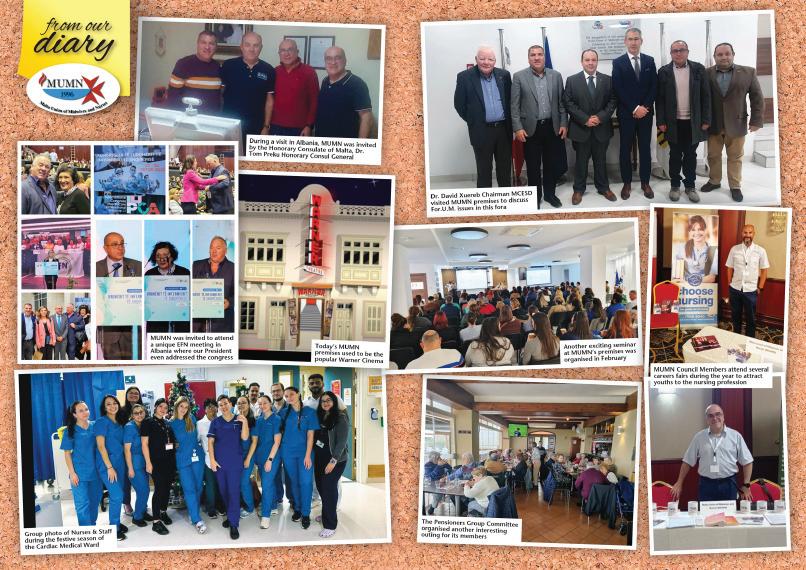

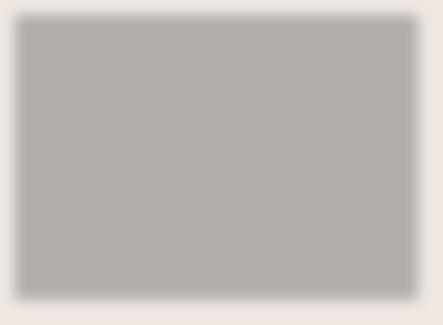

- From our diary pages 20-21
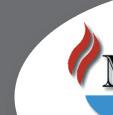
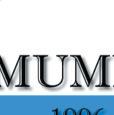
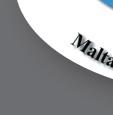
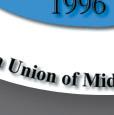


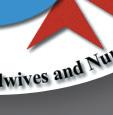
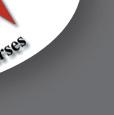

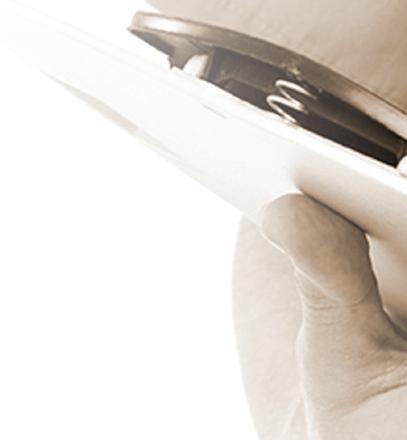

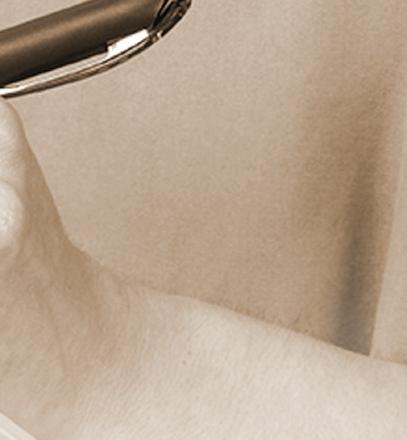

Group Committees - Chairpersons & Secretaries Mater Dei Hospital: Emily Galea, Chairperson: 77440050; Glen Camilleri, Secretary: 79205674
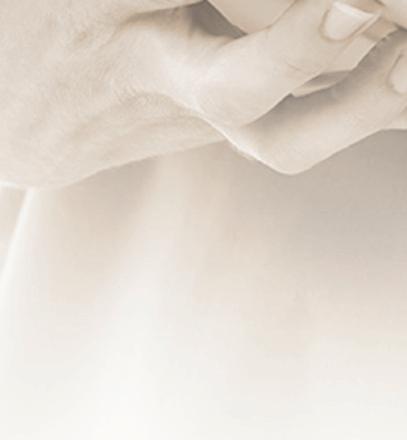
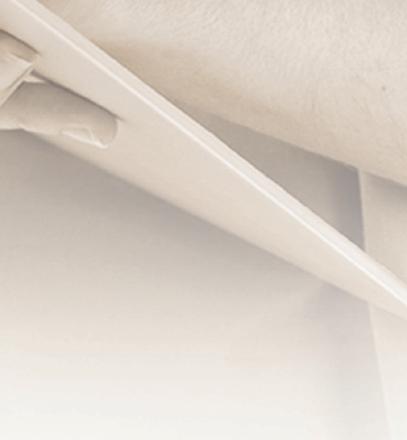
SVP: Therese Decelis, Chairperson: 79809080; Mario Galdes, Secretary: 79449324
RHKG: Graziella Buttigieg, Chairperson: 79275872
Health Centres: Roseanne Bajada, Chairperson: 79671910


MCH: Angelo Abela, Chairperson: 79594326; Malcolm Bezzina, Secretary: 77822561
SAMOC: Charles Galea: 79651430; Mark Mifsud: 99868033

GGH: Joseph Camilleri: 79485693; Anthony Zammit: 79617531; Jennifer Vella: 79277030
ECG Technicians: Alex Genovese, Chairperson: 79860571; Paul Caruana, Secretary: 79604338
Physiotherapists: Pauline Fenech, Chairperson: 79491366; Daren Stilato, Secretary: 77222999
Midwives Group Committee: Luciana Xuereb, Chairperson: 79538562; Marie Claire, Secretary: 99827852
MUMN Council Members
Paul Pace - President: 79033033
Colin Galea - General Secretary: 79425718
Alex Manche’ - Vice-President: 77678038
George Saliba - Financial Secretary: 79231283
Alexander Lautier: 99478982
Geoffrey Axiak: 99822288
William Grech: 79011981
Claire Zerafa: 99217063
Joseph Aquilina: 99467687
Alexandra Abela Fiorentino: 79642163
MUMN Office: 21448542
Editorial Board
Joseph Camilleri (Editor) CN M1 MDH
William Grech: 79011981
Alexander Lautier: 99478982
Pubblikat: Malta Union of Midwives and Nurses

Warner Complex, MUMN, Triq il-Vitorja, Qormi QRM 2508
• Tel/Fax: 2144 8542 • Website: www.mumn.org • E-mail: administrator@mumn.org
Il-fehmiet li jidhru f’dan il-æurnal mhux neçessarjament jirriflettu l-fehma jew il-policy tal-MUMN.
L-MUMN ma tistax tinÿamm responsabbli gœal xi œsara jew konsegwenzi oœra li jiæu kkawÿati meta tintuÿa informazzjoni minn dan il-æurnal.
L-ebda parti mill-æurnal ma tista’ tiæi riprodotta mingœajr il-permess bil-miktub tal-MUMN.
Çirkulazzjoni: 5,000 kopja.
Il-Musbieœ jiæi ppubblikat 4 darbiet f’sena. Dan il-æurnal jitqassam b’xejn lill-membri kollha u lill-entitajiet oœra, li l-bord editorjali flimkien mad-direzzjoni tal-MUMN jiddeçiedi fuqhom. Il-bord editorjali jiggarantixxi d-dritt tar-riservatezza fuq l-indirizzi ta’ kull min jirçievi dan il-æurnal. Kull bdil fl-indirizzi gœandu jiæi kkomunikat mas-Segretarja mill-aktar fis possibbli. Ritratti tal-faççata: MUMN
Last July’s heatwaves across Europe and the globe are not one single phenomenon but several acting at the same time and these are mainly strengthened by one main factor: climate change. Our country needs to be well-prepared to stop the effects of climate change.
Heatwaves pose a threat to vulnerable groups, such as the elderly, children, pregnant women, and those with respiratory illnesses. Heat strokes, heat exhaustion and dehydration during prolonged exposure to high temperatures are also likely to happen to relatively healthy individuals during significant heatwaves. At least three people died of dehydration and another passed away because of hyperthermia in Malta according to health authorities. Other people have died (approximately 34) due to the excessive sizzling heat due to cardiovascular conditions or chronic exacerbations of other chronic conditions. On the other hand the public could do their bit to help nurses
by staying hydrated, avoid strenuous exercise, protect children from the heat, and checking in on vulnerable friends, family or neighbours.
During this summer of hell and a number of days with power cuts, overworked, overstretched and under payed nurses and midwives, had to work through thick and thin with the influx of patients attending the A&E and health centres. Big respect to our fellow nurses. These are our unsung heroes. This is were we challenge some members of the public, to come and visit the Emergency Depatment and the acute wards and see them trying to cope in these challenging situations. This is when we challenge coward social media commentators who call us names such as ‘lazy’, ‘egoistic’ or ‘you should be ashamed’, especially when directives are issued by our Union. All healthcare providers in Malta should be commended for their crucial work.

In situations like these, one should take stock of the situation and analyse the lack of resources at the Health Centres, Mater Dei Hospital and Mount Carmel Hospital. A 45-minute power outage

at Mater Dei Hospital is a case in point and a cause of grave concern. Economic growth alone is not enough. People’s wellbeing and healthcare should be given its utmost priority. The energy crisis is a case in point and so is the overpoplation of Malta. Urgent long-term sustainable planning should include the stock-taking of our infrastructure, our population growth and somehow, our transport system. These will make an impact on our future standard of living, well-being and security.
At 42.7°C, equalling the highest-ever temperature registered in July, our A&E Depatment had to cope with situations were elderly and frail patients had to wait for 14-hour to get treated. This is also causing a ‘choc-a-bloc’ situation at the emergency department, whilst our wards are totally overloaded. The strain on the healthcare resources in situations like these are simply unbearable. Heatwaves are becoming more frequent and intense, posing a significant threat to human health and wellbeing. Failure to address this health risk promptly could result in devastating consequences. ❙



The recent appointment of a new Health Minister has brought a wave of anticipation and hope for substantial reforms in the healthcare landscape. However, amidst this change, it is imperative to reflect on the persistent stagnation that has plagued the health sector for years, adversely affecting both healthcare professionals and patients alike.
Under the previous administration, numerous health projects were proposed but failed to materialize, leaving the sector in a state of inertia. This stagnation has resulted in substandard working conditions for healthcare professionals, including nurses, midwives, and physiotherapists, who have had to navigate challenges such as overcrowded facilities and inadequate resources to deliver quality care.

One glaring example of this stagnation is the dire situation faced by physiotherapists addressing constraints at St. Luke’s Hospitals and nurses forced to attend to acutely ill patients in makeshift “wards” lacking basic amenities like toilets. Such conditions not only compromise patient care but also take a toll on the well-being of healthcare professionals.
The appointment of the new Health Minister brings renewed hope for change. However, it is crucial to ensure that proposed projects do not remain confined to paper, as seen in the past. The initiative to expand the Emergency/ Accident (E/A) department from 35 to 70 cubicles is a positive step towards addressing long waiting times. Yet, this expansion must be accompanied by comprehensive reforms within the department to optimize patient flow and enhance efficiency.
Of particular concern is the alarming average waiting time of nine hours for patients to see a doctor at the Mater Dei Hospital (MDH). Additionally, the Ministry of Health’s plan to employ an additional 100 highly trained, Maltesespeaking nurses to accommodate the expanded cubicles must be supported by adequate resources and infrastructure. Moreover, addressing shortages in other essential professionals like ECG technicians is imperative for the effective functioning of the E/A department.
As the Malta Union of Midwives and Nurses (MUMN), we recognize the
pressing need for expansion and reforms in the health sector. We have engaged in constructive dialogue with the Health Minister to address these challenges, emphasizing the importance of tangible outcomes over mere rhetoric. Meetings have been initiated, and further discussions are warranted to expedite necessary reforms.
In addition to systemic reforms, MUMN is actively advocating for the rights of healthcare professionals. Issues such as the sectorial agreement for ECG technicians and adjustments to allowances for nurses and midwives have been raised with relevant authorities. Furthermore, we
are committed to supporting new graduates entering the workforce, emphasizing the importance of timely incident reporting and vigilance against unorthodox management practices.
In conclusion, the appointment of a new Health Minister presents a unique opportunity to revitalize the stagnant healthcare sector. However, to translate promises into meaningful change, concerted efforts are needed from all stakeholders. MUMN stands ready to collaborate with the Ministry of Health to overcome challenges and ensure a healthcare system that meets the needs of both professionals and patients. ❙
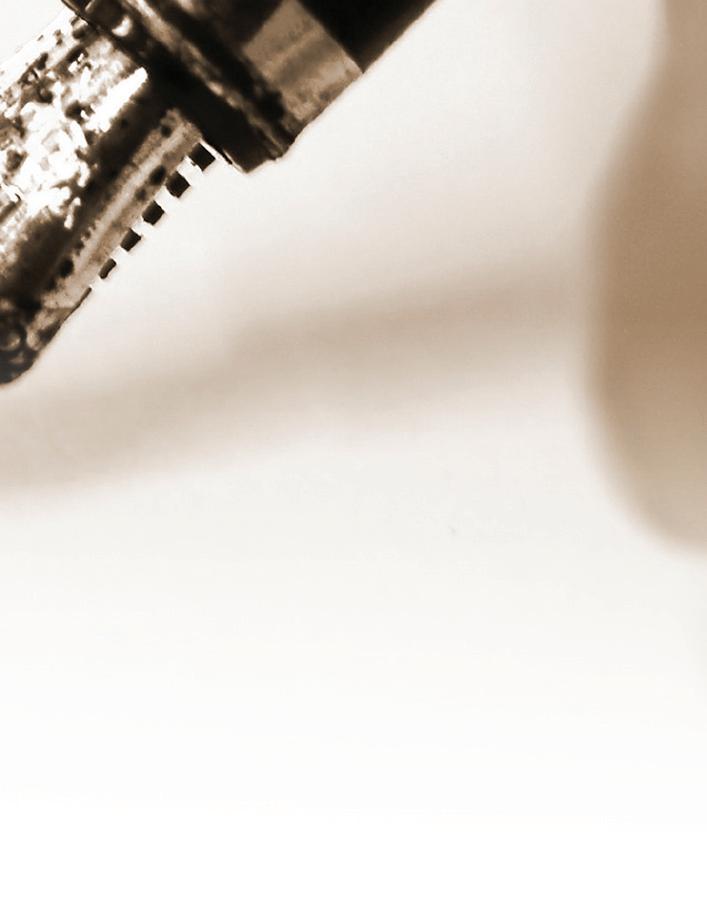
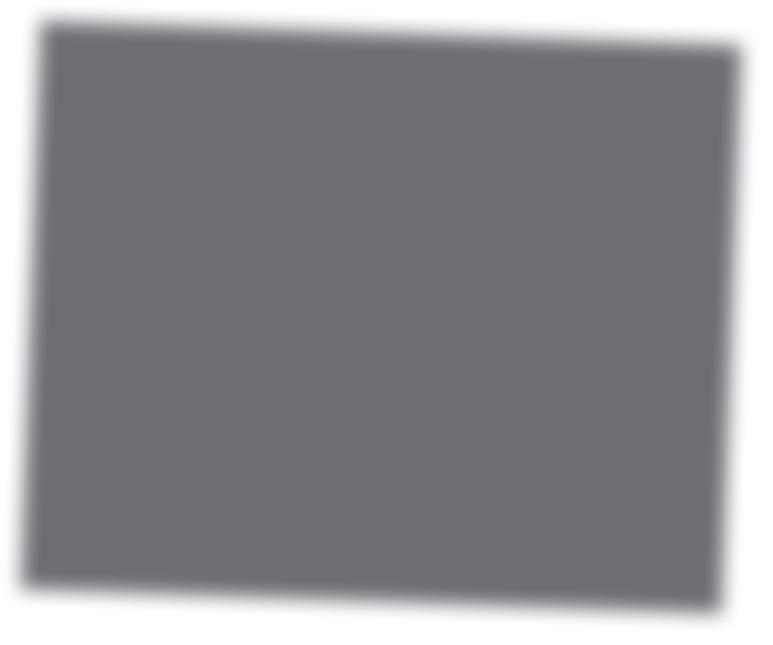
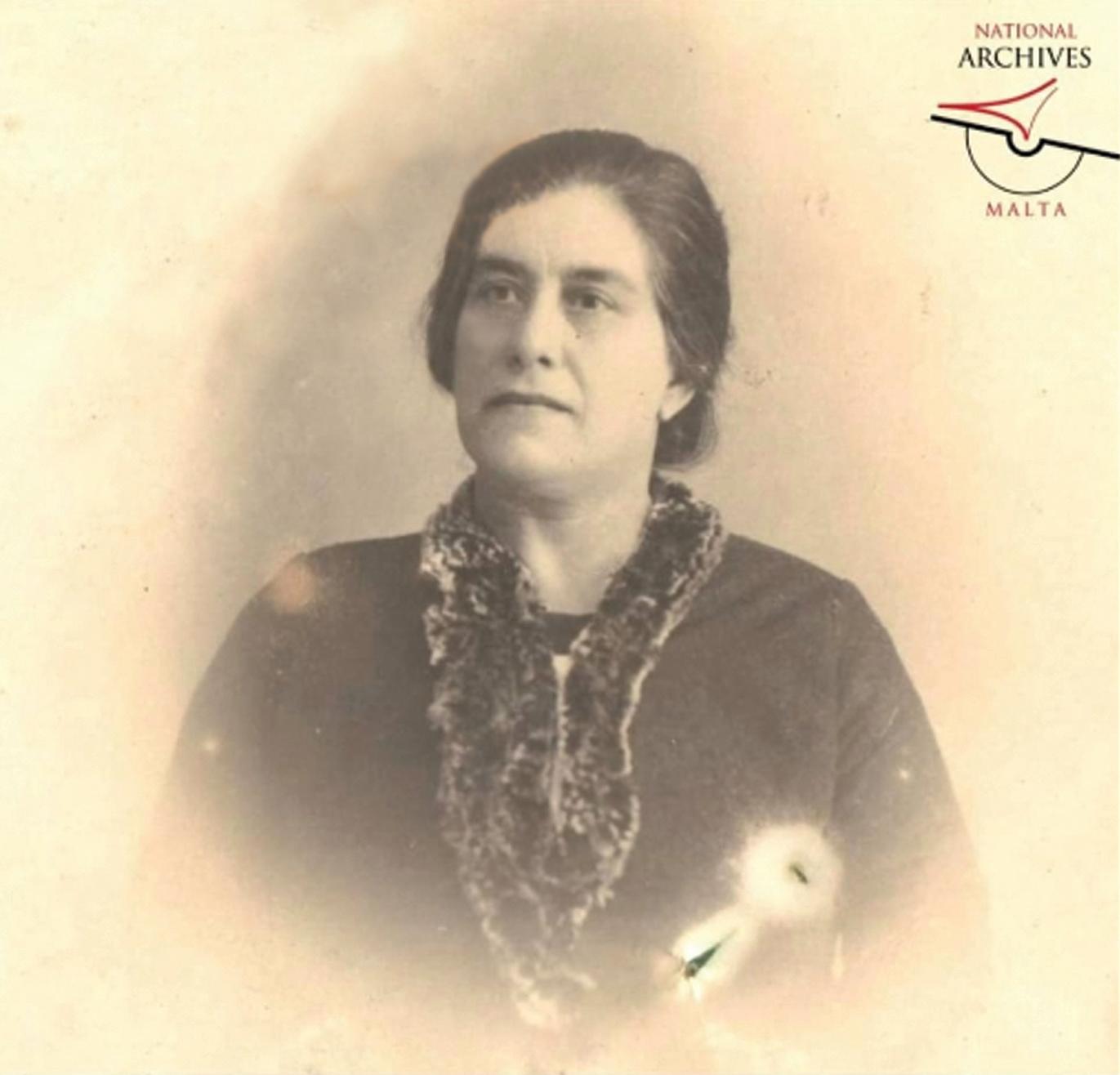

ow a course
at the University of Malta. She gained her diploma in midwifery following a two-year course. The School of Midwifery was founded in 1869 and in 1915 the midwifery course came under the auspices of the University.


L-MUMN tagœtihom merœba u twiegœed il-koperazzjoni tagœha gœall-æid ta’ kulœadd. Fl-istess waqt nirringrazzjaw lid-Deputat Prim Ministru gœall-œidma tiegœu u nawgurawlu kull suççess.
L-MUMN kellha diæà diversi laqgœat mal-Ministru l-ædid. L-aktar œaæa li impressjonatni kienet li jœares lejn l-affarijiet bœal wieœed li gœadu jaœdem fl-isptar Mater Dei. Mhux bil-lenti ta’ Ministru li qiegœed hemm fl-gœoli iÿda bœal œaddiem normali li jiltaqa’ maddiffikultajiet ta’ kuljum u anki dawk li jkunu fit-tul. Nawgura li jibqa’ hekk kif inhu saqajh mal-art.
L-MUMN ma baqgœetx lura milli tesprimi ruœha pubblikament li taqbel mal-pjanijiet tal-Ministru biex inaqqas l-iffullar ÿejjed mill-isptar Mater Dei billi jalloka servizzi kemm fl-isptar Karen
Grech, fl-isptar San Luqa u postijiet oœra. L-importanti li jsir kollox permezz tad-djalogu soçjali biex b’hekk kulœadd ikompli jiæbed œabel wieœed.
Æie deçiÿ li l-Konferenza li jmiss talCommonwealth Nurses & Midwives Federation issir f’pajjiÿna. Jidher li sentejn oœra ser tiæi organizzata fisSouth Africa u s-sentejn ta’ wara flIndia. Din il-Konferenza kienet ilha tiæi organizzata f’Londra gœal dawn l-aœœar 10 snin però issa æie deçiÿ li se tibda ssir fil-pajjiÿi membri. Bi Ftehim malMinistru, kull min se jippreÿenta paper waqt din il-konferenza se jiæi sponsorjat tal-æurnata li jkun fiha se jippreÿenta, filwaqt li min jibgœat ÿewæ papers, ser ikun sponsorjat gœall-konferenza kollha. Din se tkun Konferenza ta’ jumejn – 27 u 28 ta’ Settembru.
Din il-konferenza se tkun waœda ta’ interess sostanzjali. Mistiedna huma Nurses u Midwives mill-54 pajjiÿ tal-
Kate Middleton has two “amazing and Kind” Nurses caring for her, Prince William saysby Emily Burack
Following Kate Middleton’s surgery and hospitalization, Prince William postponed his engagements to be by her side as she recovered. He returned to royal engagements today, hosting an Investiture at Windsor Castle and attending a gala dinner for London’s air ambulance charity.
One woman who was awarded an MBE today, Patricia Spruce, took to her LinkedIn to write about the experience. Spruce, who works for the NHS, spoke to the Prince of Wales about Kate’s healthcare. “What an amazing experience, the castle was just breathtaking, everyone was so lovely to us as we were just in awe of everything,” she wrote in a public post.
“Prince William said that Katherine had two Filipino nurses looking after her
and they were amazing and kind.” The fact that Kate is being cared for by two nurses is the first insight the public has had into her healthcare.
Last week, the Princess of Wales was discharged from the hospital after spending two weeks there recovering from abdominal surgery. She’s currently recuperating at her home at Adelaide Cottage, in Windsor. Upon her release, Kensington Palace thanked the nurses in a statement, saying, “The Prince and Princess wish to say a huge thank you to the entire team at The London Clinic, especially the dedicated nursing staff, for the care they have provided. The Wales family continues to be grateful for the well wishes they have received from around the world.”
Commonwealth. Il-con-current sessions jagœtu gœaÿla lid-delegati gœal dak li jridu jisimgœu u jaraw. Il-lukanda fejn se tiæi organizzata hija l-aktar waœda attrezzata gœall-konferenzi ta’ dan it-tip. Min jixtieq jippreÿenta paper, gœandu çans sal-aœœar ta’ Mejju.
Din is-sena jagœlaq il-Ftehim Kollettiv tas-Servizz Pubbliku kollu. Dan ilFtehim huwa mlaqqam ‘il-kbir’ gœax ikopri l-50 elf œaddiem li jaœdmu maççivil. Barra l-MUMN, hemm 9 unions oœra. Il-unions bejniethom iltqajna diæà darbtejn filwaqt li saret ukoll l-ewwel laqgœa mal-Gvern. Gœadu kmieni però l-affarjiet jidhru li sejrin fid-direzzjoni tajba. Nistennew u naraw.
Gœallum se nieqaf hawn. Nawgura l-isbaœ xewqat gœall-Gœid, lilek u lil dawk qrib tiegœek. ❙
Colin GaleaSegretarju Æenerali
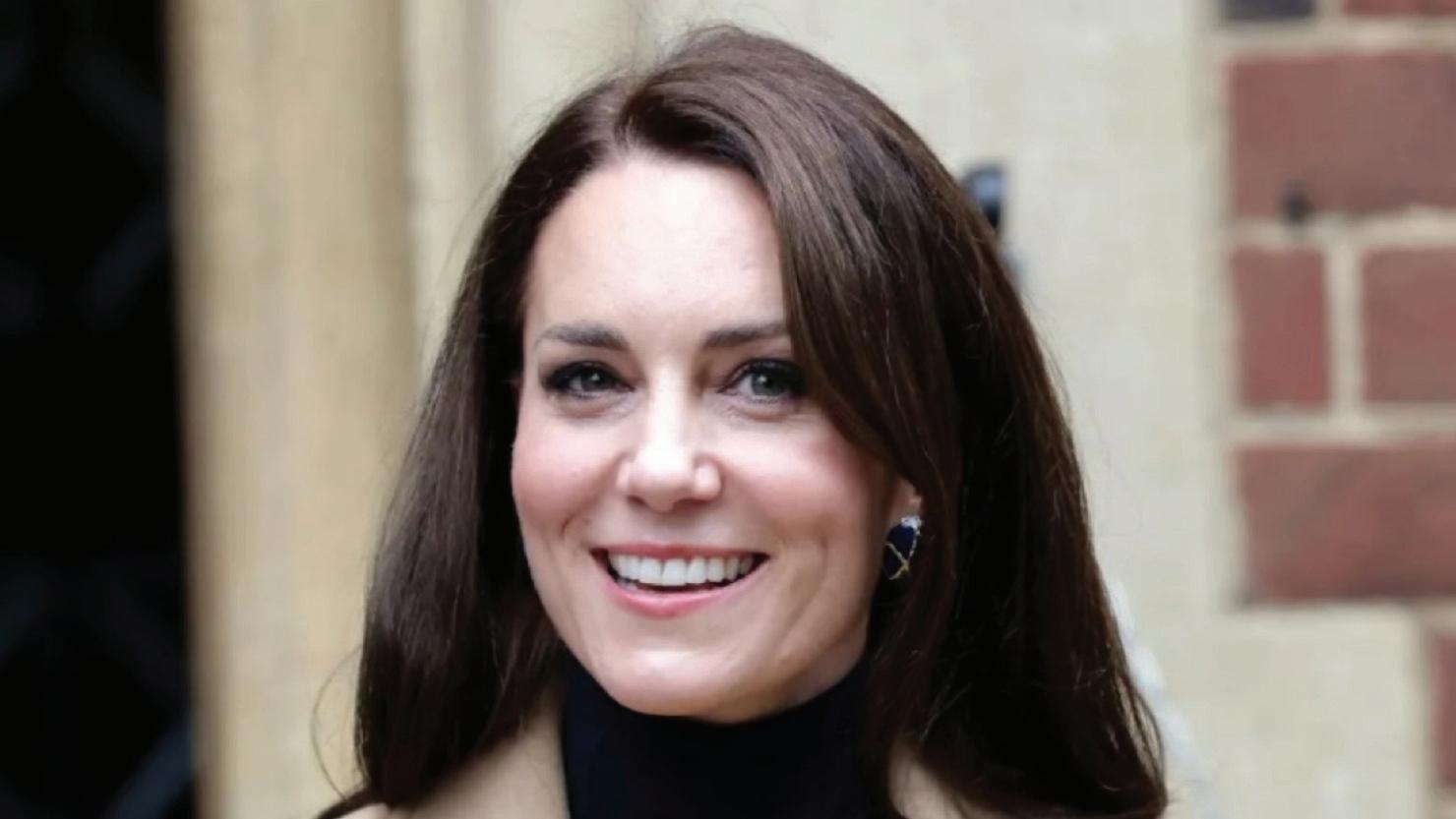
“We really appreciate everyone’s kind

Today, when Prince William was asked about the public’s support in light of King Charles’s cancer diagnosis and Kate’s hospitalization, he replied,
messages, thank you.” Later, in his remarks during the evening, the Prince said, “I’d like to take this opportunity to say thank you, also, for the kind messages of support for Catherine and for my father, especially in recent days. It means a great deal to us all.” He joked, “It’s fair to say the past few weeks have had a rather ‘medical’ focus. So I thought I’d come to an air ambulance function to get away from it all!” ❙










The European Federation of Nurses Associations (EFN) represents over 6 million registered nurses across Europe. As the European Parliament is set to enter a new mandate, we want MEPs to champion appropriately educated, paid, supported and developed nursing workforce operating in fair working conditions to deliver people-centred care and promote health in the EU.
Ahead of the European Parliament Elections due to take place in June 2024, EFN are calling for political party groupings and MEP candidates to prioritise:
INVEST IN EDUCATION: European registered nurses are highly educated, and their skills are in demand across the world. Our competent and knowledgeable nurses must be supported through access to continuous professional development. Nurse education, in line with Directive 2013/55/EU, must reflect modern day nursing and enhance the profession’s ability to shape and deliver effective and high-quality care to patients. Nurses in the future must have career pathways such as specialist nurse, and advanced practice nurse. The EU institutions and national governments need to make sure that this Directive is a safeguarding Directive setting a minimum level of high-quality nurse education.
SAFE STAFFING: In order to tackle the current registered nursing shortage across the EU, it is essential that work-life balance measures to retain registered nurses, especially newly graduated nurses, in the profession are addressed. Securing a sustainable and safe level of nursing workforce must be a priority for the European Union. All Member States must take a long-term approach to workforce planning, with registered nurses being the integral and integrated element of future health workforce planning.
BETTER WAGES: It is no doubt that the level at which nurses are remunerated is one of the key factors affecting their job satisfaction and the attractiveness of the nursing profession. Future efforts need to focus on unpicking the elements that lead to poor salary conditions for nurses, to command better pay for frontline nurses which is at the heart of the recruitment and retention challenges that taunt health services across the
EU and Europe. Nurses’ wages are key central to the delivery of the European Social Pillar. Protect nurses right to take industrial action.
exhaustion, moral distress due to ethical and ontological effects, low pay relative to their life-saving responsibilities, and unfavourable working conditions. Consequently, there has been a massive exodus of frontline nurses, which has far-reaching implications for the healthcare system.
Safe,
Therefore, EFN members call to action for safe staffing levels, better pay and working conditions to deliver safe and appropriate nursing care across the EU and Europe. Amid growing concerns of dire working conditions and a shortage of nurses in all EU Member States, the WHO ethical recruitment guidelines must be adhered to when recruiting from non-EU countries.
needed
EMPOWERMENT OF NURSES: Empowerment of nurses is essential for them to be resilient and capable of providing high quality care to people. Therefore, nurses need to have better access to Information, Support, Resources, and Opportunities for further professional development. People Centred Care Safe, healthy and attractive working environments for all nurses are needed for their development across Europe, with a focus on supporting education, professional practice, research, workplace policies and incentives. Within this policy context, one example that the EU needs to ensure is a zerotolerance approach to violence against nurses to eradicate all forms of abuse, and to strengthen at EU level the responsibility of the employers to provide safe working environments.
with a focus on supporting education, AND Nurse managers are an today. Many health systems have been reformed but not designed to secure

NURSE MANAGERS AND MANAGEMENT: Nurse managers are an important part of the solution to many problems that governments face today. Many health systems have been reformed but not designed to secure quality and safeguard health care. As such, there is a need for scaling up nurse management capacity at the national, regional and EU level, in all health sectors. Nurse managers, as change agents, play an important role, as their task includes planning, organising, directing and controlling, and through their leadership they create quality service and patient safety.





















Frontline nurses in the EU have been profoundly affected by the repercussions of working during the COVID-19 pandemic. They face

nurses, which is vital for access to healthcare services and providing high quality and safe patient care. fundamental that increasing to the appropriate numbers of nursing professionals are central to

Grounded in the latest international research, EFN offers solutions for recruiting and retaining European nurses, which is vital for access to healthcare services and providing high quality and safe patient care. To ensure timely and accessible healthcare for European citizens, efforts must be made to increase the availability of qualified professional nurses. The European Pillar of Social Rights and Directive 2013/55/EU are built on the fundamental premise that increasing to the appropriate numbers of well-educated, registered nursing professionals are central to
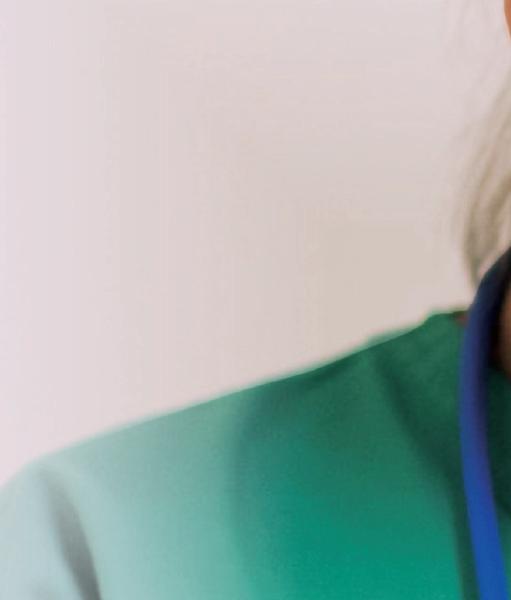
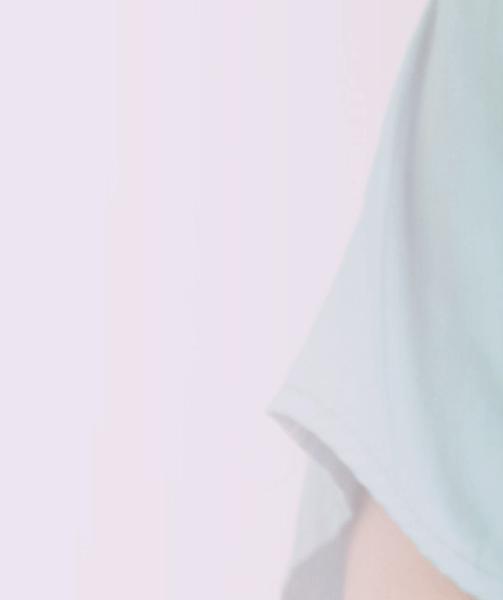




implementing EU health policy for the benefit of all citizens.
The EFN Members urge EU politicians and policymakers to take immediate action to focus on developing EU legislation to improve recruitment and retention of domestically educated nurses, safe staffing levels, and prioritise the welfare of nurses and patients alike. For the EFN, it is vital that MEPs can ensure fit-for-purpose nursing workforce policies to improve retention of nurses, and the attractiveness of nursing as a career, by the provision of fair pay and better conditions of employment during the European Parliament term 2024 - 2029. Failing to recruit and retain frontline nurses into the nursing workforce will render the EU and Europe ill-prepared for the years ahead.

The EFN calls on MEP candidates to ensure that the EU’s modernised Mutual Recognition on Professional Qualifications Directive 2013/55/EU is adequately transposed to national education programs to further develop nursing education curricula and ensuring nurses have the right competencies to shape and deliver effective nursing care. A modernised and harmonised EU curriculum is essential to ensuring effective free movement of nurses across the EU and patient safety.
The EU Institutions, the European Commission, the European Parliament, and the Council of Ministers, should mandate Member States to invest in building a resilient nursing workforce.

Act now!
Invest in Nurses and Nursing to Save Lives!
For more information visit: www.efn.euTurn over to read our detailed call to action.




The EFN is seeking MEPs support to guarantee access to Life-long Learning and Continuous Professional Development, to ensure the nursing workforce has the opportunity to update skills to remain “fit for practice”, in the 21st century, allowing nurses to easily adapt to changing needs, societal challenges and new and innovative treatments and technology. Nurses are active participants in the expansion and application of evidenced based knowledge, effective practice and therefore need to be supported with resources and standardise national on-going education frameworks to deliver excellence in health care for all citizens.
Only by appropriate investment in education will the EU and Europe achieve improved patient outcomes and more efficient integrated care as both are dependent on the qualifications of nurses, the largest single professional group in healthcare. Invest in nursing education and increase all efforts to make nursing education attractive to students and enrolment in undergraduate studies. Increase nursing undergraduate places. The challenges in nursing education must be addressed to increase the number completing their studies and attracting more people into the profession, thus minimizing nursing shortages.
Ensure optimal wages, fair working conditions and health workforce capacity building!
Frontline nursing is key in guaranteeing timely access to affordable, preventive and curative health and social care
Invest in nursing education at European and National level continued on page 12
of good quality. However, nurses face exhaustion, moral distress, low pay relative to their life-saving responsibilities, and unfavourable working conditions not least exacerbated due to the impact and repercussions of the COVID19 pandemic. Consequently, there has been a unprecedented exodus of frontline nurses, which has farreaching implications for citizens accessibility to the healthcare systems in the EU and Europe. The shortage of nurses has resulted in bed and unit closures, increased waiting times, compromised patient safety, reduced quality of care, and even patient transfers to other EU countries.
In order to meet the challenges of the healthcare system, workforce capacity building needs to maximise the contribution of the entire nursing workforce with appropriate data and understanding of the roles of registered nurses, specialist nurses and advanced practice nurses, in addition to healthcare assistants, and how they can work together and with other health professionals to collectively improve healthcare system. Coupled with this is optimal renumeration and robust tools to ensure appropriate and safe staffing levels, and skill mix must become a political priority within the EU institutions as lives and optimal care of our citizens are at risk.
Any strategies need to consider how to retain experienced nurses and how to make nursing an attractive and rewarding choice for future generations seeking careers which improve people’s lives and are valued by society. This also implies policies tailored on women needs to overcome unsatisfactory working conditions, particularly for frontline staff, that often leaves women feeling isolated, disempowered, and unappreciated. As the largest health professional group nurses are in pole position to contribute to the solutions of these complex problems and therefore must be incorporate in all phases of the policy cycle which will ensure policy implementation.














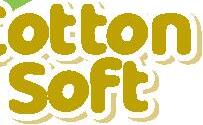












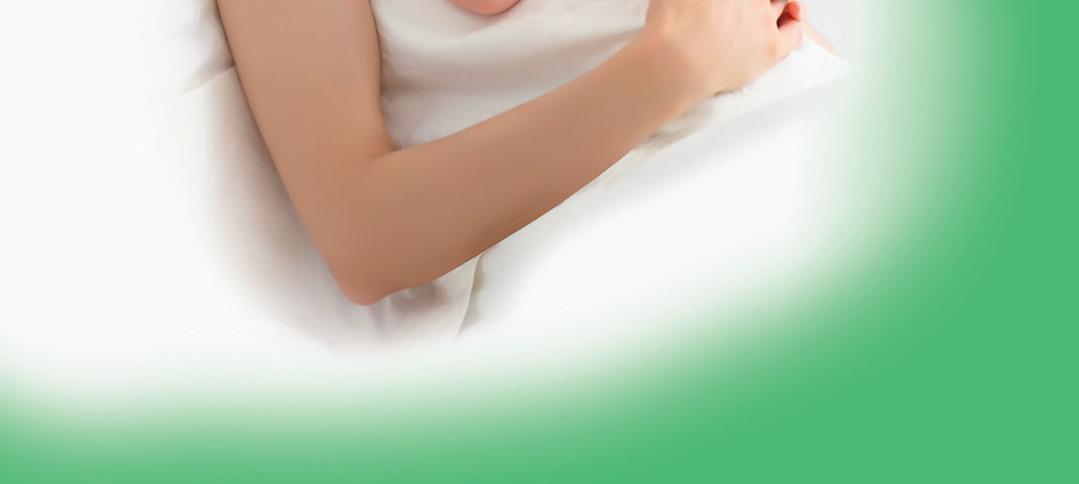















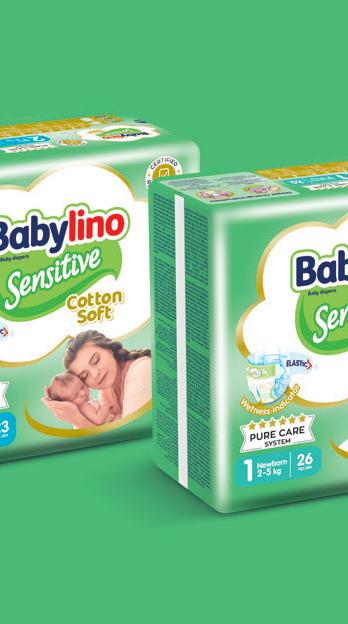

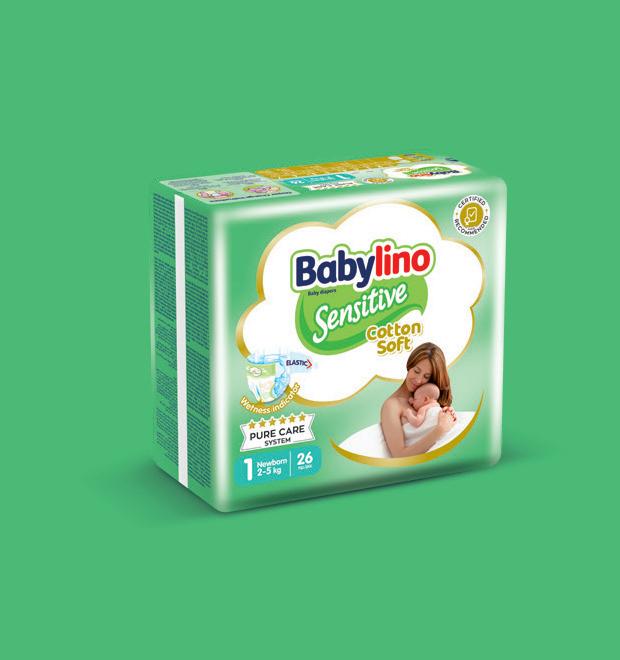
female intimate health – L. rhamnosus GR-1®
Balances the vaginal environment –colonises the vaginal tract and normalises the intimate environment by increasing lactobacilli and restoring the natural pH2-6
Supports common urogenital conditions – bacterial vaginosis (BV)3,7, urinary tract infections8, vulvovaginal candidiasis7,9
Kitba ta’ Joe Camilleri
Artémides Zatti twieled f’Boretto (Reggio Emilia) fit-12 t’Ottubru 1880. Min etá ÿgœira daq it-tbatija tas-sagrifiççju, tant li ta’ disgœa snin kien diæa beda’ jaœdem fl-gœelieqi. Minœabba l-faqar, il-familja Zatti emigrat l-Aræentina fil-bidu tal1897 u gœexet f’Bahia Blanca. Iççkejken Artémides mill-ewwel beda jiffrekwenta l-parroçça mmexxija mis-Salesjani, fejn id-direttur spiritwali tiegœu kien Fr.Carlo Cavalli, il-kappillan, raæel qaddis ta’ tjubija straordinarja. Kien hu li iggwidah lejn il-œajja Salesjana fejn ta’ 20 sena beda l-aspirantat f’Bernal.
Waqt li hu kien qed jikkura æuvnott qassis li kien qed ibgœati mit-tuberkulosi (mard tas-sider), hu ttieœed mill-marda. Fr. Cavalli, bœall-missier li jinkwieta gœal ibnu, u fejn kien isegwih il-œin kollu, irranæalu biex imur f’Dar Salesjana f’Viedma, fejn kien hemm klima aœjar u kien hemm l-aœjar sptar tal-missjonijiet f’infermier Salesjan li kien tajjeb daqs tabib. Fr. Evasio Garrone, stieden lil Artémides biex jitlob lil Marija Gœajnuna tal-Insara biex ifiq u qallu biex jagœmel wegœda li jekk tfejqu, huwa jiddedika œajtu kollha gœallmorda. Artémides gœamel il-wegœda u anke fieq. Hu kien jgœid: “Emmint, Wegœdt, Fiqt”. Trieqtu issa kienet çara u mexa fiha b’entuÿjaÿmu kbir. B’umiltá kbira aççetta li ma jkomplix gœas-saçerdozju, biss fil-11 ta’ Jannar 1908 gœamel l-ewwel professjoni tiegœu bœala brother koadjatur u l-professjoni perpetwa saret fit-8 ta’ Frar 1911. Il-wegœda ÿamma u iddedika œajtu gœal servizz fl-Isptar, fejn kien imexxi l-ispiÿerija u meta Fr. Garrone miet fl-1913, ir-responsabbiltá kollha tal-isptar waqgœet fuq spallejh. Huwa nœatar deputat direttur, amministratur u infermier espert, irrispettat millpazjenti kollha u mit-tobba, fejn kienu jœalluh jaœdem f’libertá assoluta.
Is-servizzi tiegœu ma kienux biss limitati gœall-isptar, imma kienu jestendu gœall-bliet kollha ta’ Viedma u Patagones. Fejn kien hemm bÿonn,

kien jivjaææa gœal siegœat sœaœ malæurnata u anke bil-lejl, ikun xi jkun ittemp, senza interessi. Ir-reputazzjoni tiegœu ta’ infermier qaddis inxterdet man-Nofsinhar kollu tal-pajjiz u kien jikkura l-morda mall-Patagonia kollha. Mhux l-ewwel darba li l-morda kienu jippreferu jÿuru lilu milli jmorru gœand tabib.
Artémides Zatti kien iœobb il-morda b’mod ammirevoli œafna. Fih kien jara ‘l Æesú nnifsu, tant li meta darba saqsa lis-sorijiet gœall-libsa ta’ tifel ædid kien saqsihom: “Sister, gœandkhom xi libsa gœal Æesú ta’ madwar 12-il sena?”
hu æarrab xogœol ta’ fejda u bi spirtu erojku ta’ sagrifiççju, mingœajr gwadann personali, mingœajr serœan u mingœajr btajjel. L-unika œames tijiem ta’ ‘serœan’ li œa kienu... fil-œabs! Hekk hu, anke l-œabs æarrab, minœabba li waœœlu fih bil-œarba ta’ priæunier millisptar, fejn wara eÿonerawh u irritorna lura daru b’mod triumfali.
ikompli f’paġna 16


Il-kura tiegœu mal-marid kienet immpekkabbli: Xi nies kienu jarawh iæorr fuq spallejh, æisem mejjet ta’ pazjent billejl lejn il-mortwarja, biex b’hekk pazjenti oœra ma jarawhx. Dan kien jagœmlu waqt li jirreçta id-De Profundis. Fidil lejn l-ispirtu Salesjan, u bil-motto ta’ Don Bosco gœal uliedu: ‘’Xoghol u Temperament”,



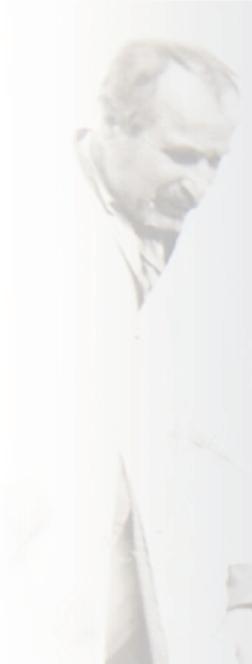
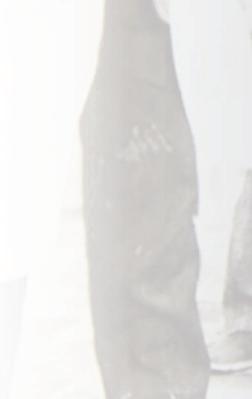


Mhux l-ewwel darba li l-morda kienu jippreferu jÿuru lilu milli jmorru gœand tabib
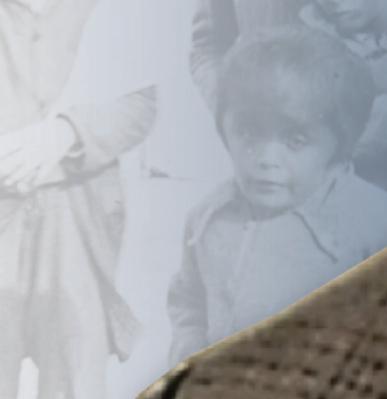
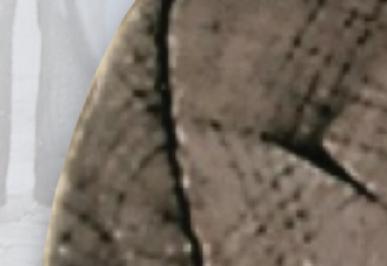











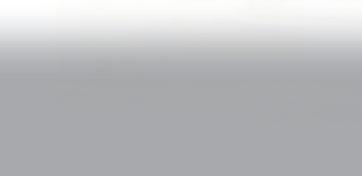




continued from page 9
Lifelong learning (LLL) and continuous professional development (CPD) are pivotal in shaping a sustainable future for the healthcare sector. Insufficient investment in these areas deprives the nursing workforce of essential skills necessary to meet the increasing demands and complexities of patient care. To address workforce shortages, the retention crisis of frontline nurses, and the challenges posed by rising workloads, inadequate remuneration, and unattractive working conditions, it is imperative to prioritise opportunities for nurses such as to engage in digital and green upskilling and reskilling. By placing a strong emphasis on the physical and mental well-being of the workforce, upskilling and reskilling initiatives can cultivate a future-ready adaptable healthcare workforce, contributing to the modernisation of the healthcare sector.
Digital and green upskilling and reskilling initiatives are indispensable
to empowering nurses to actively participate in the digital and green transition within the healthcare ecosystem. Through initiatives like the Pact for Skills, the nursing workforce can gain a comprehensive understanding of digital and green solutions, thereby enhancing their digital literacy. This, in turn, enables nurses to optimise their time and daily work organisation, reduce administrative burdens, improve record-keeping, make evidence-based decisions, increase patient engagement, address health inequalities, and enhance cost efficiency in healthcare systems. As resilient and sustainable healthcare systems continue to evolve, digital and green skills will play an increasingly critical role in improving people’s healthcare experience, driving technological and sustainable innovation, and creating better working conditions for the nursing workforce.
Violence against nurses has grown into epidemic proportions during COVID19 pandemic. Therefore, EFN members believe that national and EU initiatives to
support women should consider severe prison sentences, legal sanctions against perpetrators of violence. Although the EU Victims’ Rights Directive (EC 2012/29/ EU) and strategy (EC COM/2020/258) offer better protection from violence and harassment, the European and international institutions should look at the achievements to date alongside current risks and discuss the next steps forward in strategic cooperation between EU institutions and Member States, International Organisations, NGOs, and researchers in combatting gender-based violence. Thus, the EFN members are calling for all the member states to ratify the ILO convention 190 on violence and harassment. Nurses must be protected and supported through the development of policies, initiatives, and legislation at the national and European levels. Given the severity of the situation, inaction could lead to irreplicable damage to the nursing workforce with more frontline nurses leaving the nursing profession.

Kitba ta’ Joe Camilleri C.N.

Dan l-aħħar ġie f’idejja l-‘Manwal għallInfermiera, Anatomija u Fiżjoloġija’, li m’għandu l-ebda data fuqu ta’ meta ġie stampat u huwa arkivjat fir-Repositorju tal-Universitá ta’ Malta (OAR@UoM). Dan huwa manwal miktub minn tabib, Dr. J. Morana u kien intenzjonat għall-Infermieri u l-Hospital Attendants. It-Tabib Morana kien kiteb ukoll paperback, ‘Taħdidiet fuq isSaħħa’ fl-1950, b’ 84 paġna li kien ippublikat għand l-Istamperija Giov. Muscat. Fuq ilqoxra hemm il-Virga ta’ Asclepius, simbolu tal-mediċina u tal-professjoni medika, ad direttura. Asclepius, kien venerat fil-Greċja antika bħala alla tal-fejqan.
Is-CGMO kien kiteb fid-daœla talmanwal fejn qal li dan kellu jservi ta’ benefiççju gœaliex huwa miktub billingwa tagœna. Dan il-manwal jittratta biss l-anatomija u l-fiÿjoloæija u mhux xi proçeduri jew œiliet infermeristiçi. Is-CGMO kien Dr. Alfred Grech allura seta’ nkiteb bejn l-1975 u l-1986.
Gœalkemm miktub bil-Malti, iltqajt ma çertu kliem li jien qatt ma kont iltqajt magœhom, imma mhux neçessarjament dawn huma ÿbaljati, gœalkemm jidhru pjuttost strambi. Dan gœaliex fi ÿmienna studjajna biss b’manwali miktuba bl-Ingliÿ biss.
Pereÿempju qrajt il-kelma ‘orekjetti’, bit-Taljan ‘orechietti’, jew bl-Ingliÿ ‘auricles’ li nsibu fil-qalb. Sibt ukoll ‘Biex meta l-qalb tiddilata d-demm...’ fejn ried jgœid ‘to dilate’, bl-Ingliÿ. Kliem ieœor huwa kif æej: coççigeo/ coççigei gœall coccyx (mingœajr il-k); Tubu ta’ Ewstakju (Eustachian tube); l-att tal-bliegœ jiæifieri swallowing; Il-katina tas-simpatiku (tal-kolonna vertebrali); fosos nasali; in-nerv vago u n-nerv motur; organu emuntur; tubi convoluti (konvoluti); l-arterji afferenti; isfinteriku; il-œnuk u s-solki; impalkatura fejn jgœaddu l-fibri; kuxxinett tal-ilma; sustanza kornuÿa; it-tunika avventizja; id-demm ikun jista’ jikkvagula; mblukkati bil-muko; tubi convoluti (mingœajr il-k); Il-glandoli surrenali; ilmanubriu tal-isterno; Il-æog tas-simfisi tal-pube; il-hypobromite tas-soda; iskium ta’ taœt; u klorur (bleaching powder); Il-glandola sottomascellari



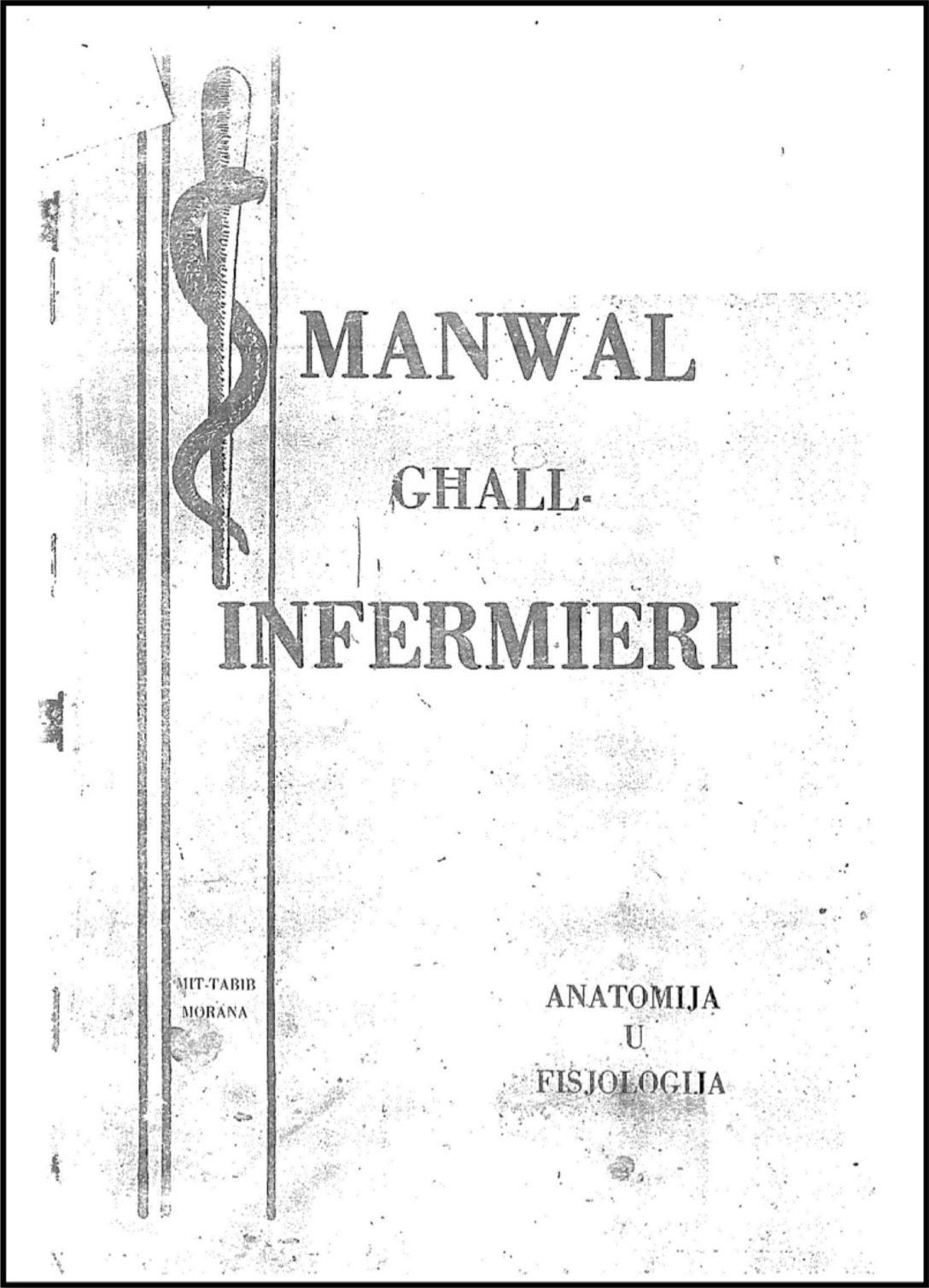






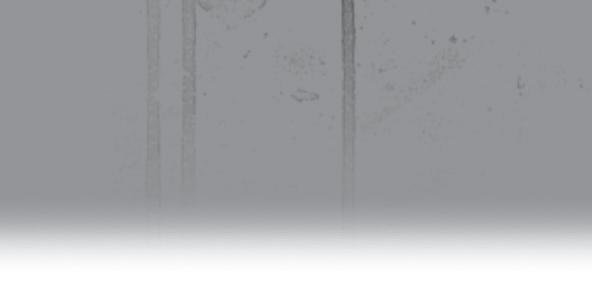

taœt il-maxella; il-glandoli sottolinguali; il-bolo tal-ikel; l-addome eçç. Œafna mill-kliem huwa ovvjament taljanizzat jew li baqa’ bit-Taljan biss.
Kliem ieœor li baqa’ bl-Ingliÿ huwa: l-amylase; il-lactase; il-maltase; collecting tubule; cochlea/ cochleari; cortex; glycogen; Peyers’ Patches eçç jew anke inglanizzat bœal ‘it-toracica’ gœal ‘thoracic’ (is-sider); ‘espirazzjoni’ qawwija, ‘laringe’ gœall-larynx; u reumattiÿmu (minflok rumattiÿmu).
Interessanti li gœall-pancreas ma kitibx frixa, iÿda œalliha kif inhi, bœalma æara bil-kelma ‘chyme’. L-awtur ma tantx kiteb fuq l-anatomija tal-fwied, gœal xi raæuni. Gœalkemm gœandna l-kelma ‘vixxri’ bil-Malti pur, l-awtur jikteb ‘l-imsaren’ kif nitkellmu llum.
Il-manwal fih illustrazzjonijiet blIngliÿ, bil-Latin u anke bil-Malti. Tajjeb infakkru li l-ewwel definizzjonijiet li dehru dwar l-anatomija fid-dinja kienu madwar œames t’elef sena ilu fil-Greçja l-Antika. Dawn kienu kliem sporadiçi u kienu jiddependu biss fuq l-immaæinazzjoni u l-osservazzjonijiet tal-anatomist. F’dak iÿ-ÿmien, it-tobba kienu jafu b’madwar seba’ mitt kelma differenti. Meta r-Rumani rebœu ‘l

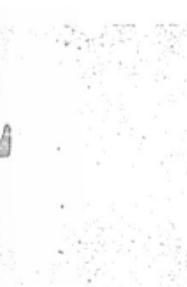


Greçja (146 BCE), addottaw il-kultura u l-kisbiet xjentifiçi kollha ta’ dak iÿÿmien u magœhom ÿdiedu termini bil-Latin. Wara æew Sylvius ta’ Pariæi u Bauhin ta’ Basel, u l-aœœar stadju kien dak li seœœ fl-aœœar tad-19-il seklu meta æie ippublikat l-ewwel sett ta’ terminoloæiji anatomici internazzjonali bl-isem ta’ Nomina Anatomica.
Ktieb ieœor li kien œareg 70 sena qabel dan il-manwal jiæifieri fl-1904 bl-isem ta’ ‘Il Ctieb ta’ l’Infermier’ ta’ J. S. Galizia, isemmi kliem ieœor bœal ‘suturi’; ‘vertice’; ir-‘retto’ (rectum); l-‘artu ta’ fuk’; il-‘bacin’; l-òrganu tal-Œass; u anke il-‘piloru’. Illum toqgœod tqis ma nitkellmux ta’ kuljum b’dawn it-termini tekniçi u jekk wieœed jagœmel hekk bilkemm ma jibdewx jibissmu dawk li jkunu qed jisimgœuk jew jaqrawhom. Mindu ttieœdu d-deçiÿjonijiet ta’ ‘Deçiÿjonijiet 2’ tal-Kunsill Nazzjonali tal-Ilsien Malti, qabel ma niddeçiedu li nuÿaw kliem minn lingwi oœra, l-aktar fil-kitba, gœandna niÿguraw ruœna li ma hemmx kliem ieœor diæà stabbilit fil-Malti u li jaqdina tajjeb. Kliem ieœor li m’gœandniex gœalih bil-Malti aœjar li jibqa’ bil-lingwa oriæinali.
Are you a qualified healthcare professional?
Would you like to further your knowledge & qualifications?
POSTGRADUATE COURSES OFFERED BY THE FACULTY OF HEALTH SCIENCES
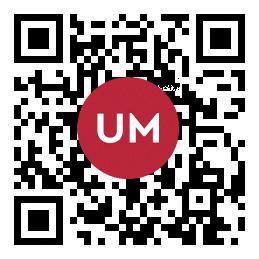
CONTACT US
+356 2340 1830
healthsciences@um.edu.mt
Faculty of Health Sciences, Block A, Level 1, Mater Dei Hospital, Msida, Malta um.edu.mt/healthsciences

ikompli minn paġna 13

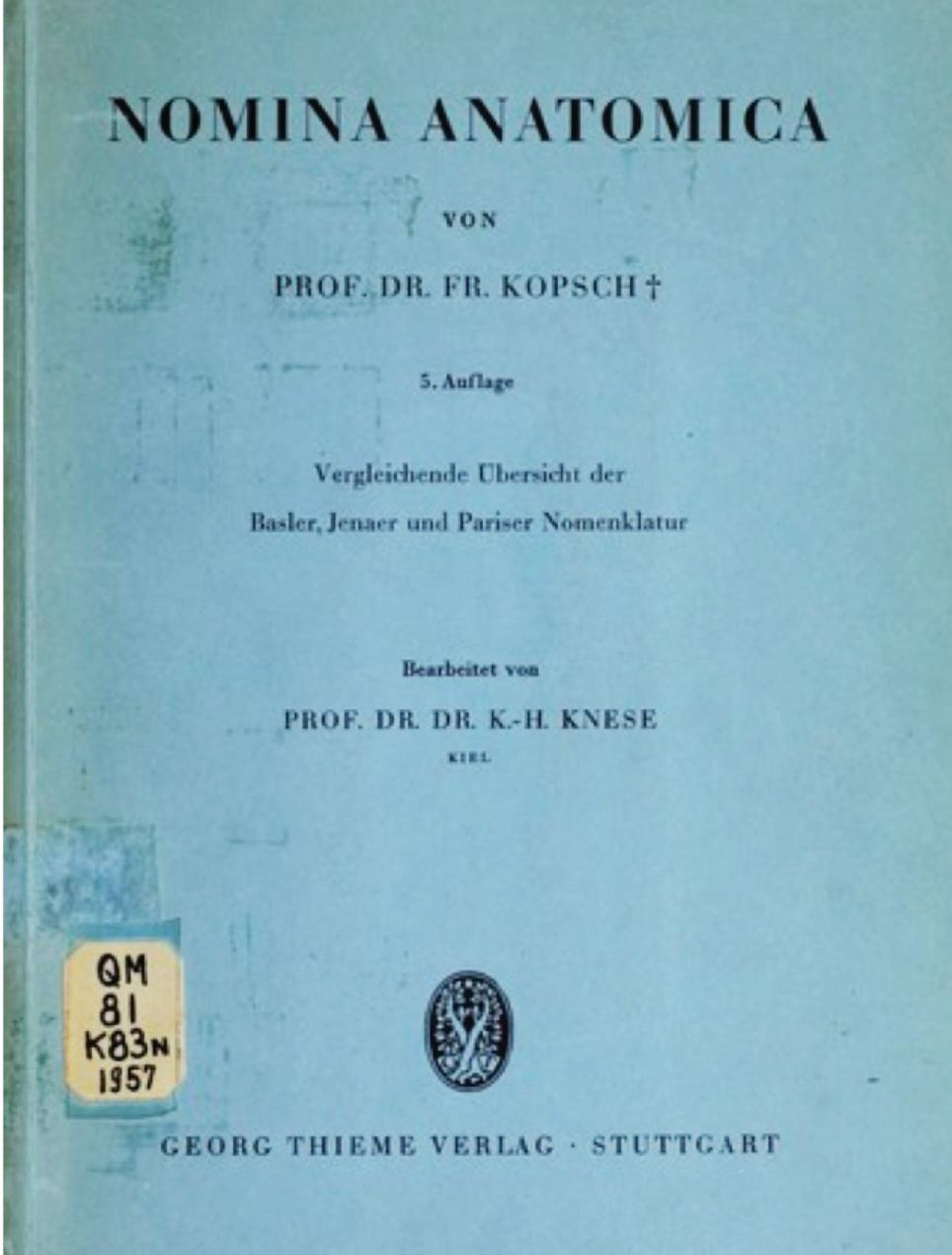

In-Nomina Anatomica ta’ Kopsch
Kliem bil-Malti pur u ta’ oriæini semitika kellna wkoll, u dan jixhed x’kiteb Pisani fil- ‘Ktieb tal-Qâbla’ fl1883. Pereÿempju l-kliem ‘l-ilma talisqija’ ifisser amniotic fluid; ‘borqom’ gœall-amniotic sac; ‘l-gœant’ jew ‘ilfetœa tal-gœant’ gœall-vagina; ‘bxima’ gœall-placenta; il-‘qannuba’ gœallclitoris/ klitoride; ‘il-falda’ gœall-vulva u ‘in-nâtki’ gœaÿ-ÿewæ partijiet talpatata (il-wardiet). Mill-banda l-oœra, ‘It-toqba tal-fundament’ (gœat-toqba tal-patata) u ‘il-pirinew’ (gœall-ispazju bejn ‘it-toqba tal-patata’ u ‘l-gœaqda tal-warrani’) huma kliem mir-rumanz.
Gœandek tgœid, il-Maltin ta’ dari gœal kollox kellhom kelma, imma minœabba l-influwenza tal-lingwa barranija, itTaljan u l-Ingliÿ œadu post il-Malti. X’œasra hux? ❙
RIFERENZI
https://pubmed.ncbi.nlm.nih.gov/17585563/ Morana, J, Manwal gœall-Infermieri, Anatomija u Fisjoloæija, bla data
Farrugia George, Deçiÿjonijiet 2, Il-Kunsill Nazzjonali tal-Ilsien Malti, 1992
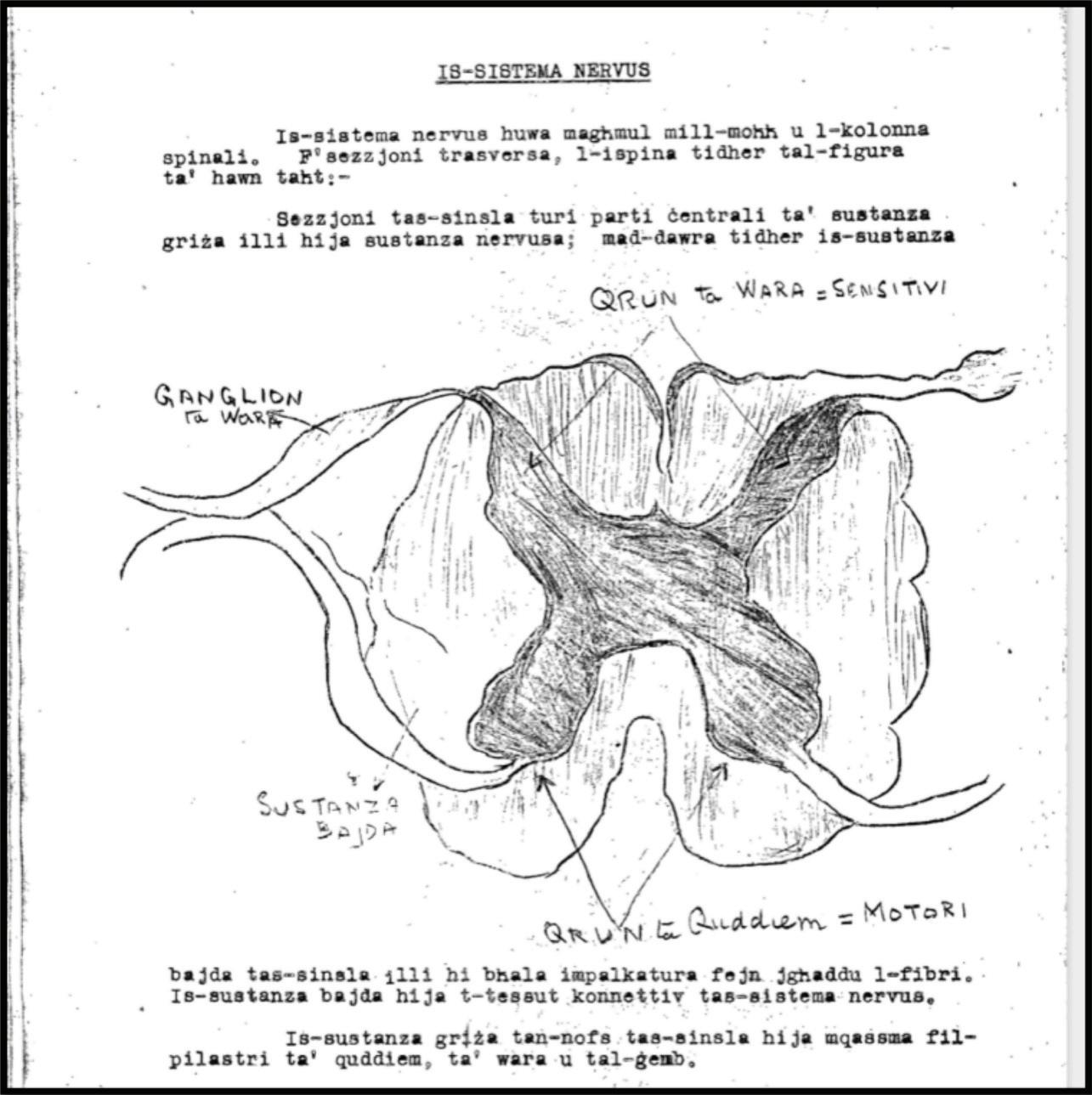


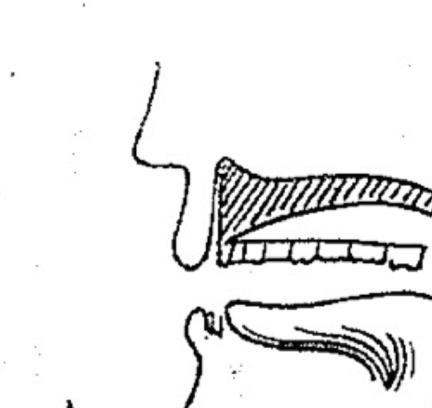
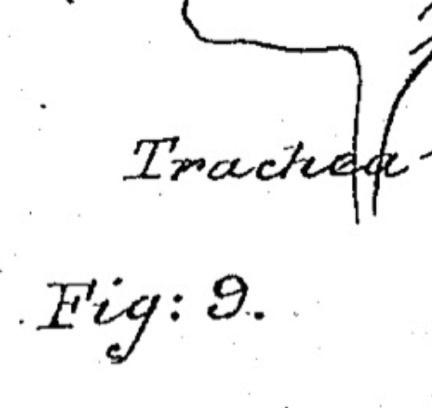
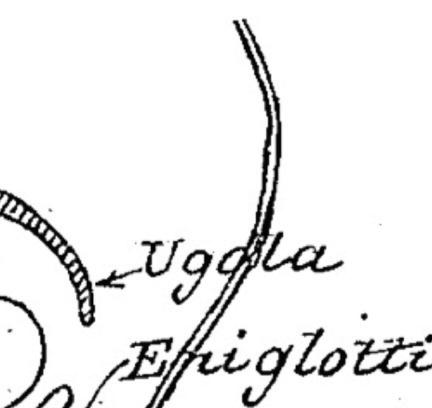


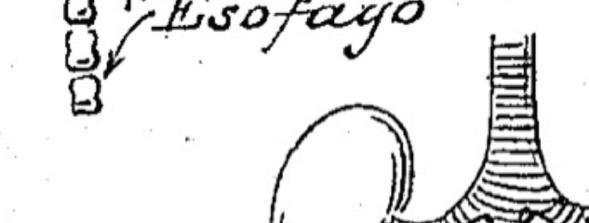
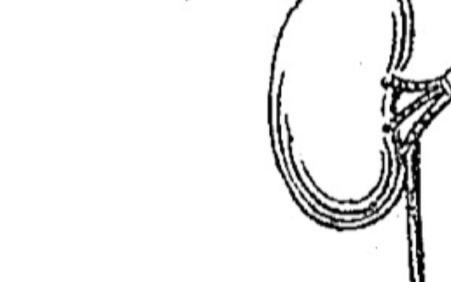

Galizia, J. S, Il Ctieb ta l-Infermier, 1904 Pisani Salvatore Luigi, Ktieb il-Qâbla, 1883
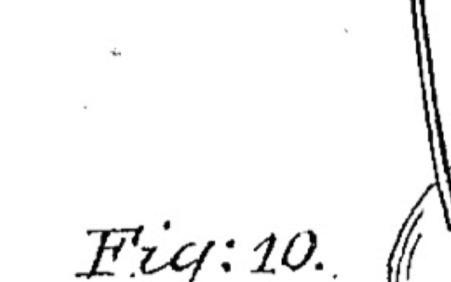

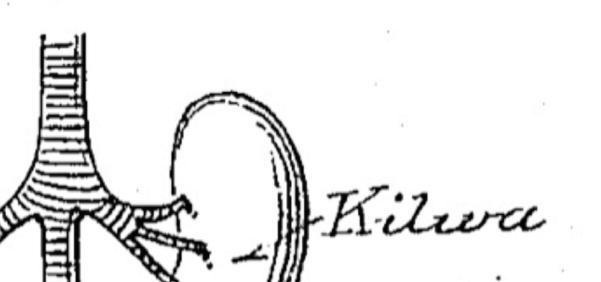


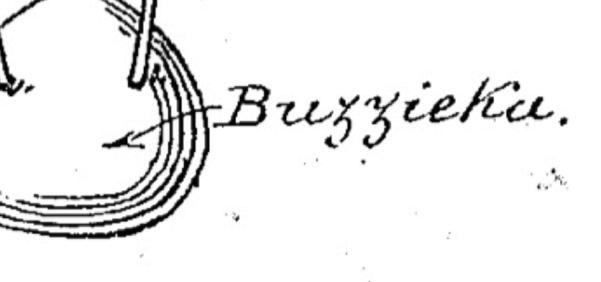




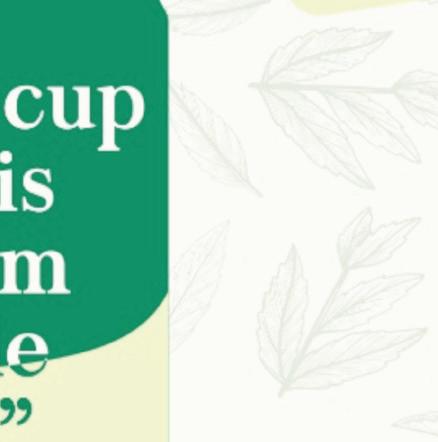

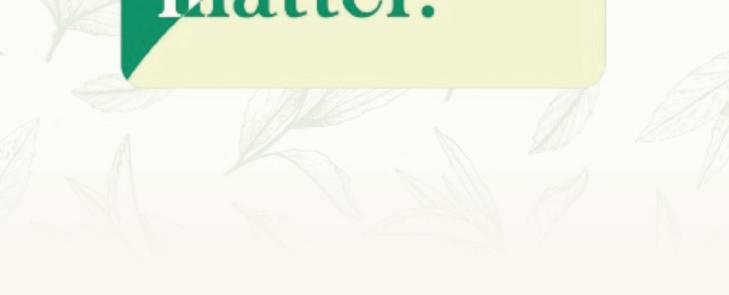

Bio3 Weight Control Tea contains key ingredients that naturally help your body through weight loss, but losing weight requires your commitment, and a balanced diet and regular exercise are essential in maintaining a healthy lifestyle.
Bio 3 Weight Control Tea is a weight control tea that consists of natural plants which efficiently regulate the intestinal function. It is enriched with wild varieties of weight loss herbs including Wild mallow, Cassia leaves and sage leaves. They have digestive and antispasmodic properties to avoid cramps and also have an anti-inflammatory action.
It is essential for any weight loss diet and also for the occasional constipation. It will help you keeping your body in shape, get back into rhythm and feel lighter. It is also useful to treat constipation that occurs after giving birth, however consult with your doctor first. It is contraindicated in cases of intestinal obstruction, chronic constipation and during pregnancy. It is contraindicated in children.
Bio 3 helps eliminate toxins which can be harmful to the body and it is recommended to take it when you want to cleanse the body. Its purgative action makes it very effective to regulate the intestinal function and to remove body fat.
It is recommended to take the infusion (1 daily) after dinner and prolonging its use, a week or ten days. Once you regain your regularity, you can rely on other products such as Bio3 Fiber with Fruits or Bio3 Diet Solution.
It is theine, caffeine and gluten free and contains no artificial colours or preservatives.


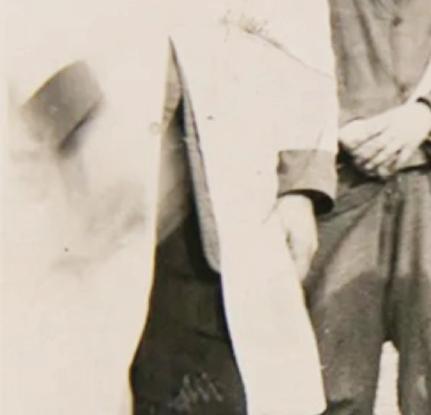
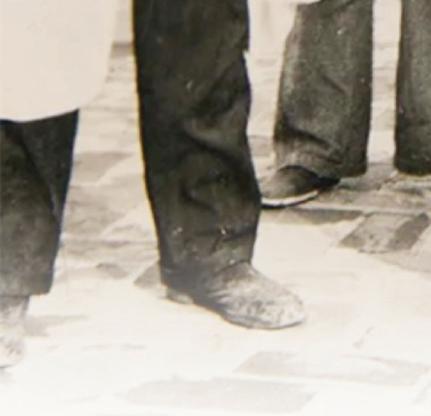

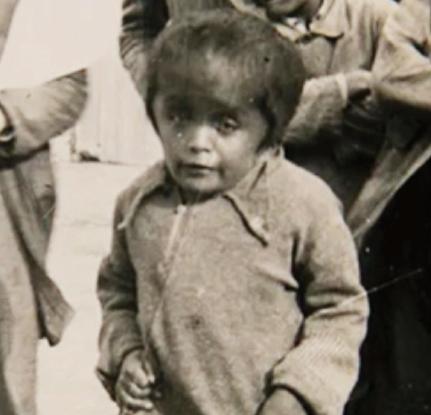
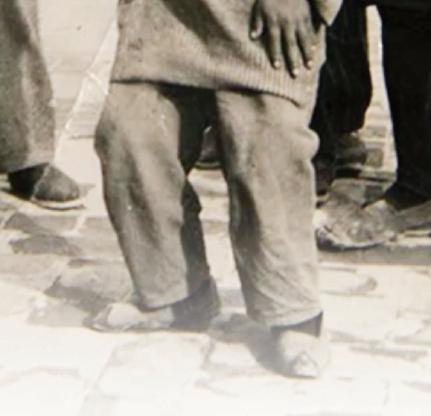
Ritratt, Arkivji Storiçi Salesjani, Bahía Blanca, l-Aræentina

ikompli minn paġna 11
Huwa kien bniedem li dejjem stajt tikkomunika miegœu, kien juri simpatija enormi u kien jieœu pjaçir jitœallat u jitkellem ma’ nies sempliçi u fqar. Kien kompletament iddedikat mal-ifqar fost il-fqar, ma’ dawk abbandunati u mal-imwarrba. Wara kollox huwa kien bniedem t’Alla, fejn wieœed tabib ateu fl-isptar kien jgœid fuqu: “Meta rajt lillBr.Zatti, in-nuqqas ta’ twemmin li kelli, naqas mhux ftit”. Ieœor kien qal: “Jien bdejt nemmen f’Alla minn mindu ltqajt ma’ Br.Zatti”.
Fl-1950, dan l-infermier li œadem bla heda waqa’ minn fuq sellum u minn hawn bdew joœorgu s-sintomi talkankru, li hu stess induna bihom b’mod mill-aktar çar. Gœaldaqstant, huwa kompla l-missjoni tiegœu gœal sena oœra, sakemm, wara li aççetta s-sofferenzi tiegœu b’mod erojku, huwa miet fil-15 ta’ Marzu 1951.
Huwa kien iddikjarat Venerabbli fis-7 ta’ Lulju 1997 u æie ibbeatifikat minn San Æwanni Pawlu II fil-pjazza ta’ San Pietru, Ruma, fl-14 t’April 2002. Artémides æie iddikjarat qaddis il-Œadd 9 t’Ottubru 2022. F’ Novembru 2022, waqt il-Konferenza tal-Isqfijiet f’ Buenos Aires, San Artémides Zatti SDB æie wkoll iddikkjarat il-qaddis patrun tal-infermiera tal-Argentina. ❙
Referenzi
https://www.sdb.org/en/Salesian_Holiness/List
https://www.infoans.org/en/sections/news/item/16635argentina-artemide-zatti-named-patron-of-nurses-ofargentina
https://aleteia.org/2022/11/06/5-pictures-of-a-saint-indaily-life-meet-this-nurse-of-the-poor/
https://www.vaticannews.va/en.html
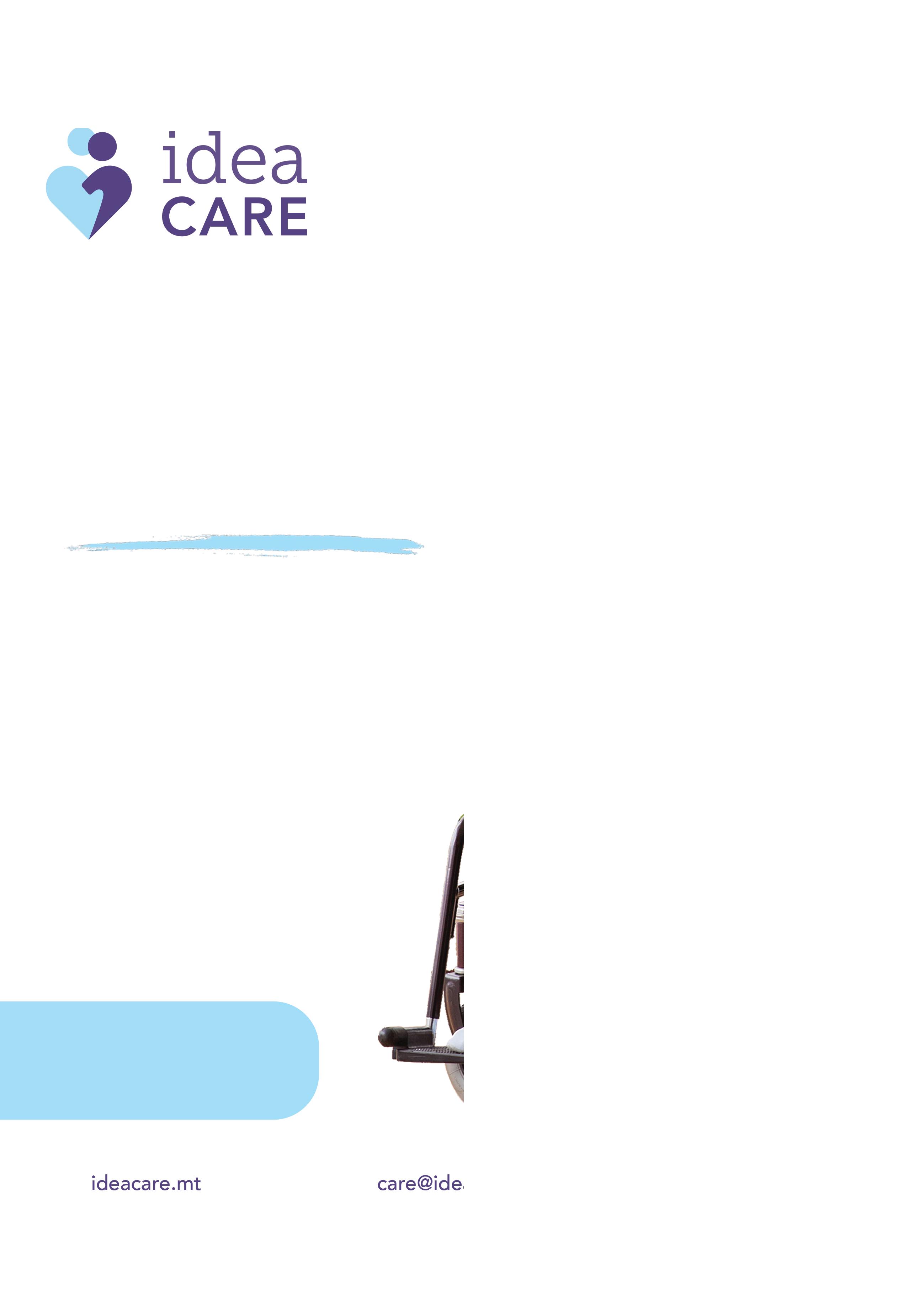

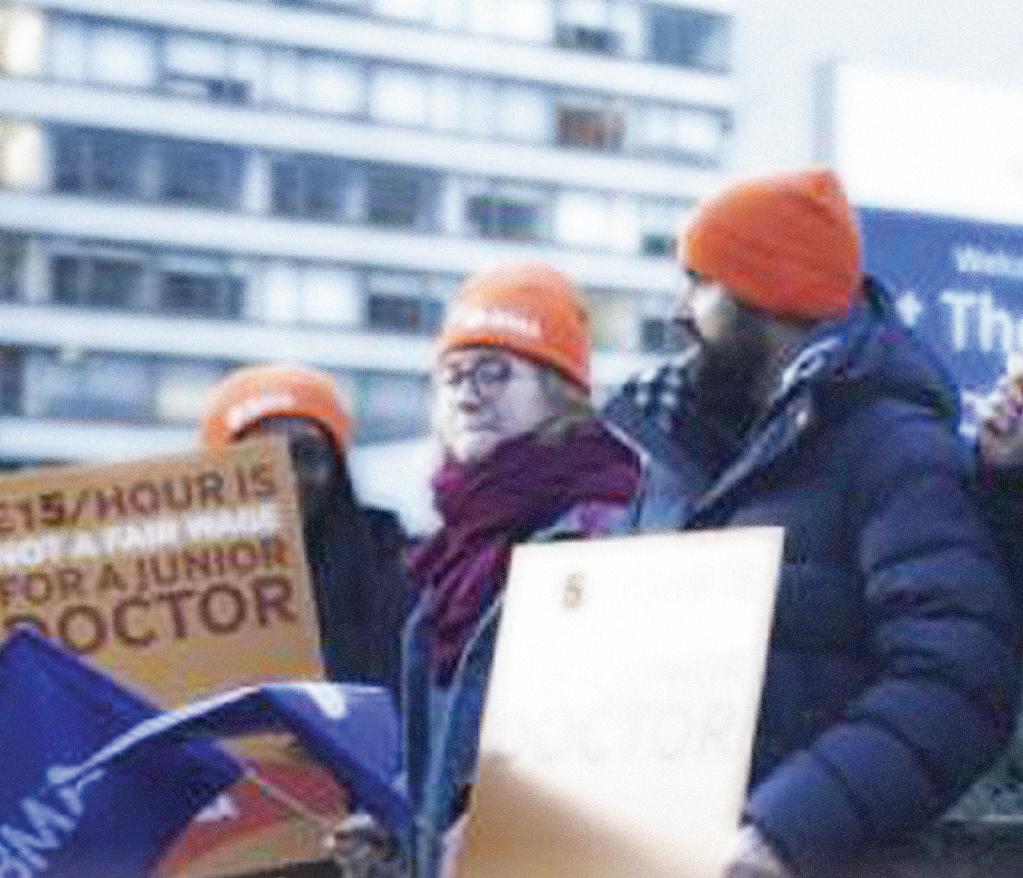
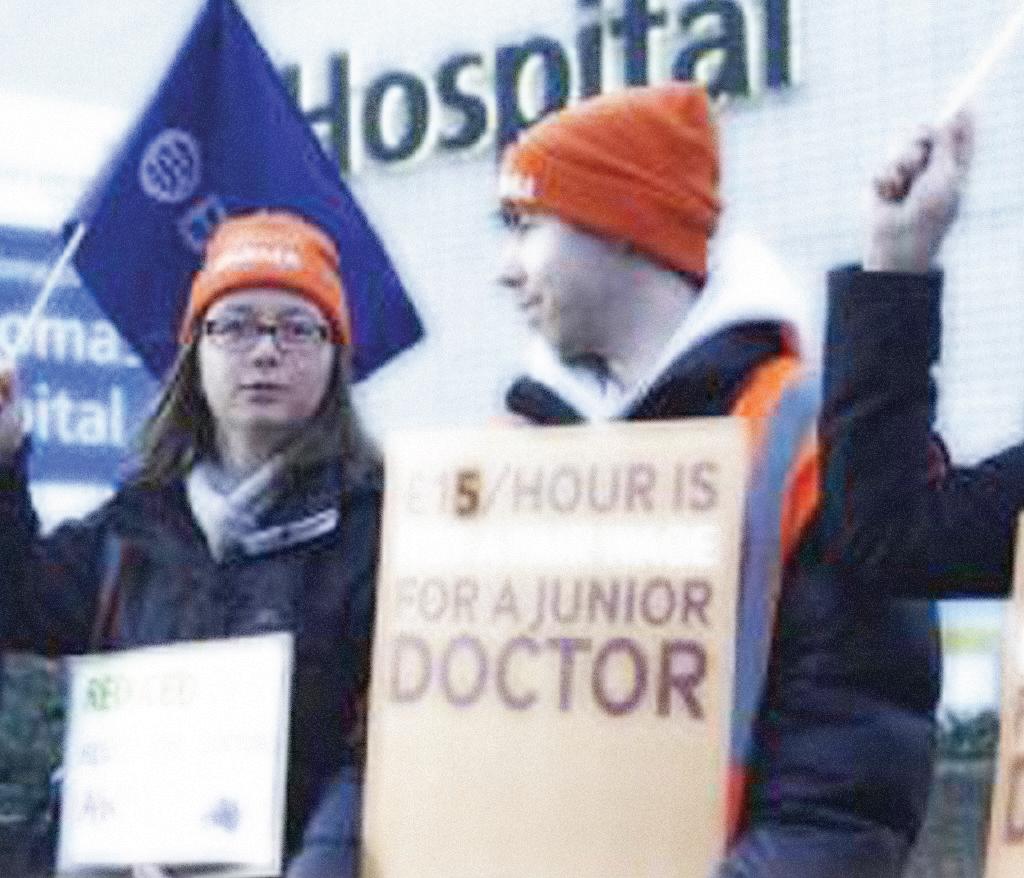



Associated PressWednesday, 3 January 2024
Thousands of doctors walked off the job in Britain on Wednesday, the start of a sixday strike over pay that was set to be the longest in the history of the state-funded National Health Service.
Managers said tens of thousands scheduled appointments and operations will be canceled during the walkout across England and Wales by junior doctors, those in the first years of their careers.
The doctors, who form the backbone of hospital and clinic care, plan to stay off the job until 7 a.m. on Tuesday.
Senior doctors and other medics have had to be drafted in to cover for emergency services, critical care and maternity services.
Julian Hartley, chief executive of heath care managers’ organization NHS Providers, said the strike came at one of the toughest times of the year for the health service, “immediately after the Christmas and New Year period because of the pressures the demands,
and of course we’ve got flu, we’ve got COVID.
“So there’s going to be an impact on patients that will be significant,” he said.
Britain has endured a year of rolling strikes across the health sector as staff sought pay rises to offset the soaring cost of living. Unions say wages, especially in the public sector, have fallen in real terms over the past decade, and double-digit inflation in late 2022 and early 2023, fueled by sharply rising food and energy prices, left many workers struggling to pay their bills.
The union says newly qualified doctors earn 15.53 pounds ($19.37) an hour — the U.K. minimum wage is just over 10 pounds an hour — though salaries rise rapidly after the first year.
On a picket line outside St. Thomas’ Hospital in central London, 28-year-old Dr. Georgia Blackwell said stress and low pay were driving many doctors to take jobs overseas.
“A lot of doctors are moving to Australia – not just because of the pay, but also
the work-life balance is better,” she said.
The walkouts have strained the already stretched health service still struggling to recover from backlogs created by the coronavirus pandemic.
Nurses, ambulance crews and senior doctors have reached pay deals with the government, but the union representing junior doctors has held out, and negotiations broke down late last year. The government says it won’t hold further talks unless doctors call off the strike, while the medics’ union, the British Medical Association, says it won’t negotiate unless it receives a “credible” pay offer.
The union says junior doctors’ pay has been cut by more than a quarter since 2008.
“The notion that we’re hellbent on calling strikes and all we want to do is call strikes is not what we want,” said Dr. Vivek Trivedi, co-chair of the British Medical Association’s Junior Doctors Committee. “What we want is to negotiate an offer we can put to our members and for our members to accept it.” ❙
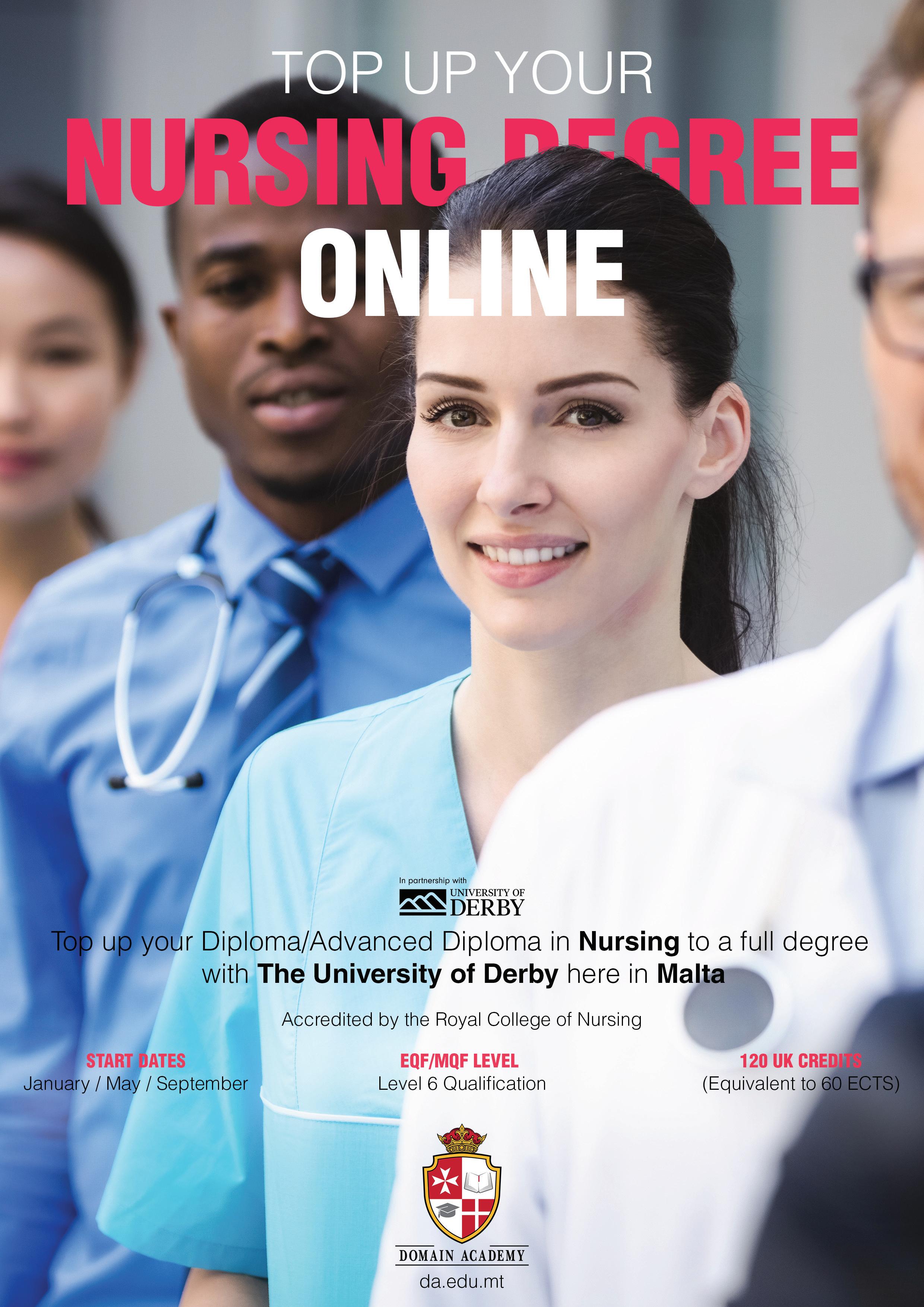


















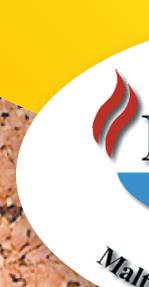


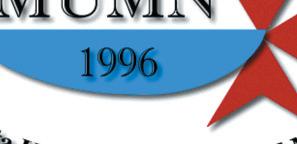

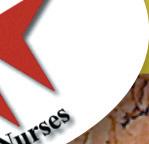





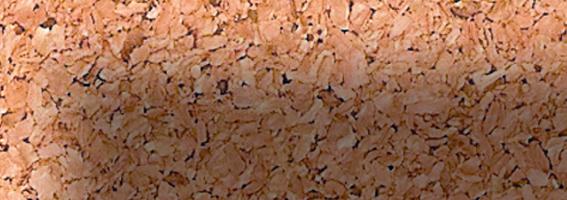




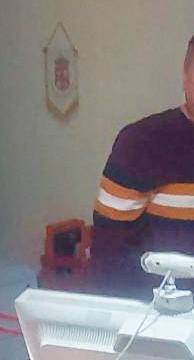




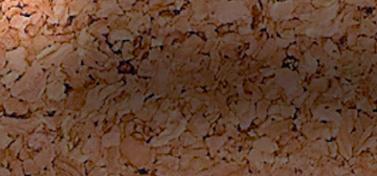
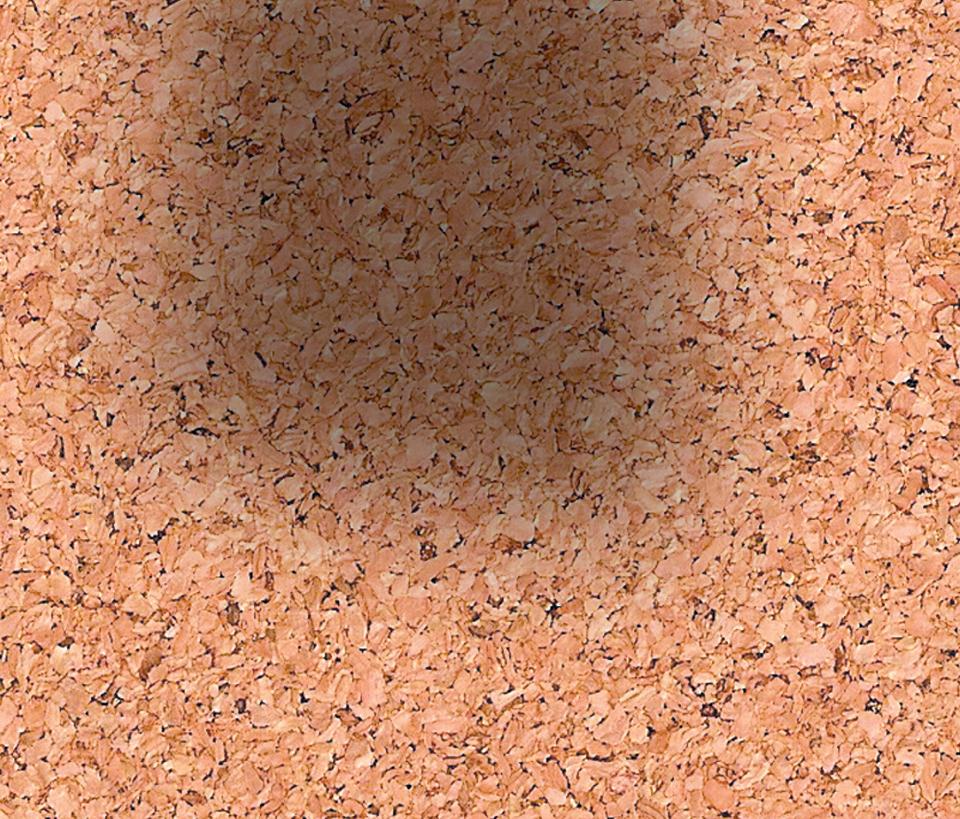













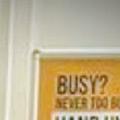
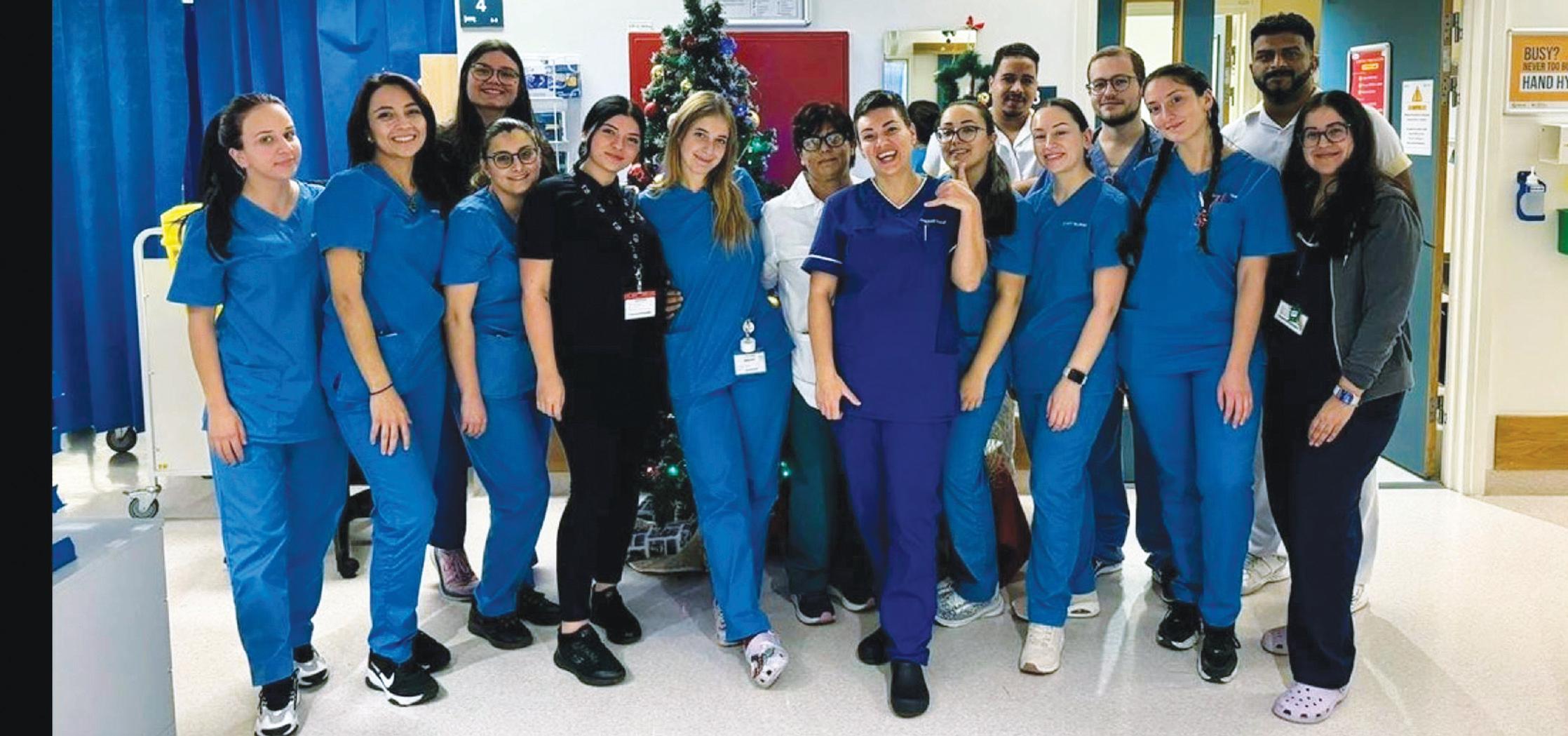





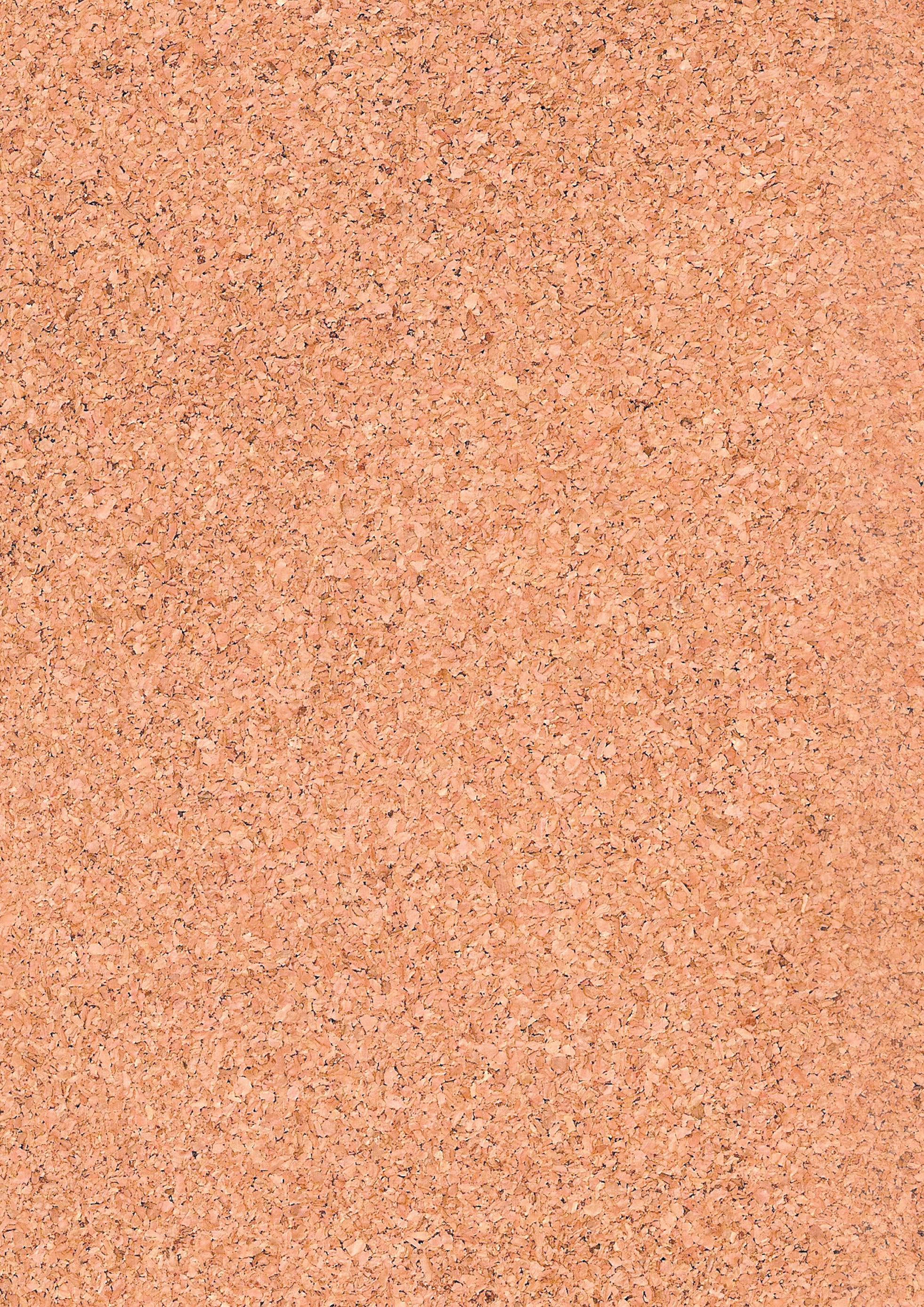

Dr. David

MCESD
MUMN premises to discuss For.U.M. issues in this fora
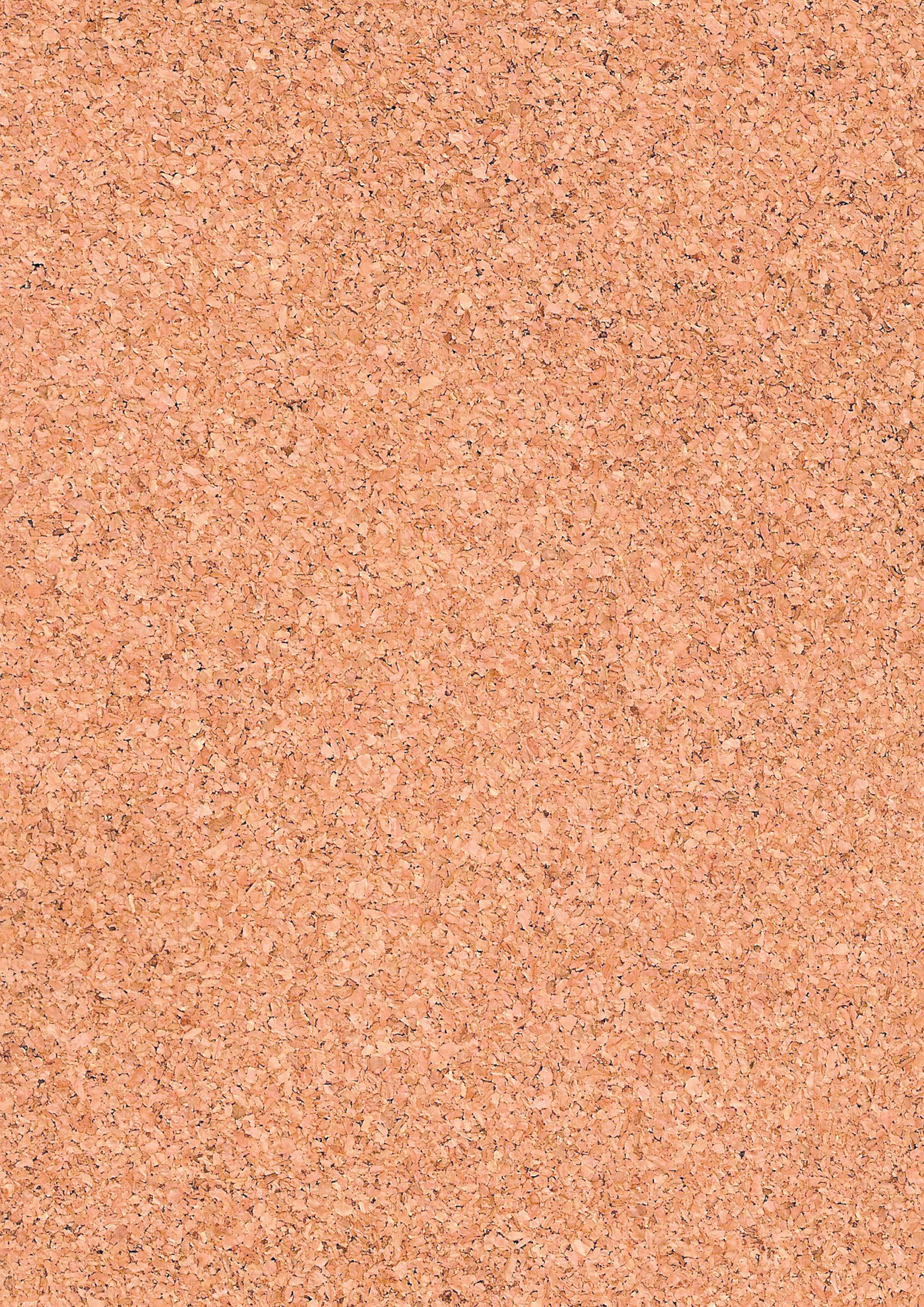
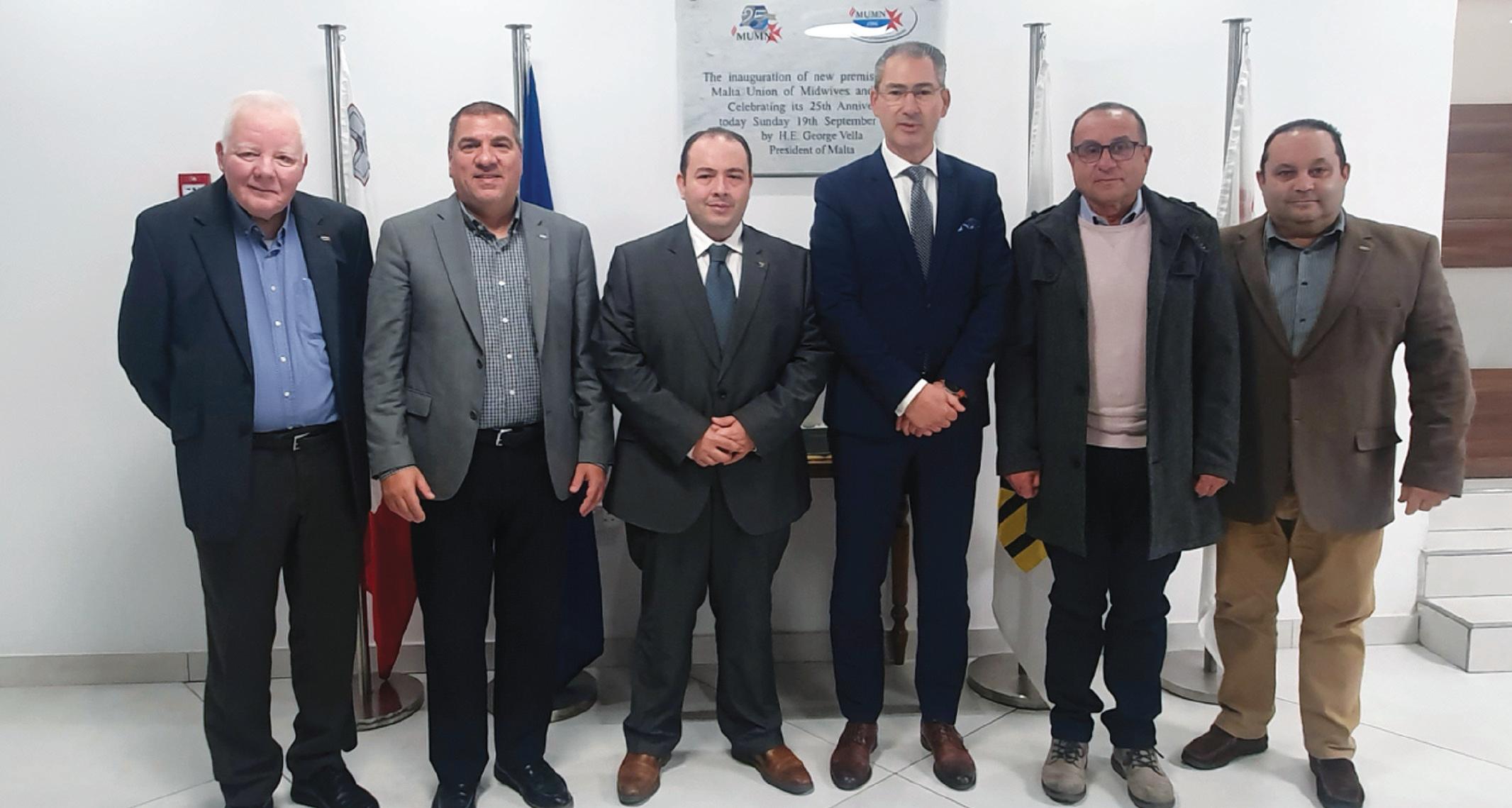



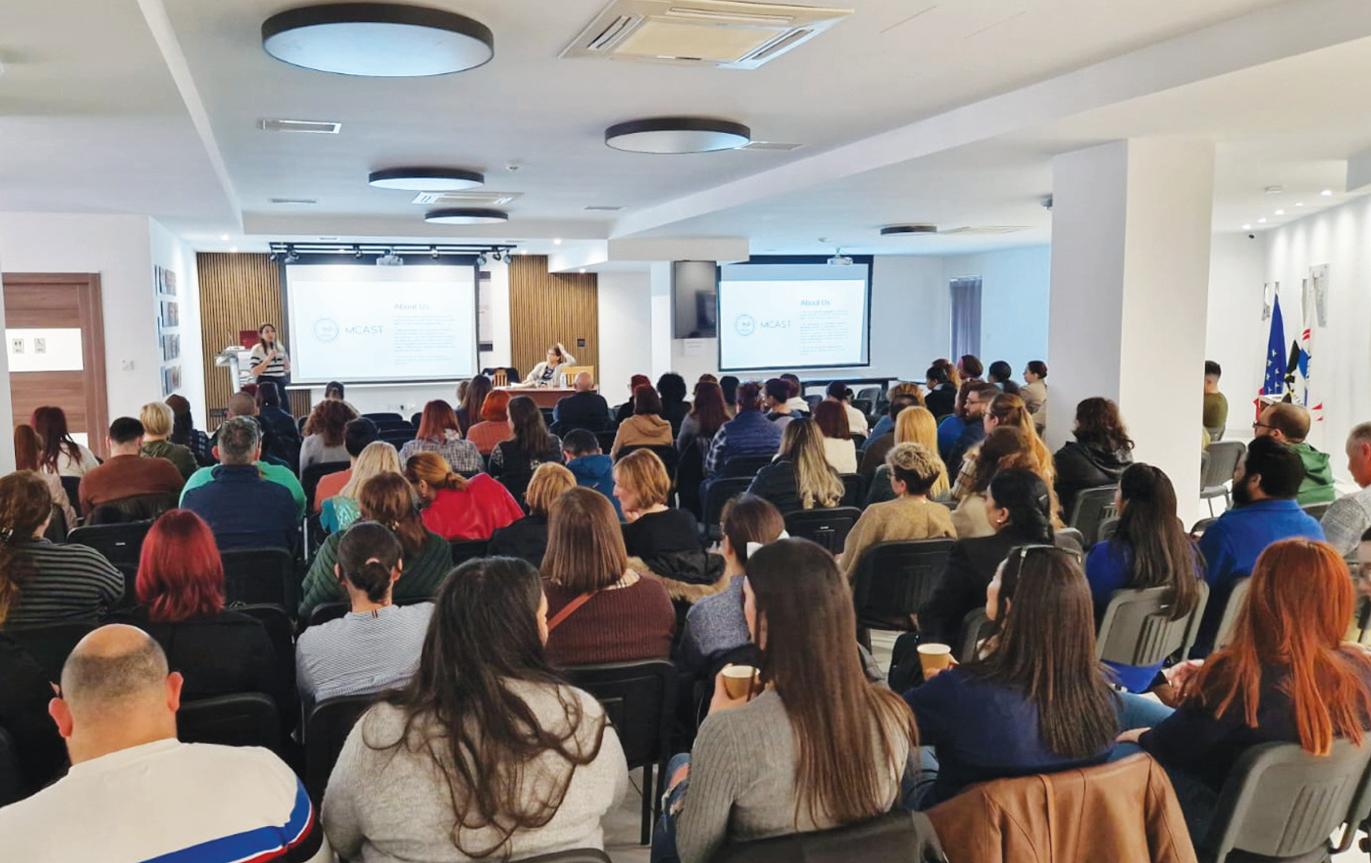

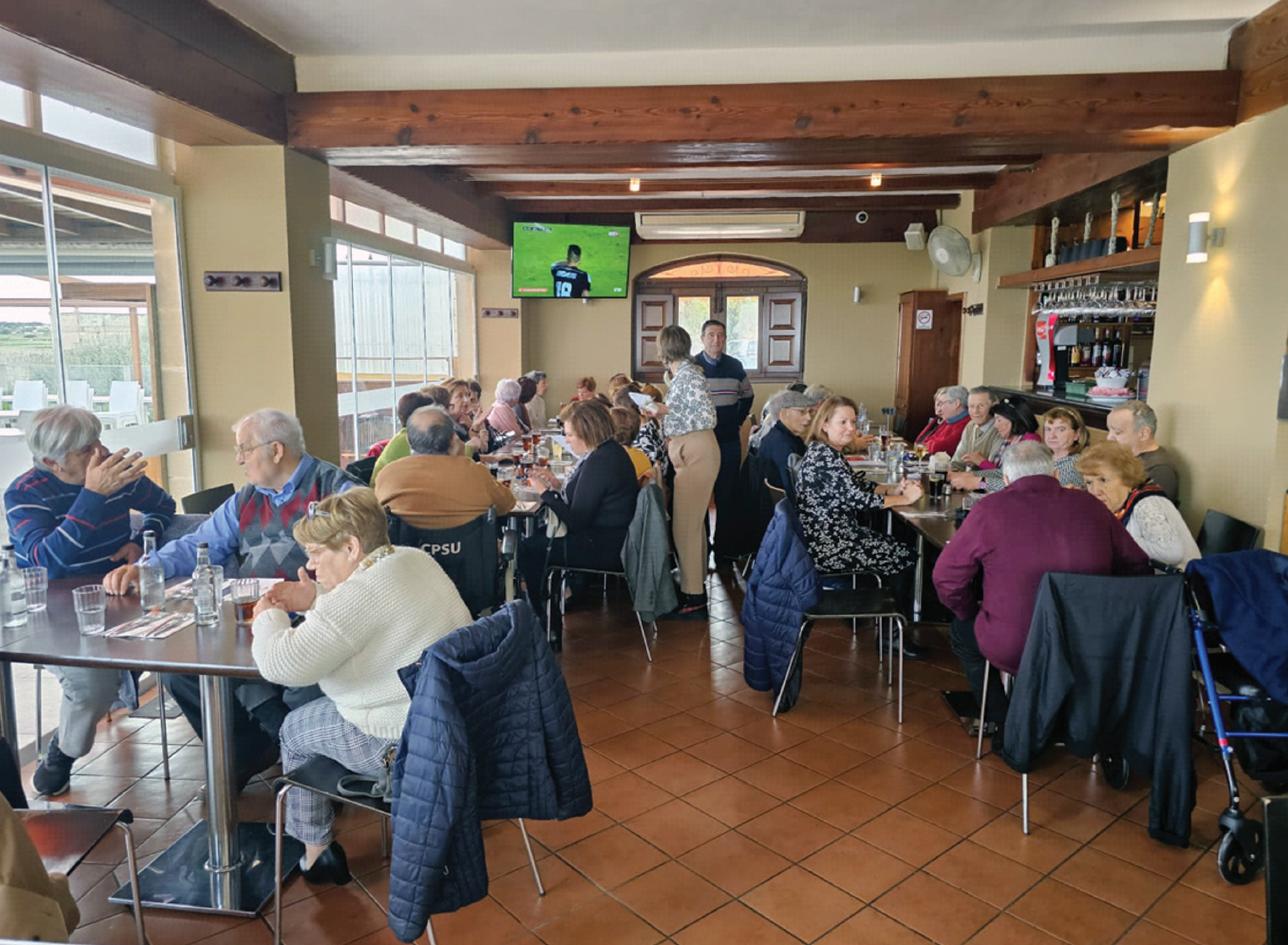


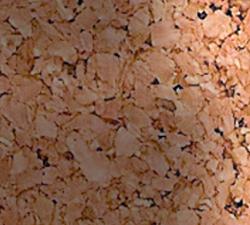
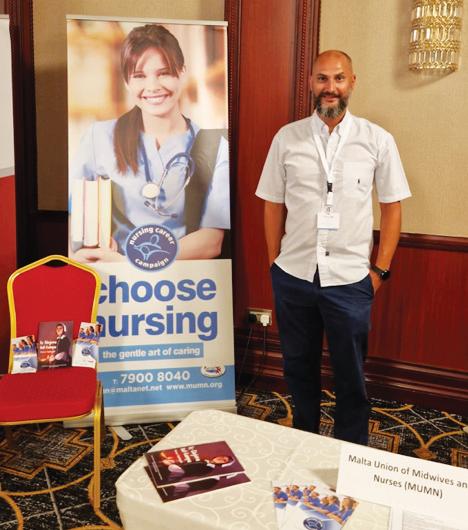
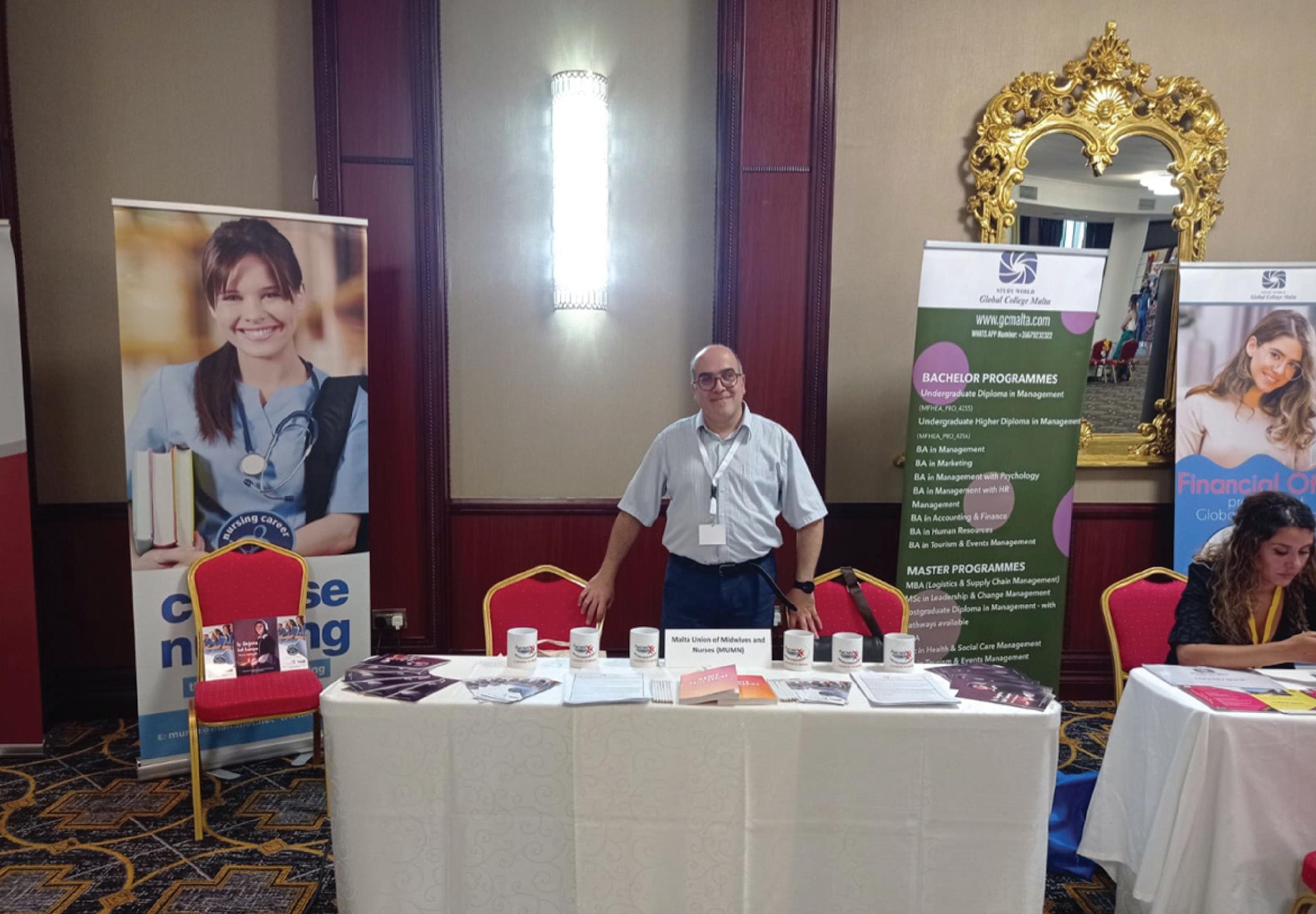 Xuereb Chairman
visited
MUMN Council Members attend several careers fairs during the year to attract youths to the nursing profession
The Pensioners Group Committee organised another interesting outing for its members
Xuereb Chairman
visited
MUMN Council Members attend several careers fairs during the year to attract youths to the nursing profession
The Pensioners Group Committee organised another interesting outing for its members
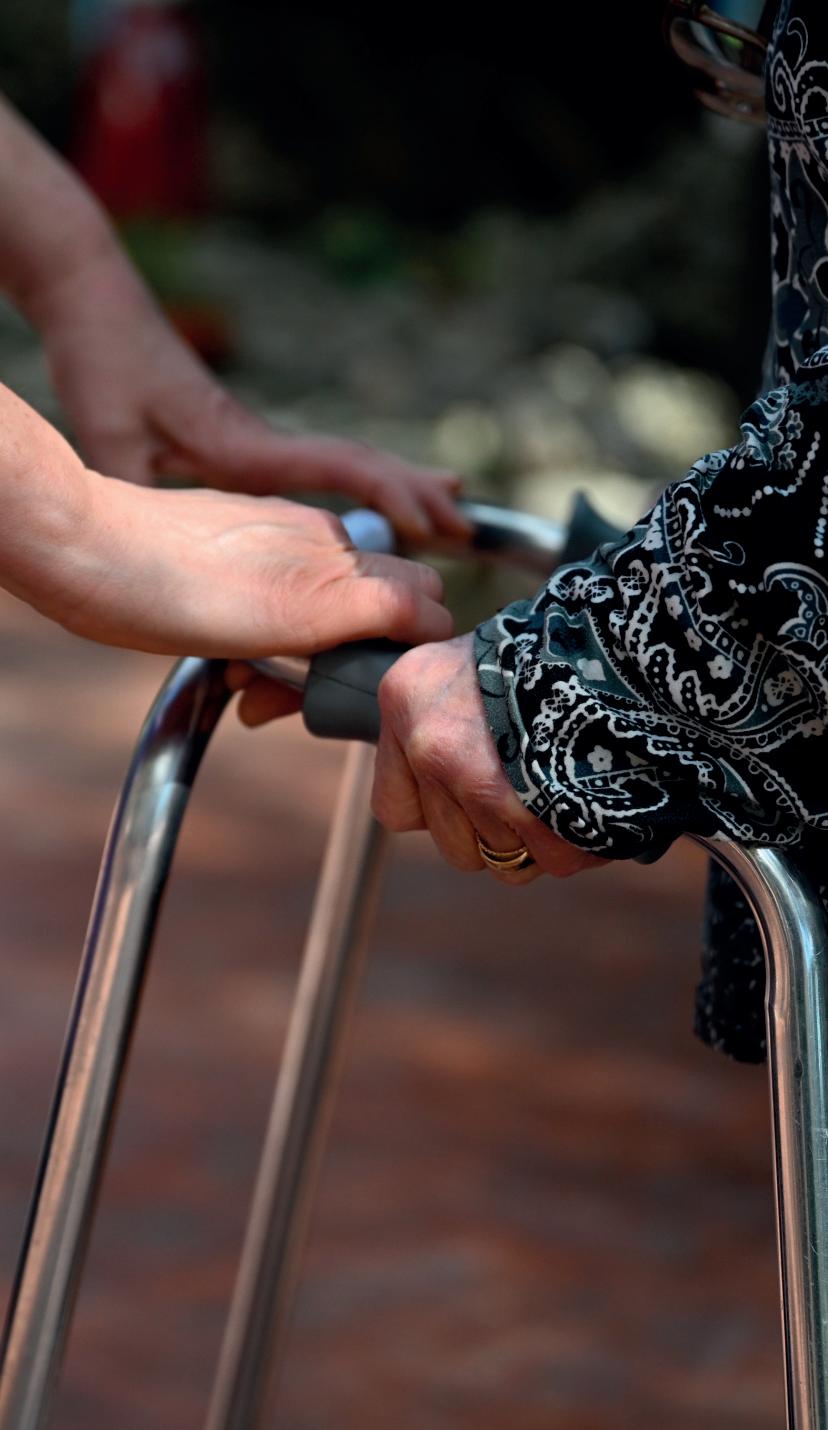
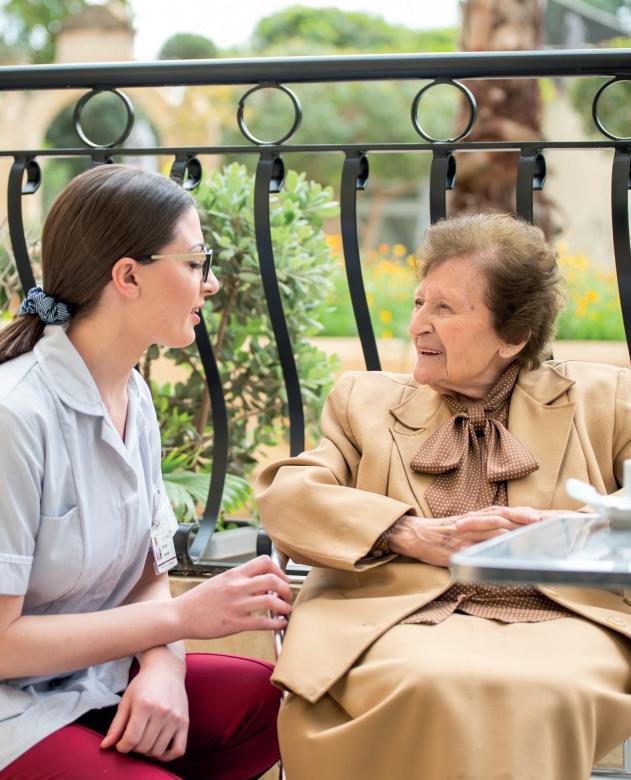
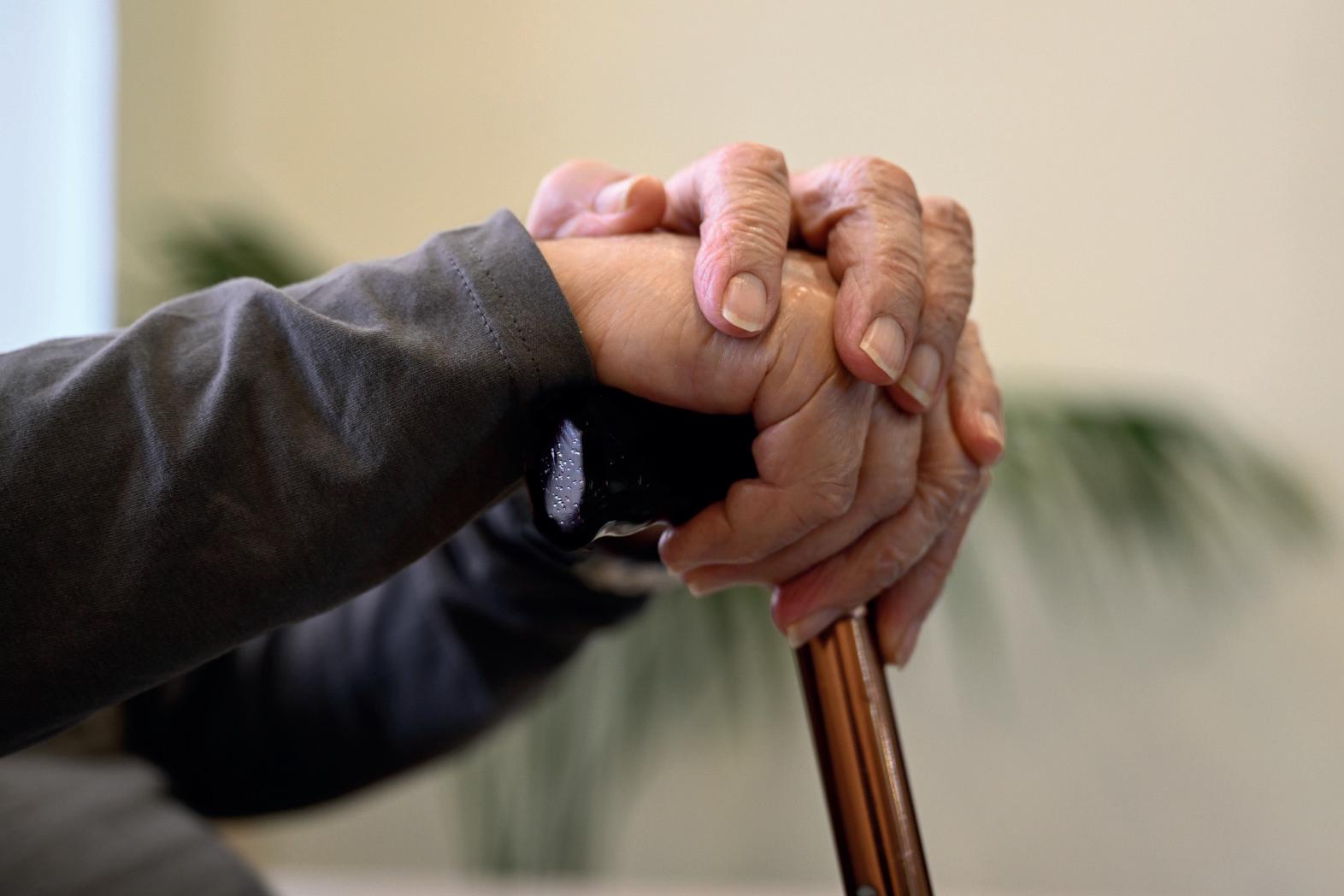
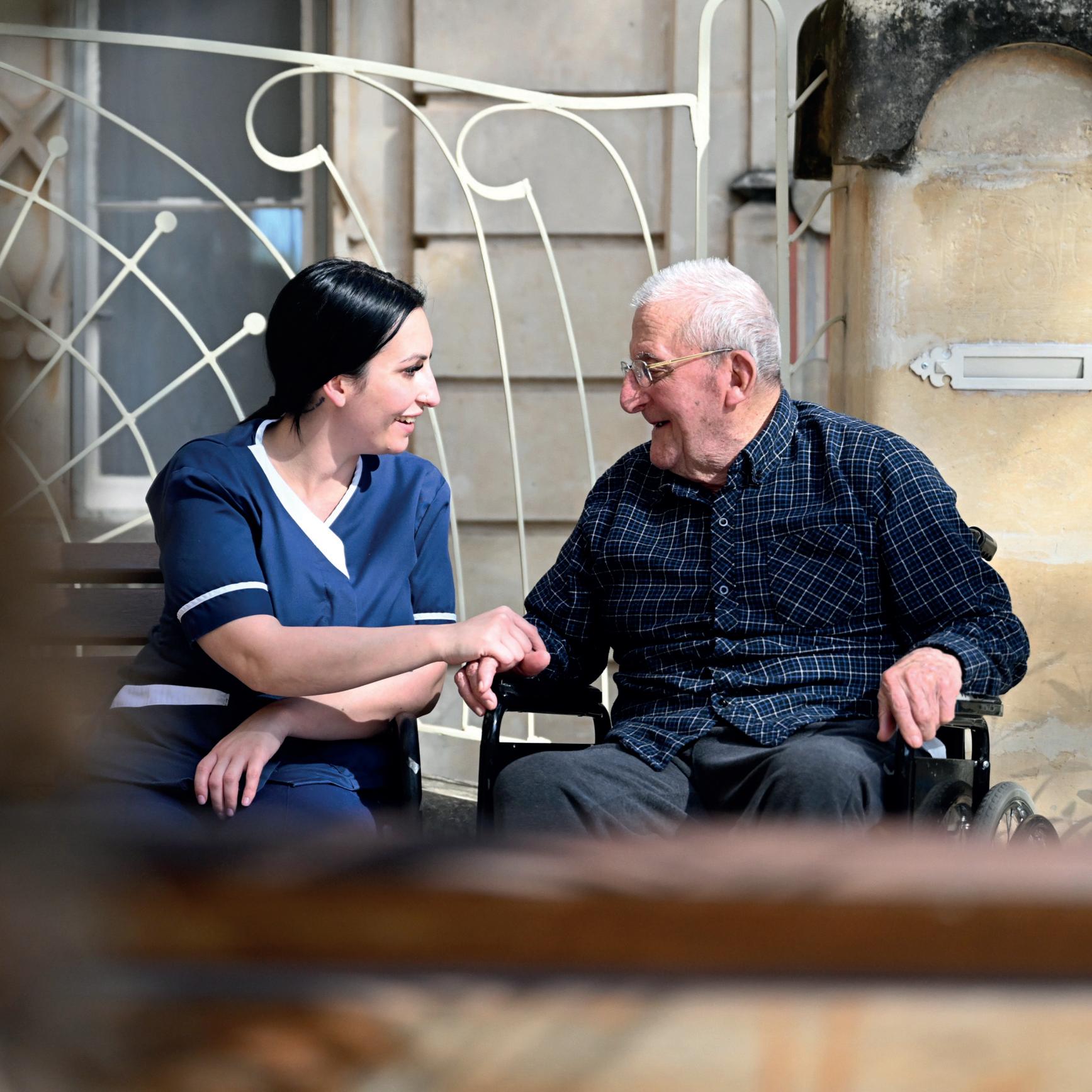
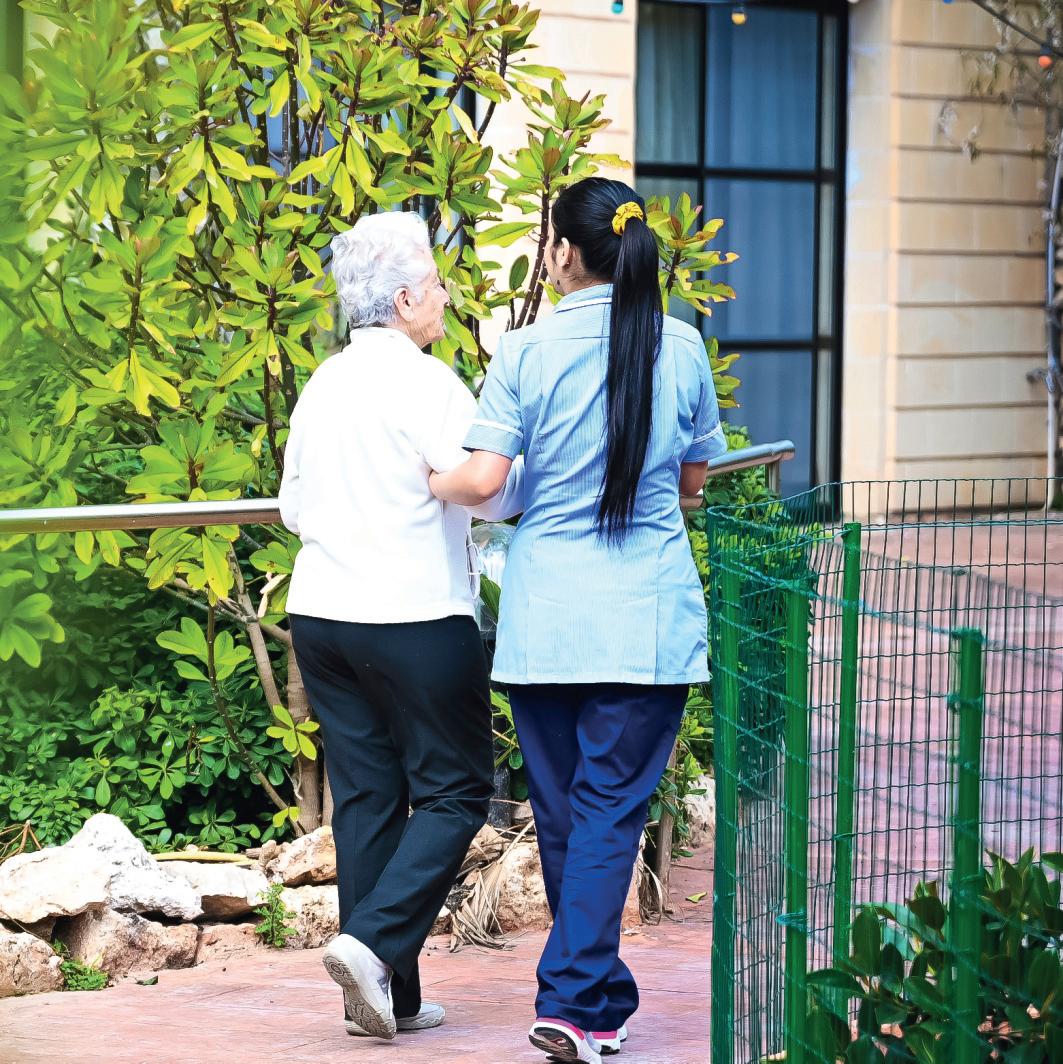
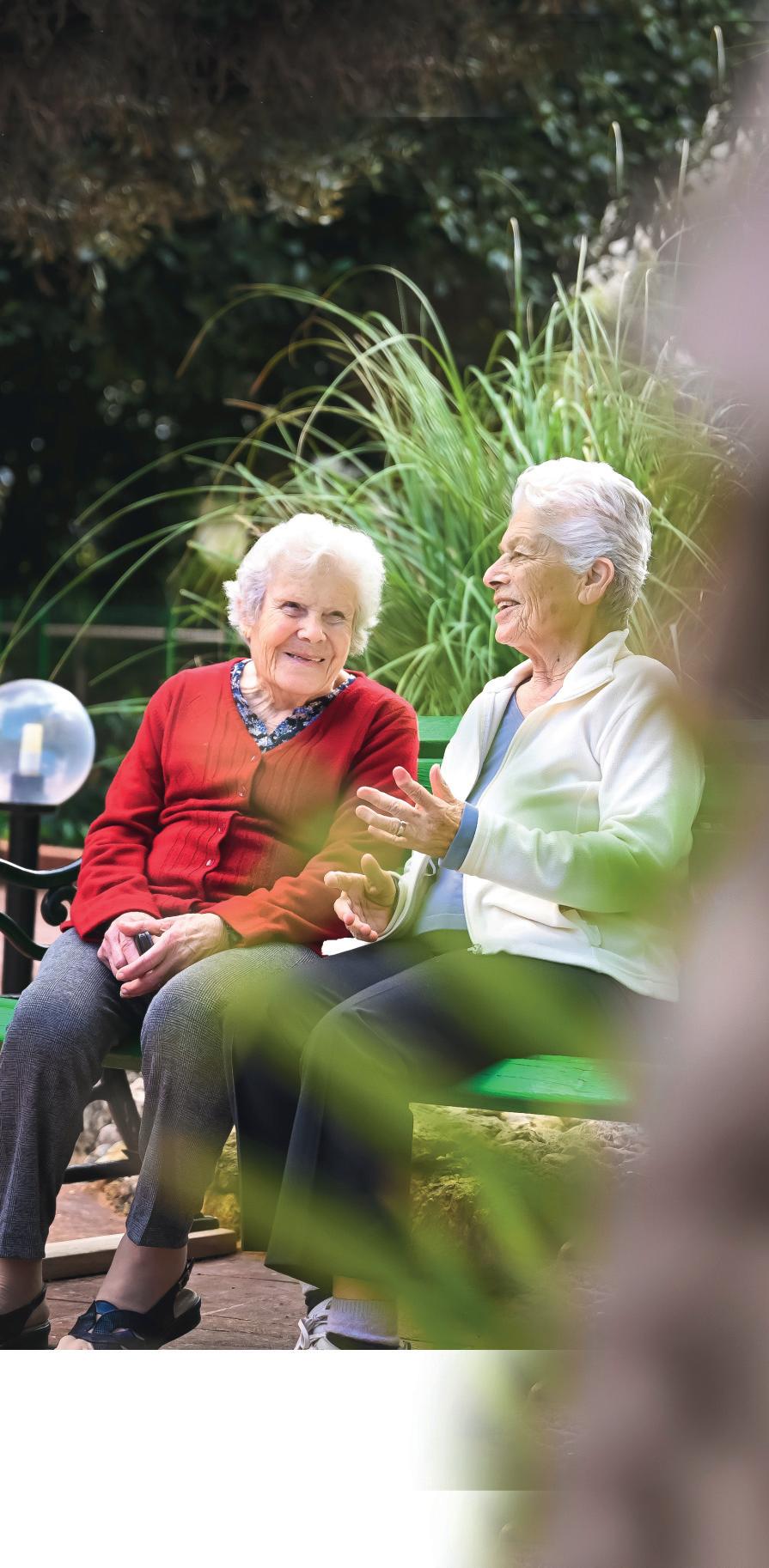
Since the beginning of COVID19, health systems and society have been pushed to extremes in responding to the pandemic crisis. Next to that, many of the most important global trends today, including climate change, digitalisation, ageing and rising inequalities, affect health systems and are impacted by them. New tools and technologies, as Artificial Intelligence, could help to tackle many of the most pressing challenges we are facing. However, healthcare has too often been a passive recipient of innovation which, when implemented into a fragmented and poorly integrated system, can create or exacerbate inequalities and increase costs.
The OECD High-level Policy Forum on “The Future of People-Centred Health Innovation”, organised on 22 January 2024, on the eve of the OECD Health Ministerial Meeting, brought together stakeholders and policymakers from OECD member states, candidate member states and international organizations, to discuss on patientcentred care, digital innovation, artificial intelligence, climate change and health, etc., and explore policies and priorities for adopting new innovations into health systems.
Taking forward the outcomes and discussions of the Policy Forum, the OECD Health Ministerial Meeting, held on 23 January, and chaired by
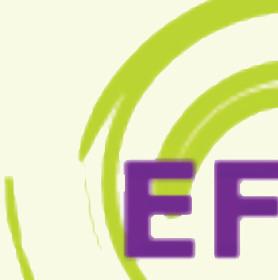
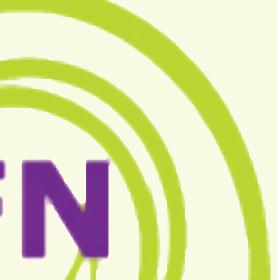



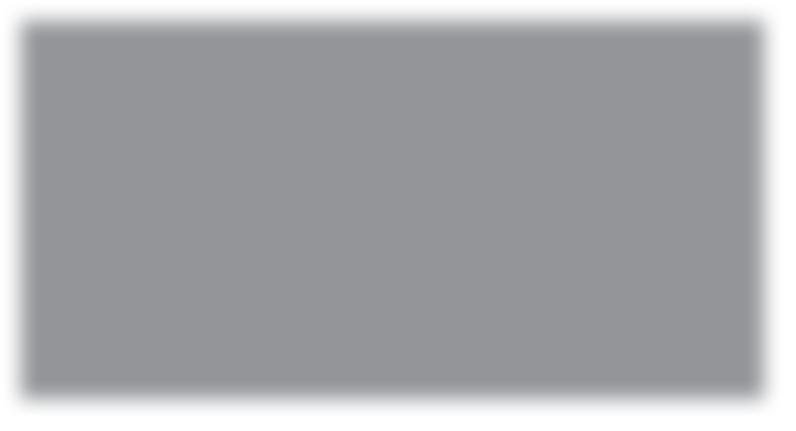
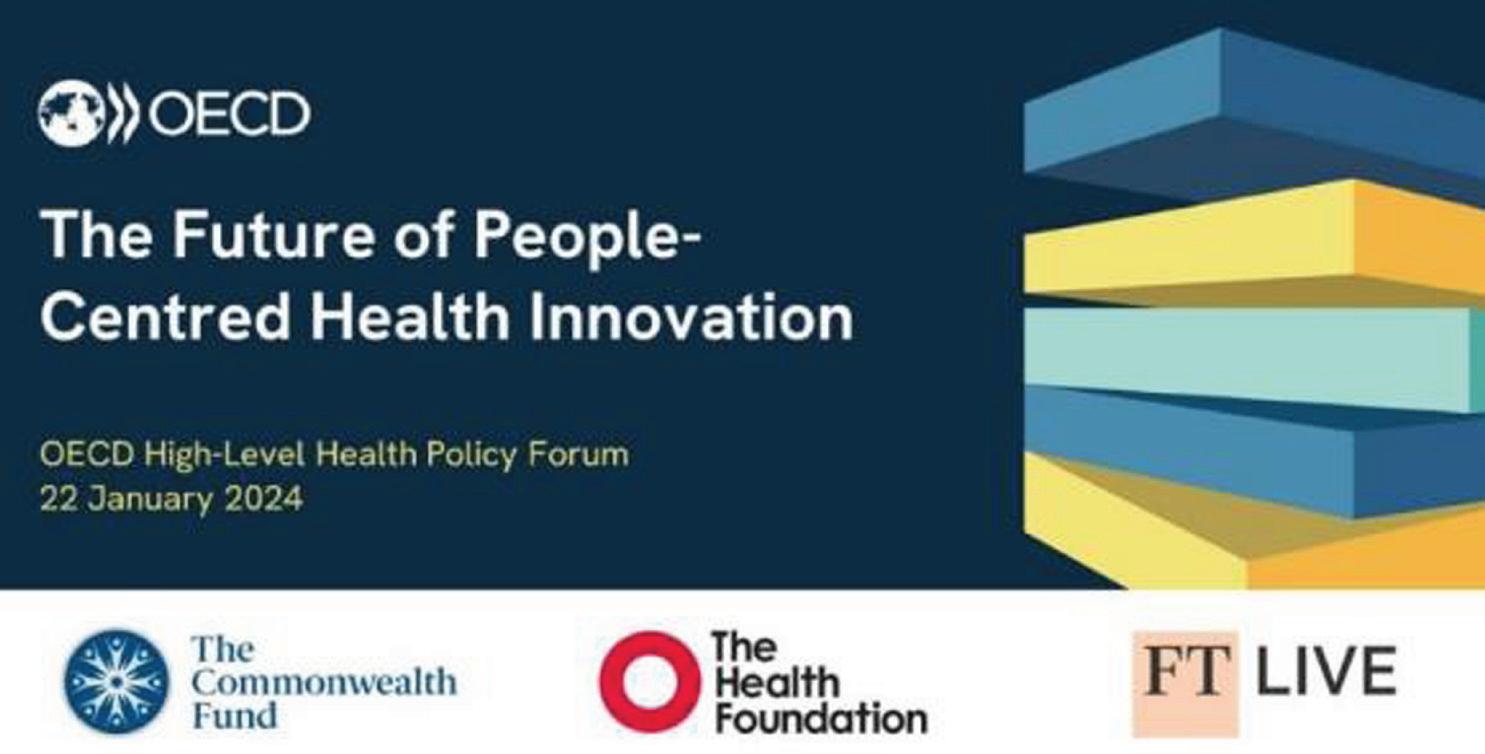
the Belgian Minister of Health, Frank Vandenbroucke, brought together 30 ministers and 50 delegations, including social partners and international organisations, to discuss the lessons learned from the COVID-19 crisis, the health policy challenges, and the actions needed to address them.
One of the outcomes of the meeting, that will help to improve health policies and investments in health, is the adopted declaration on ‘Building Better Policies for More Resilient Health Systems’ with a strong commitment of the Ministers for improvement of health system resilience and peoplecentred health systems. Demand for more and better healthcare continues to rise due to demographic factors, rising levels of chronic diseases, and
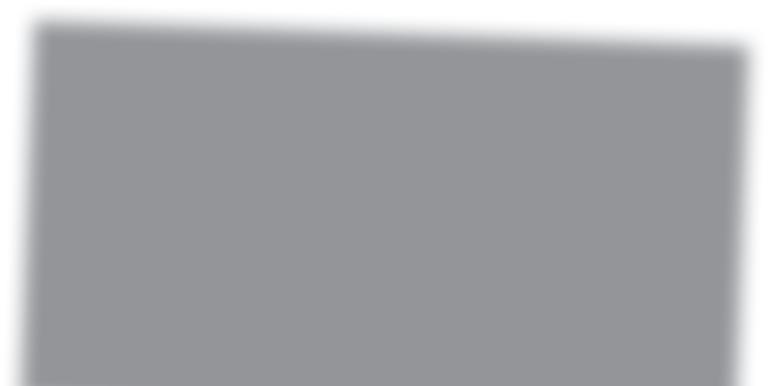
raising healthcare costs, reflecting technological advances and pressure to make health systems climate neutral.
The discussions were really open, lively and rich. Sharp and self-critical, but also ambitious and constructive. The adopted declaration will be the basis for the policy work of the OECD ministers, of which some belong to the EU. As such, the adopted declaration reflects on expectations and orientations for how health system should evolve to be both more resilient and high performing, identifying key pressure points, including policy areas where there is an opportunity or a need for change.
Within this context, and important for the upcoming Belgium EU Presidency meeting on the “Future of the EU”, and within it a focus on “A resilient healthcare workforce”, the OECD
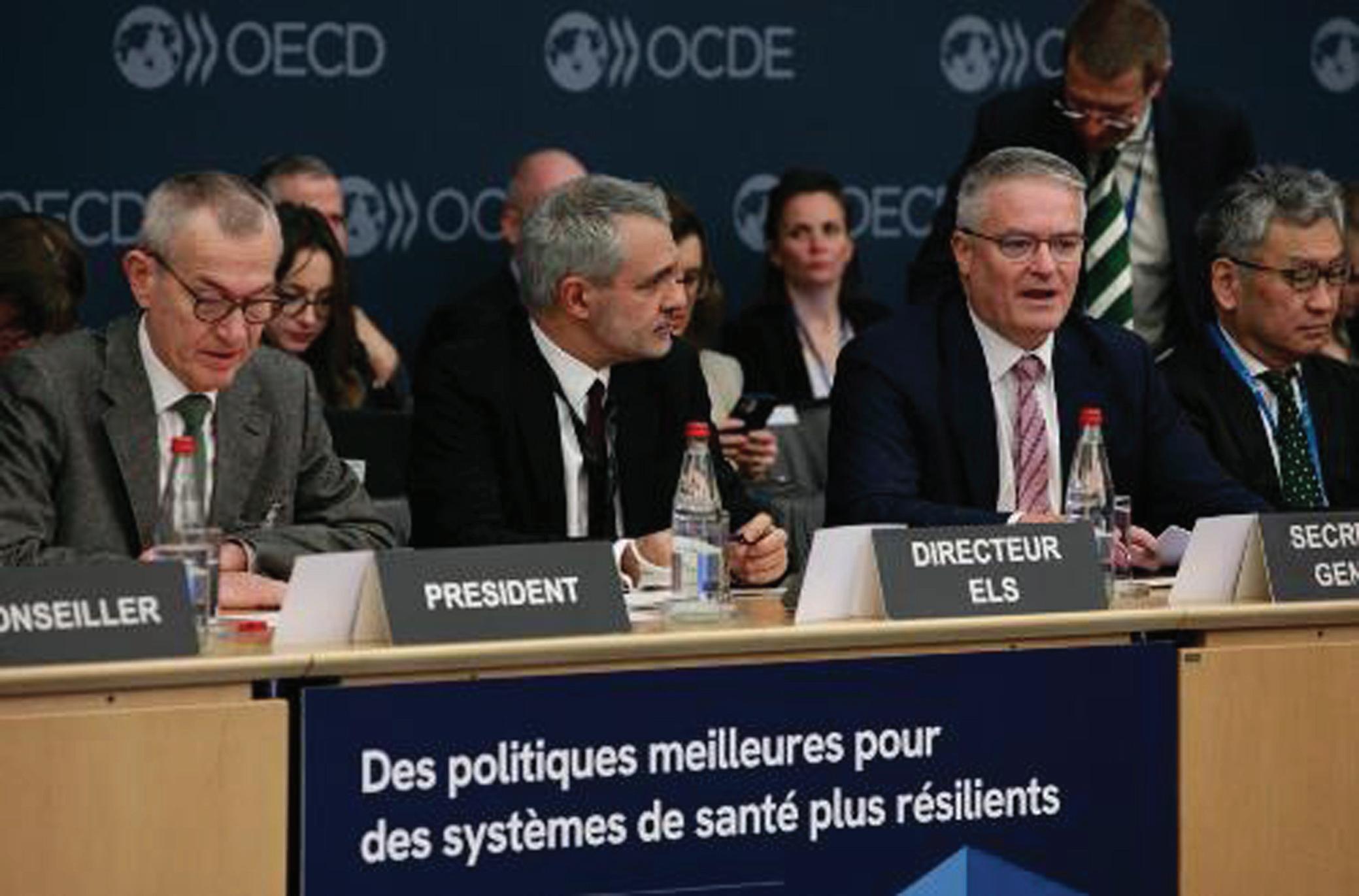
continued on page 25
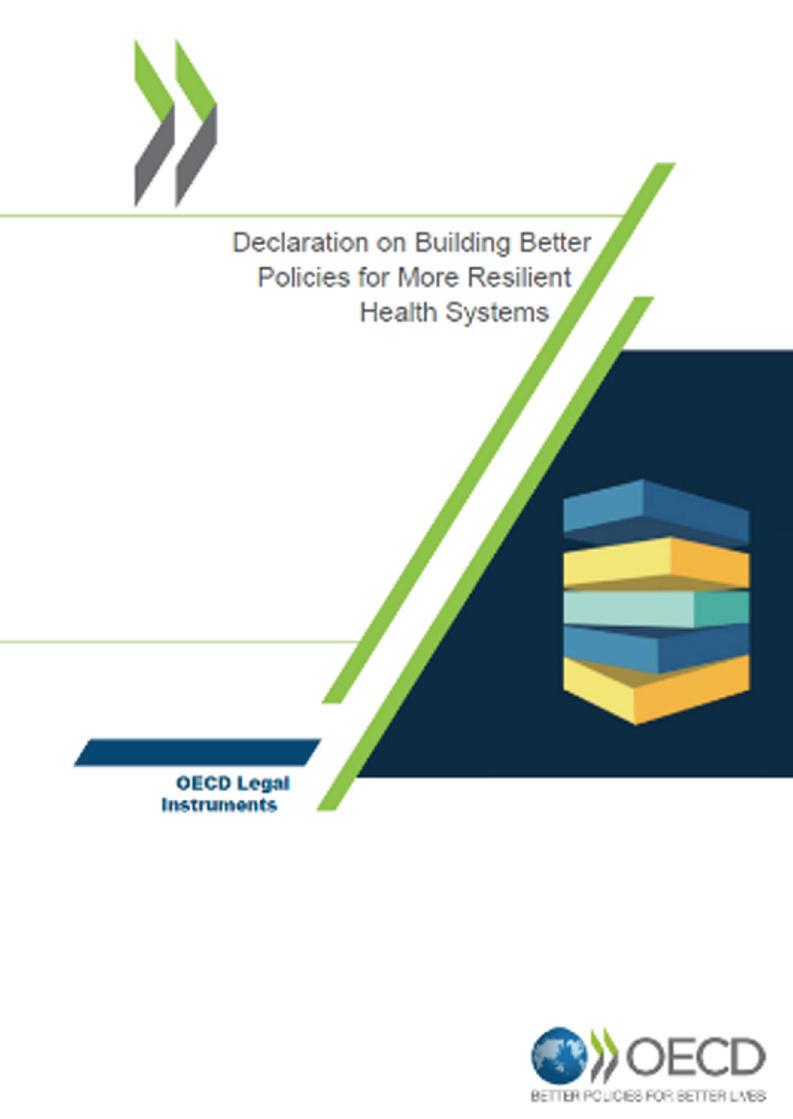
continued from page 23
Ministers therefore call on the OECD to assist to strengthen the health and care workforce, including by improving the availability, quality, and comparability of key data on the health and care workforce globally. So, the reference to the EU Workforce for Health in the Declaration is quite limited and there it
Commission will put EU workforce for health high on its political agenda in the coming 5 years!
Of course, the declaration is not a destination, it’s starting point for action (finally!). Action for better policies for better, more healthy lives. We can do it, we will do it, together, according to the BE EU Presidency.
EFN input to the BE EU Presidency will therefore be crucial. EFN Policy Statement on Safe Staffing Levels is key to build resilient healthcare systems in the EU. It will be crucial for the EU politicians and policymakers to take immediate action to improve recruitment and retention of domestically educated nurses, safe staffing levels, Advanced Practice Nurses (APN), and prioritise the welfare of nurses. Failing to recruit and retain frontline nurses into the nursing workforce will render the EU and Europe ill-prepared for the years ahead. It is vital the EU and national governments invest in nursing education, making sure that the Directive 2013/55/EU is a safeguarding Directive setting a minimum level of high-quality nurse education; ensure optimal wages with
sustainable and safe staffing level of
fair working conditions; secure a sustainable and safe staffing level of the nursing workforce. The EU model needs capacity and financial support with focussed and impactful efforts.

The pandemic exposed huge challenges in the sector linked to working conditions, and huge shortages. Over the last 4 years the focus was on the European Pillar of Social Rights with 3 major actions linked to healthcare workforce:
1/ Working conditions, calling for the EU member states to do more - European care strategy that puts a very strong action for people who work in the sector;
2/ Skills development (upskilling and reskilling – Digital and Green skills for nurses and allied HCP;
focus was on the European Pillar of the that puts a very strong action for 2/ Skills development (upskilling nurses
Finally, to keep on ensuring universal health coverage in the EU, health systems will need to be resilient to future evolutions, ensure accessibility and effectiveness. A shift to a model that places greater emphasis on disease prevention and health promotion, is more personalised and capitalises on digital technologies will be needed, as well as strengthening primary care and the development of patient-centred integrated care. Investing in people’s health promotes a healthier population being able to live independently and to actively participate in the labour market.
link with the EU semester, as a monitoring tool to look at making
3/ Retaining and planning (social partners and Finance ministers have a role to play in this). The link with the EU semester, as a monitoring tool to look at making change happen is key for EFN, next to an emphasis on the Recovering and Resilience Facility.
Anyway, the workforce discussion goes back to 2010, when some EU initiatives took place, but not leading to impactful EU policies to tackle nurses’ shortages. Today it is key to put in place solutions looking at the shortages of nurses and doctors from an EU perspective, mainly on retention and recruitment, working conditions, wages, well-being and gender. A lot of best practices exist at EU level and should be upscaled. We need to prepare a health workforce for the future.
Present at the OECD meeting: THE MINISTERS AND REPRESENTATIVES OF Australia, Austria, Belgium, Bulgaria, Canada, Chile, Colombia, Costa Rica, Croatia, the Czech Republic, Denmark, Estonia, Finland, France, Germany, Greece, Hungary, Iceland, Ireland, Israel, Italy, Japan, Korea, Latvia, Lithuania, Luxembourg, Mexico, the Netherlands, New Zealand, Norway, Peru, Poland, Portugal, Romania, the Slovak Republic, Slovenia, Spain, Sweden, Switzerland, Türkiye, Ukraine, the United Kingdom, the United States, and the European Union. ❙
EFN Briefing Note - 24 01 2024
The European Federation of Nurses Associations (EFN)
Registration Number 476.356.013
Clos du Parnasse 11A, 1050
Brussels, Belgium
Tel: +32 2 512 74 19
Email: efn@efn.eu
Website: www.efn.eu
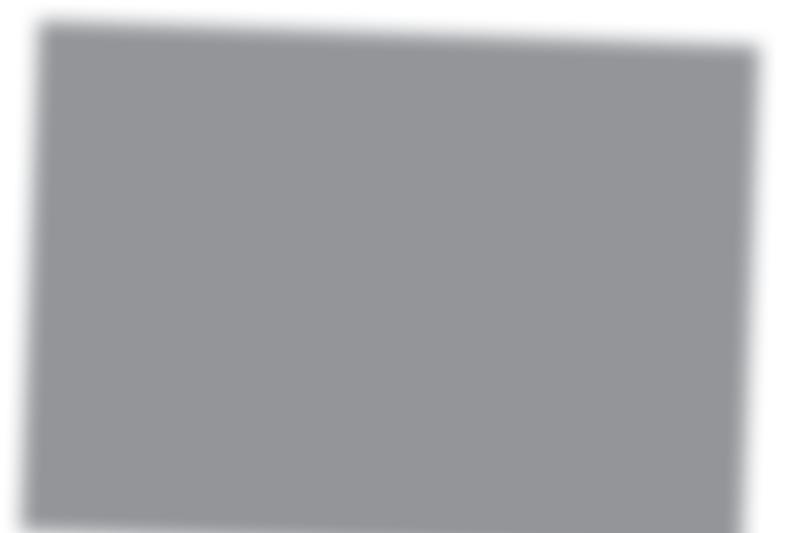
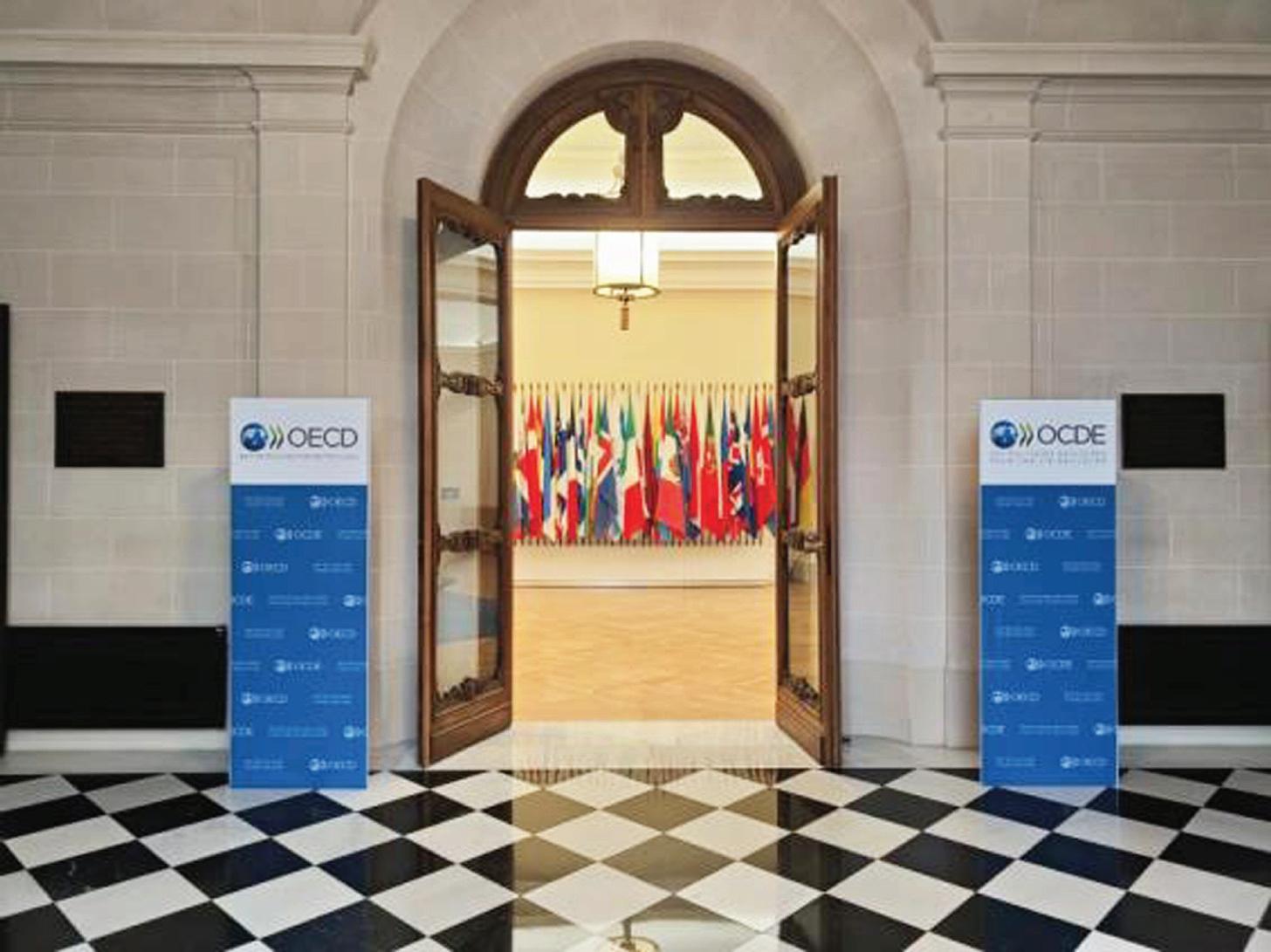
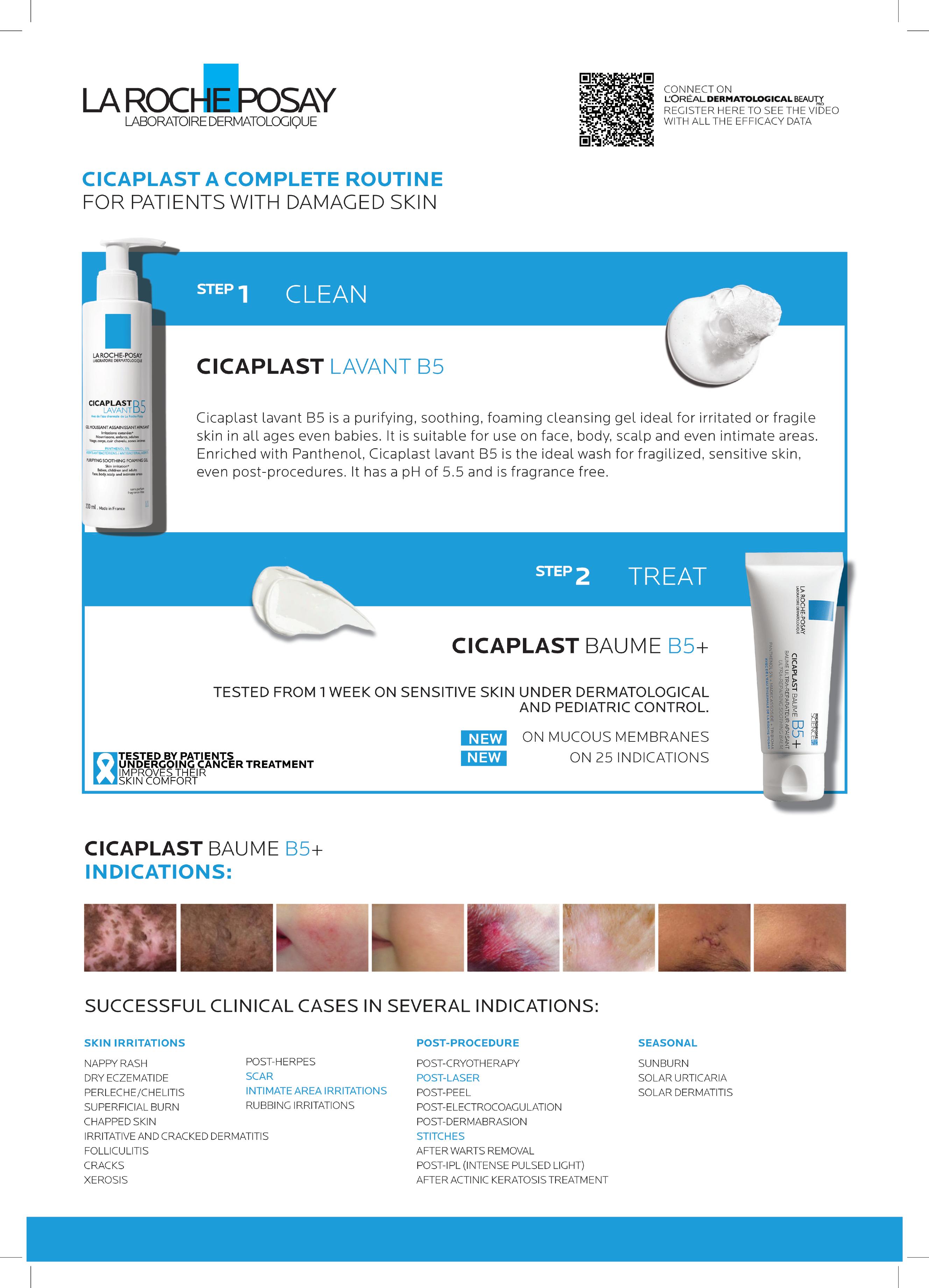




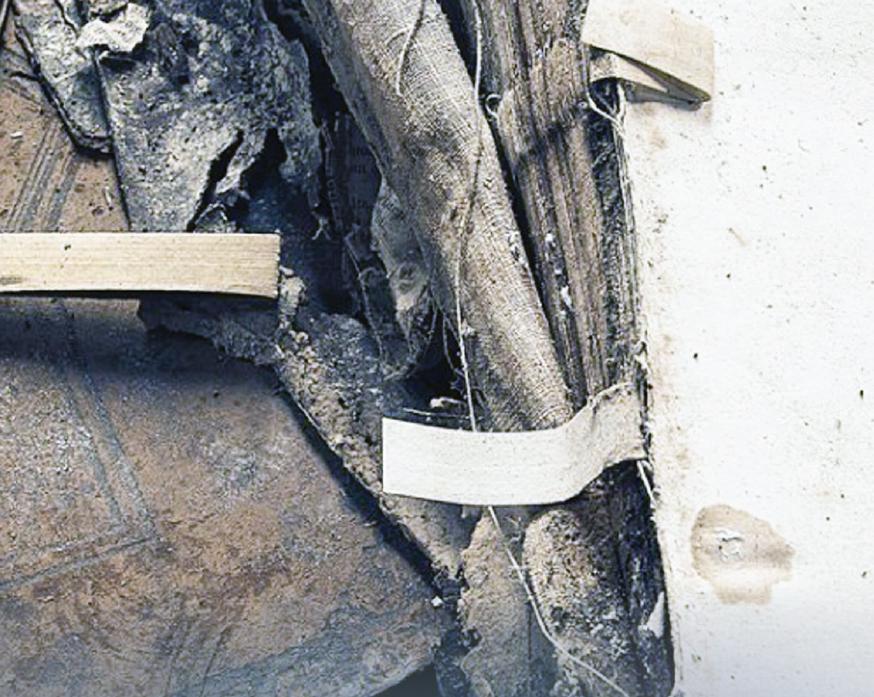

A pastoral approach through ten powerful names of God (1)
God is certainly the main topic of the Bible. In fact, the human being’s dignity carries a lot of weight because it was God who created each and every person. The Bible is so explicit on this vital point when it says: So God created man in his own image, in the image of God he created him; male and female he created them (Gen 1:27). Hence, if God is the main actor in Scripture can we ever deduce a pastoral approach that reflects, if not fully, partially His role in our lives through the significance of His Name?
Upon pondering on this interesting issue, to which I certainly reply in the affirmative, I want to highlight six reasons why names are so important in the written Word of God. First, a biblical name could record some aspects concerning a person’s birth. Second, biblical names sometimes expressed the parents’ reaction to the birth of their child. Third, biblical names were sometimes used to secure the solidarity that is present thanks to family ties. Fourth, biblical names could be used to communicate God’s message. Fifth, biblical names were also employed to establish an affiliation with God. Sixth,
biblical names are given to establish authority over another, or to indicate a new beginning or new direction in a person’s life.
Having all these reasons infront of everyone there are ten names of God which stand out so powerful not only in themselves but also in our lives if we truly are open to them. These are: (1) Elohim; (2) Yahweh; (3) Abba; (4) El Elyon; (5) El Roi; (6) El Shaddai; (7) Yahweh Yireh; (8) Yahweh Nissi; (9) Jehovah Rapha; and finally (10) Yahweh Shalom.
God’s first name is Elohim! This name means that God has incredible power and might. Only He is the One and sole God who stands supreme over all other false gods. The Bible glorifies His unmatched sovreignity. In the beginning God created the heavens and the earth (Gen 1:1). The heavens are telling the glory of God; and the firmament proclaims his handiwork (Ps 19:1). Within the biblical text God created a world through His Word (see Gen 1:3. 6. 9). Furthermore, His deeds show his mighty power by permitting barren women such as Sarah and Rebecca to conceive (see Gen 18:10.14; 25:21), liberating an oppressed people out of the bondage of Egypt (see Exod 20:2) and raising to life Jesus Christ from the
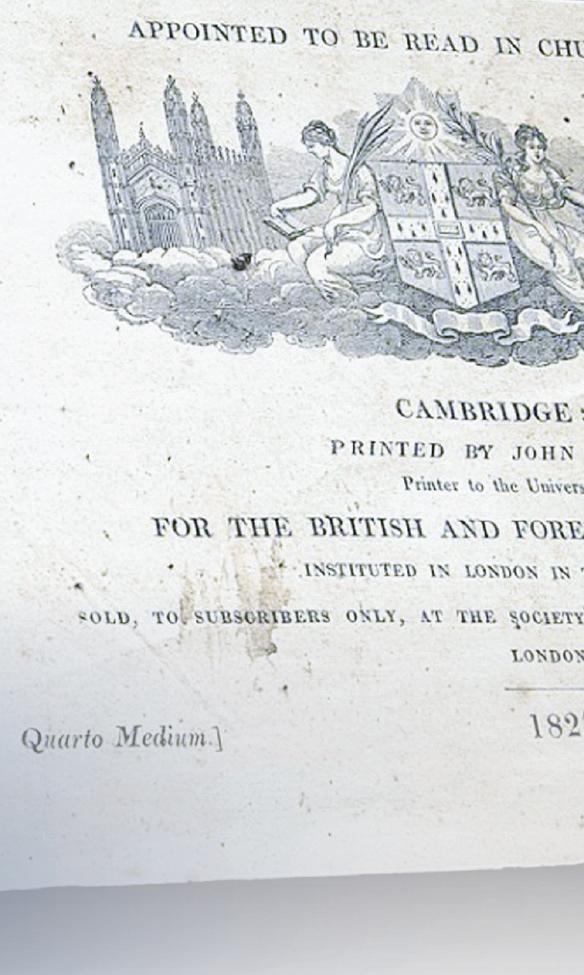
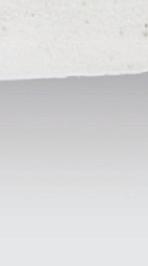
dead (see Rom 1:1-4). In his First Letter St Peter reminds us that those who believe are guarded by God’s power (1 Pet 1:5). Before this picture one can appreciate more why the name of Elohim occurs some 2,570 times throughout the Bible.
God’s second name on our list is Yahweh. This name is found in the Old Testament around 6000 times, either alone or in conjunction with another Divine name. Yahweh signifies “The Lord.” In fact, it comes from the Hebrew word “I AM.” It is the proper name of the divine person and it is derived from the verb to “exist” and “be”. This name is found in Exodus 3:14: God said to Moses, “I AM WHO I AM.” And he said, “Say this to the people of Israel, `I AM has sent me to you’” (Exod 3:14). During the postexilic period the Jews, for reverence purposes, did not pronounce the name but substituted for it the word adonai (lord), and in written form attached these vowels to the tetragrammaton. Its profound theological meaning attached to the name YHWH is manifold. When we look at the name YHWH it conveys “presence.” Yes! God is “with,” He is near and among his people! This presence connotation is repeated in the naming of the wilderness format as “tabernacle”
continued on page 29


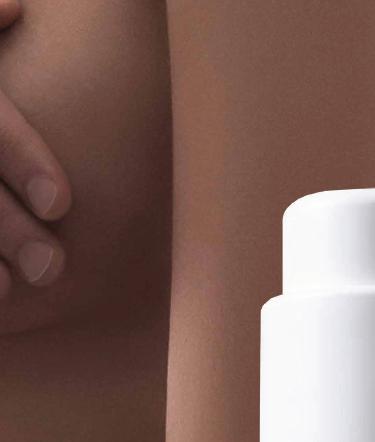




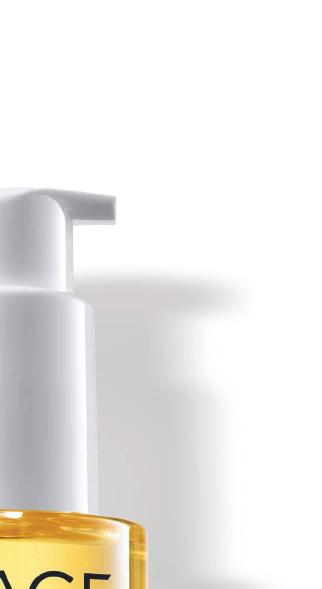








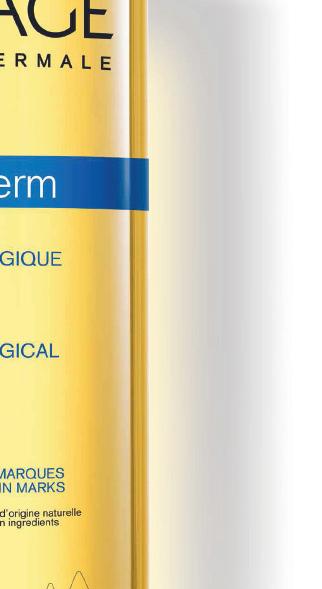
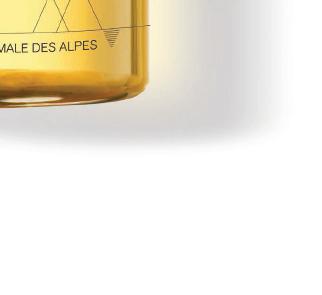
A pastoral approach continued from page 27
and, obviously, through the promised name Immanuel (which means God with us Isa 7:14; Matt 1:23).
YHWH is present, available and close to those who call him. Psalm 145:18 tells us: The LORD is near to all who call upon him, to all who call upon him in truth (Ps 145:18). And we call Him to deliver us! Thus, says Psalm 107:13: Then they cried to the LORD in their trouble, and he delivered them from their distress. Moreover, YHWH’s name is tantamount to forgiveness. Psalm 25:11 proclaims: For thy name’s sake, O LORD, pardon my guilt, for it is great. The name YHWH offers guidance. Psalm 31:3 affirms: Yea, thou art my rock and my fortress; for thy name’s sake lead me and guide me. Even so YHWH, who is actively near, is also ironically transcendent.
The name YHWH portrays God as being himself involved in human conflict. The name of YHWH is perpetually associated with the exodus experience, primarily with its redemptive and salvific meaning. Suffice to look at Exodus 15:1-13 or just a quick look at Exodus 20:2-3 which says: I am the LORD your God, who brought you out of the land of Egypt, out of the house of bondage. You shall have no other gods before me.
Let us not forget that the salvation promise that is offered in Exodus 6:6-8 is really a wide-raging one. In fact, it is a blessing which involves divine intimacy as well as countless blessings of abundance. However, it is clearly qualified by an indispensable inclusio, namely, I am Yahweh. Thus says the text of Exodus 6:6-8: Say therefore to the people of Israel, `I am the LORD, and I will bring you out from under the burdens of the Egyptians, and I will deliver you from their bondage, and I will redeem you with an outstretched arm and with great acts of judgment, and I will take you for my people, and I will be your God; and you shall know that I am the LORD your God, who has brought you out from under the burdens of the Egyptians. And I will bring you into the land which I swore to give to Abraham, to Isaac, and to Jacob; I will give it to you for a possession. I am the LORD.’”
The name YHWH is also salient in salvation oracles of the prophet Zephaniah. Sing aloud, O daughter of Zion; shout, O Israel! Rejoice and exult with all your heart, O daughter of Jerusalem! The LORD has taken away the judgments
against you, he has cast out your enemies. The King of Israel, the LORD, is in your midst; you shall fear evil no more. On that day it shall be said to Jerusalem: “Do not fear, O Zion; let not your hands grow weak.
The LORD, your God, is in your midst, a warrior who gives victory; he will rejoice over you with gladness, he will renew you in his love; he will exult over you with loud singing.”
The Psalms clearly show us what a mighty Saviour YHWH is! I am just thinking of Psalms 79 and 86. How long, O LORD? Wilt thou be angry for ever? Will thy jealous wrath burn like fire? Help us, O God of our salvation, for the glory of thy name; deliver us, and forgive our sins, for thy name’s sake! (Ps 79:5.9). Incline thy ear, O LORD, and answer me, for I am poor and needy (Ps 86:1).
Having said that, the salvation aspect of the majestic name YHWH persists in the announcement of the mystery of incarnation. The evangelist Matthew is so sharply luminous on this point when the angel says to Joseph regarding Mary his spouse: Joseph, son of David, do not fear to take Mary your wife, for that which is conceived in her is of the Holy Spirit; she will bear a son, and you shall call his name Jesus, for he will save his people from their sins (Matt 1:21). Let us not forget that the name Jesus is a perfect echo of God’s Name YHWH. Hence, through the divine appellation YHWH God’s very character as saviour of a people is unfolded.
Finally, theologically speaking let us never forget that the name YHWH echoes the covenant. This is so since, to a certain degree, in the name’s description, as occurs in Exodus 6:6-8, the covenant formula is appealed to (and I will take you for my people, and I will be your God, Exod 6:7). Hence, the name YHWH is one to which Israel can have a specific right on it. From the covenant perspective the Name YHWH implies justice and holiness. In Isaiah 61:8 we find: For I the LORD love justice, I hate robbery and wrong; I will faithfully give them their recompense whereas in Leviticus 19:2 we come across this powerful affirmation regarding God’s name: Say to all the congregation of the people of Israel, You shall be holy; for I the LORD your God am holy. In this way, God’s justice and holiness surely must have an exceptionally high features. How replete with presence, salvation,



understood as both deliverance and blessing, covenantal bondedness as well as integrity the Name YHWH carries with it!

In what way can my pastoral care inform those whom I am serving that, no matter how hard is their situation, He is sovreign? Through my being with patients am I really conveying to them a God who is with them? Where they are at? Does my pastoral presence offer, to those who accept it, a sense of God’s deliverance? Is my presence communicating to them God’s unconditional forgiveness? And, my pastoral presence, is it becoming, more and more, conformed to God’s in that it acts as guidance to those who feel lost due to the situation they find themselves in during their illness or that of their loved ones?
Does my spiritual care have the rubberstamp of God’s intimacy with those who are suffering? Is it a pastoral care that offers a God who is capable of taking every human suffering on His shoulders and drown it in his unfathomable, eternal and majestic intimate love? How, as a hospital chaplain, am I portraying a God who brings order in our chaotic lives by his infinite love? Can I really say that the way I care for my patients is making them feel Jesus Christ himself, God incarnate, who is by their bedside? Am I letting God’s holiness pass on to embrace the people I am serving, including myself? In letting God’s holiness pass over from person, to person to the point of entering their souls, will that not be God’s justice in practice?
Finally, if I can live all these features that God’s Name YHWH entails will my ministry be transformed into His integrity? ❙
Fr Mario Attard OFM Cap



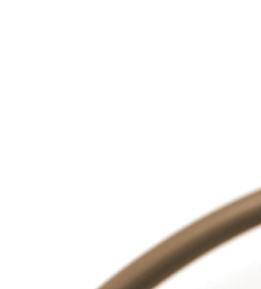
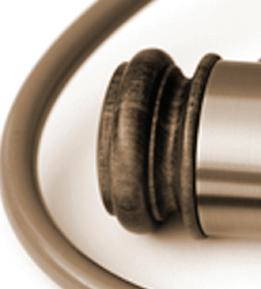
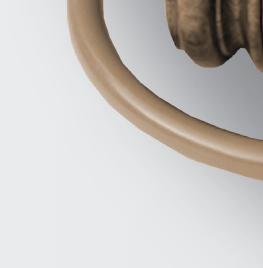
An emerging topic linked to dementia care is the importance of advanced care planning, where individuals living with dementia put forward decisions today on situations that may occur in the future when they may not be able to take such decisions as a result of the progression of their condition. This is a process, that is ideally discussed by the affected individual with informal and formal caregivers over a period of time. Following this, decisions are reviewed to ensure that the individual is satisfied with the advanced care plan in place, where opportunities to adjust this are available too. The advanced care plan is intended for the eventuality when the individual is no longer capable to make decisions.
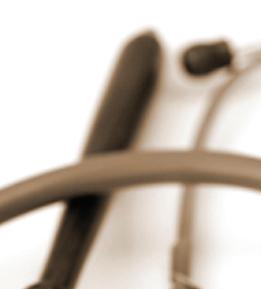
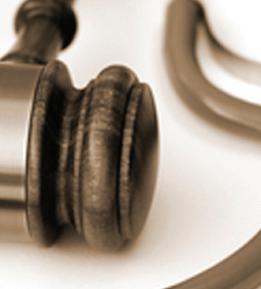
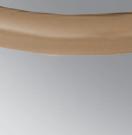

Mitchell (2019) discusses the conflict that may arise when the individual’s past preferences are not in line with current preferences resulting from the psychological changes that are brought on by dementia. Mitchell (2019) refers to ethical theory to explore this noting the work of Dworkin (1993). Dworkin (1993) made a distinction between critical interests and experiential interests. Critical interests refer to the critical judgements relating to the individual’s life as a whole and are considered to be more firmly established. Experiential interests on the other hand, are considered as transient interests in relation to enjoying experiences. Dworkin (1993) contends that for one to uphold what defines the self, enjoyable experiences may need to be relinquished, to safeguard what is firmly established, highlighting that this is how respect for autonomy should be understood. This ethical consideration is challenged in Mitchell’s (2019) article by Dresser (1995) who suggests that an individual’s present preference should carry more weight in the case
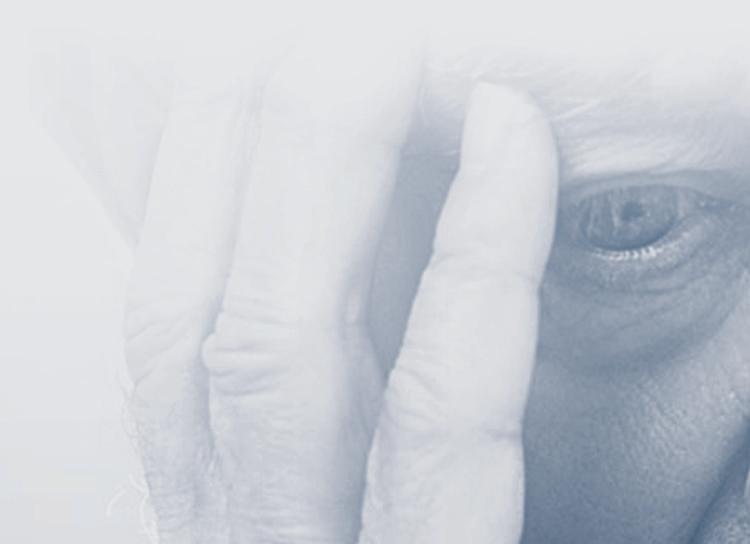
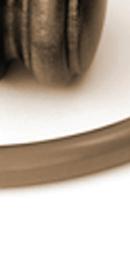
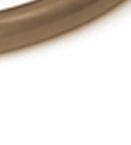

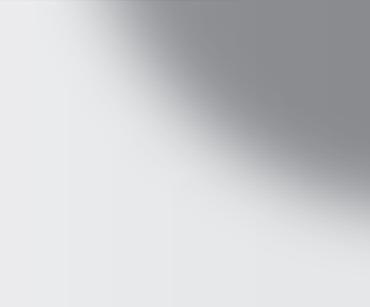
of those living with dementia as they are valued more as opposed to the critical interests. Dresser (1995) links this to the psychological changes that occur because of dementia and hence challenges the validity of critical interests in such cases. Mitchell refers to a case study in this article to highlight the difference of critical interest and experiential interest. A resident in a care home living with dementia, has been a vegetarian all her life however has recently lost all knowledge of this lifestyle choice. Although the care home staff make every effort to ensure the resident is given the vegetarian menu options, one day there is an oversight, and the resident is given the meat option for her meal.
The resident requests the meat option the following day yet is told she cannot have it as she is a vegetarian. Unable to comprehend what this means the resident gets distressed. To avoid similar episodes the care staff, decide to give her the meat option for her meals when she chooses this. She tells the care home staff that she likes how the food tastes (experiential interest).
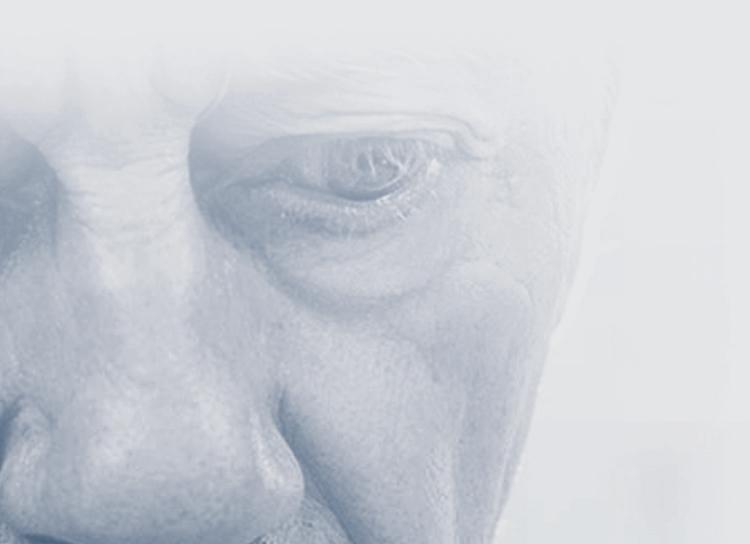
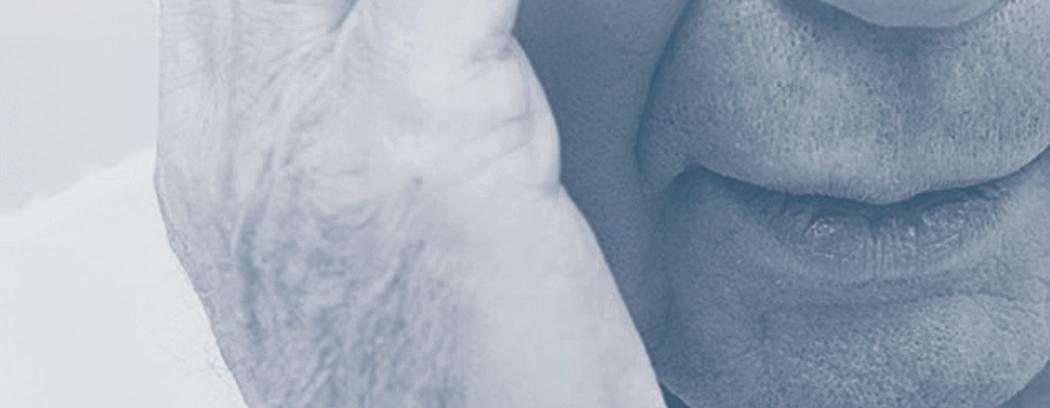
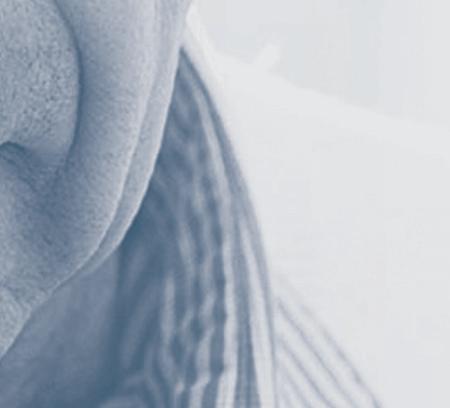
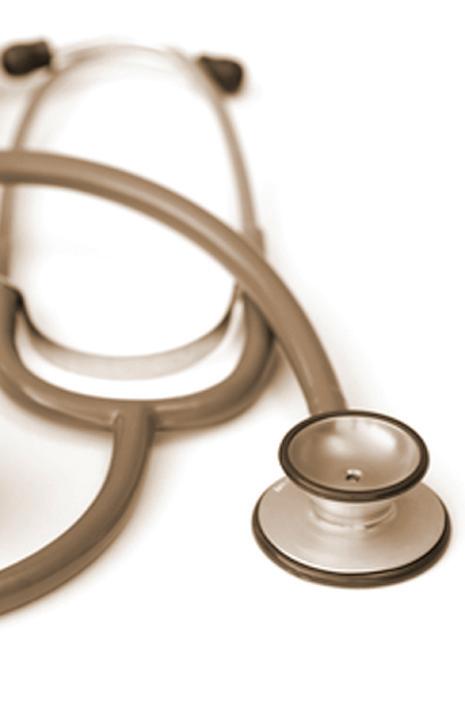


However, the care home staff are now faced with a dilemma as they feel it is fair to respect her current choice of food, however her family insist that she is not aware of what she is eating and since she has been a vegetarian all her life, her past wish to be a vegetarian should be observed (critical interest).
The conflict put forward here in the case study by Mitchell (2019) is not simple, and yet more complex scenarios based on past preferences and present preferences can certainly present themselves in advanced care planning. It is to be noted here that the terms advanced care planning and advanced directives are not to be confused or used interchangeably. Advanced care planning requires capacity, whereas advanced directives requires that the individual is be both capable and competent.
As the momentum for discussion increases on the subject, it is wise to ensure that all perspectives are taken into consideration, including all relevant stakeholders. This may also require time for reflection, professional development, the development of ethical decision-making frameworks that are consensus-based. These frameworks should be supported by all the relevant legal and professional entities, ensuring that the dignity of individuals is safeguarded. In addition, care givers need to be well equipped to participate in effective advanced care planning and be able to follow these through confidently.

Reference to the article by Mitchell (2019) Ethical Practice in Dementia Care in the journal Nursing Older People is highly recommended, where further ethical challenges encountered in dementia care can be found, followed by ethical theories that can facilitate how these are addressed. ❙
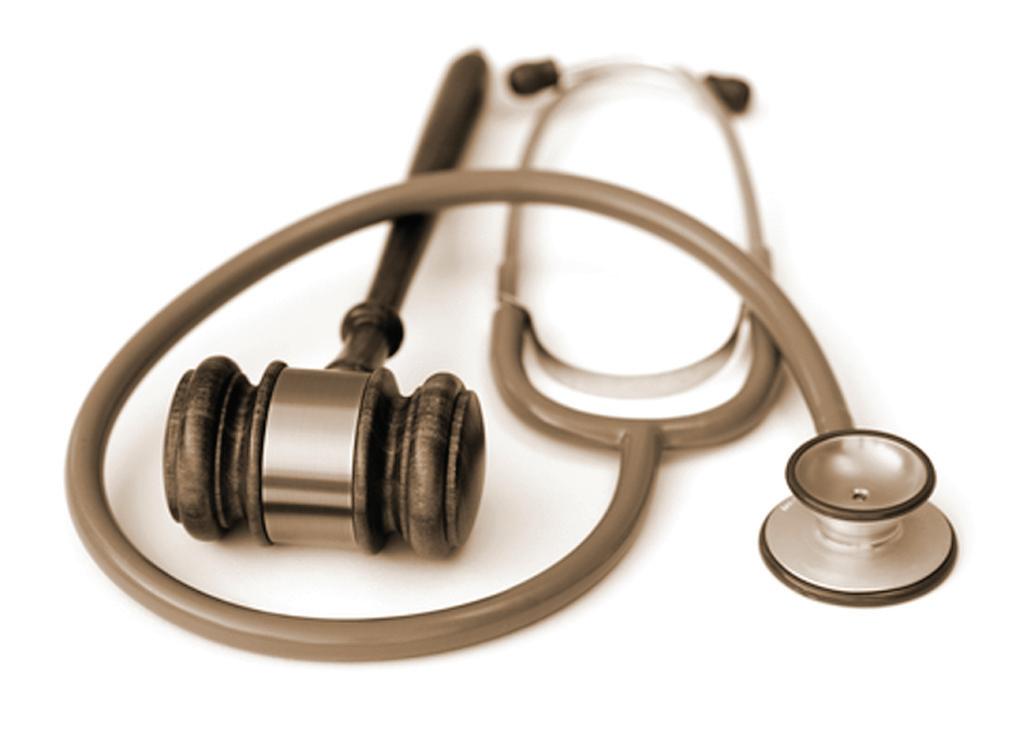

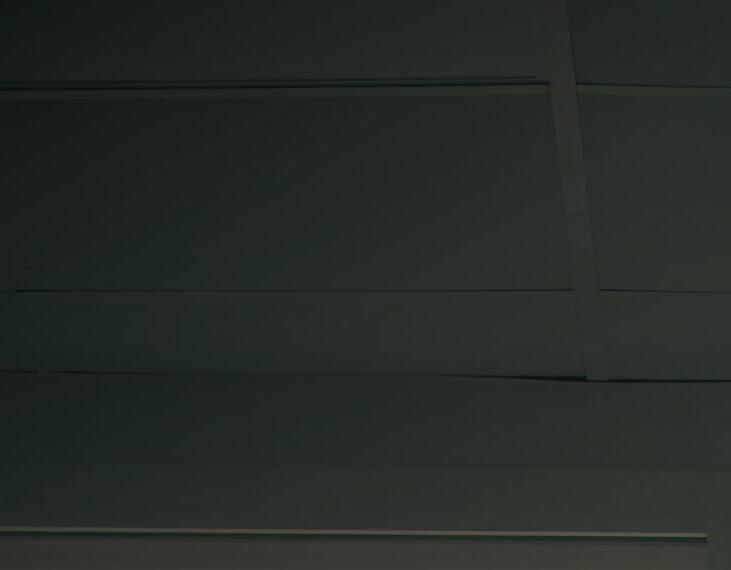
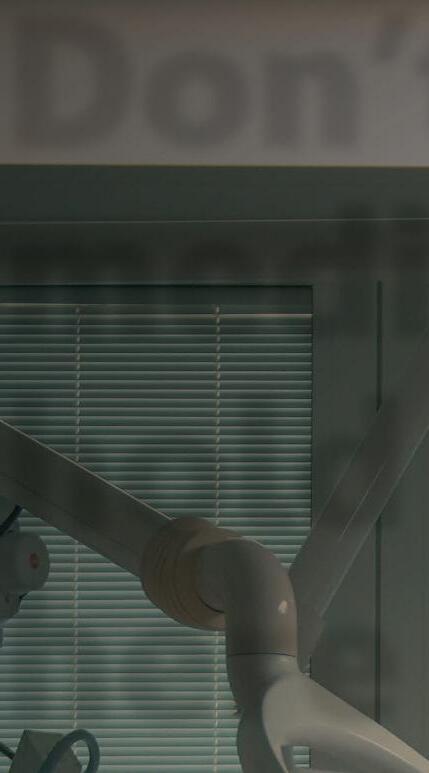

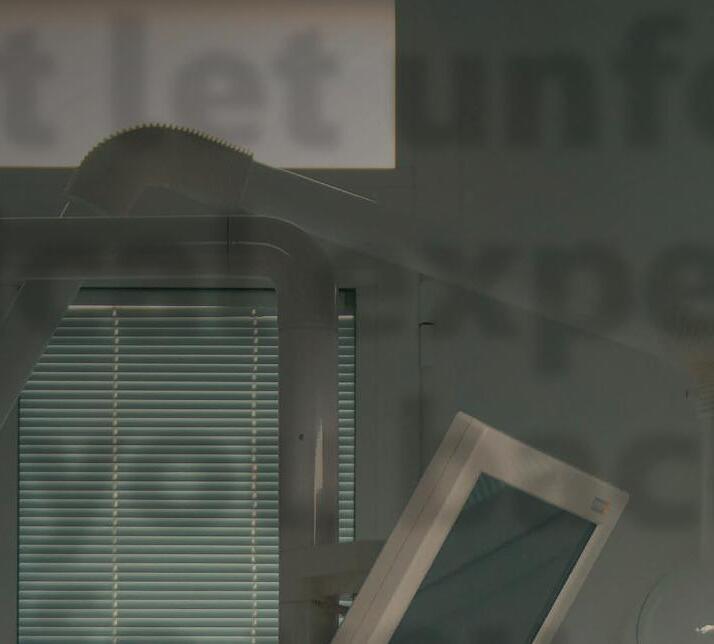


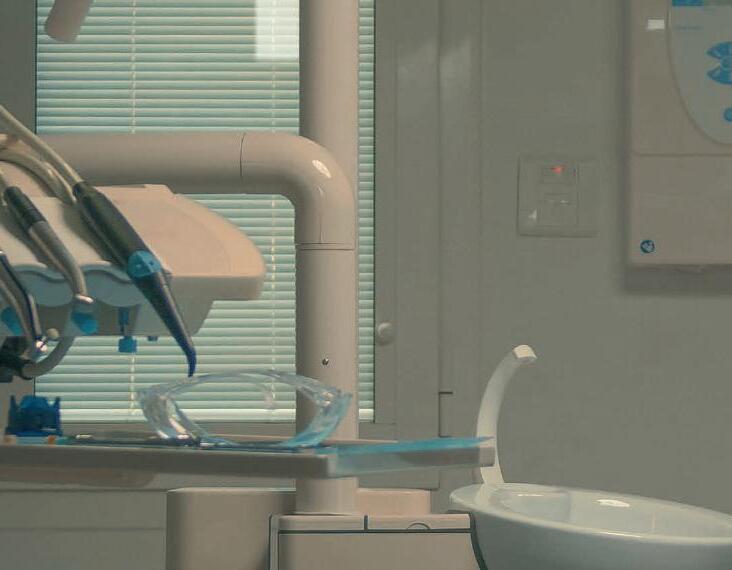

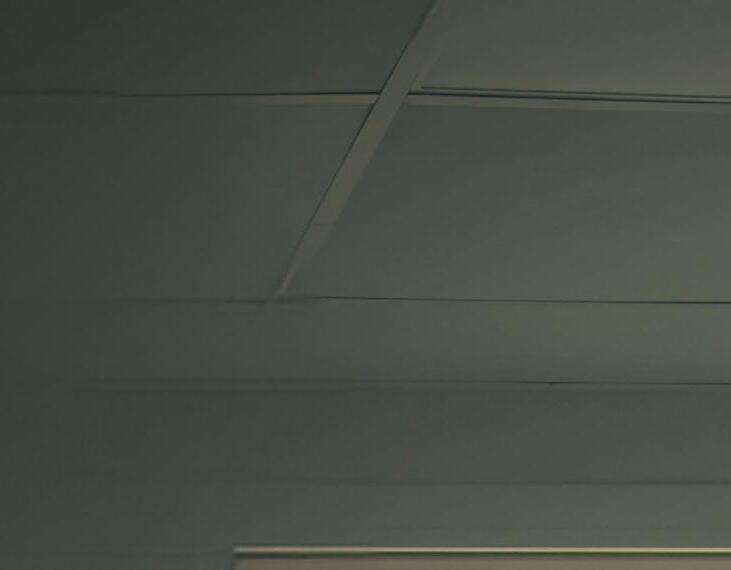

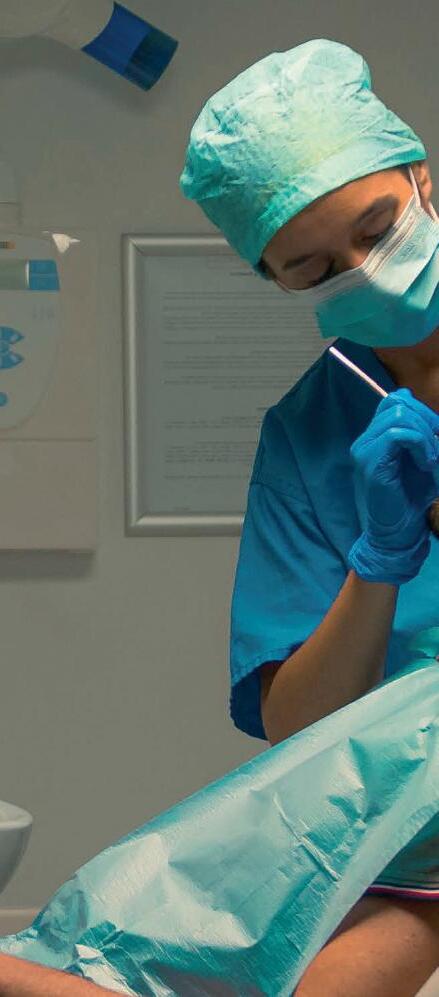
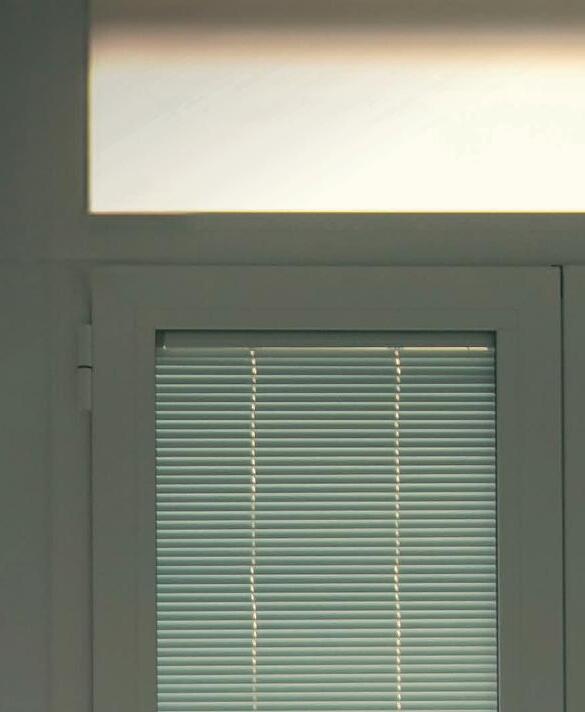
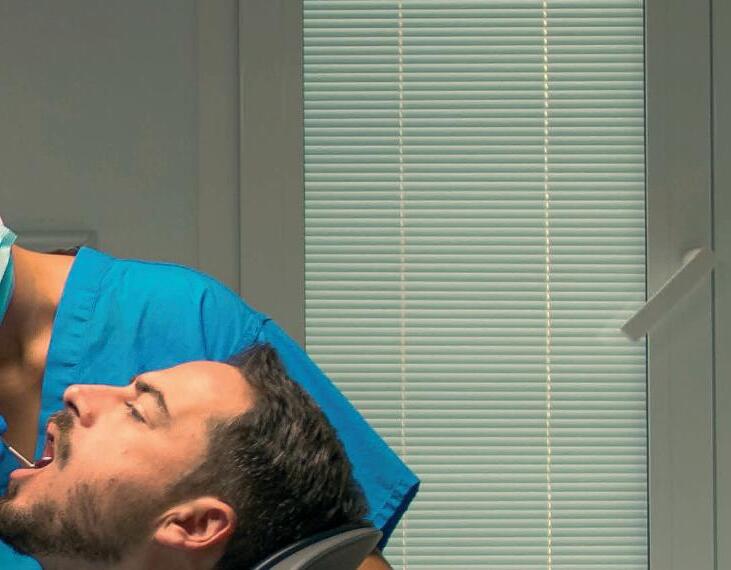



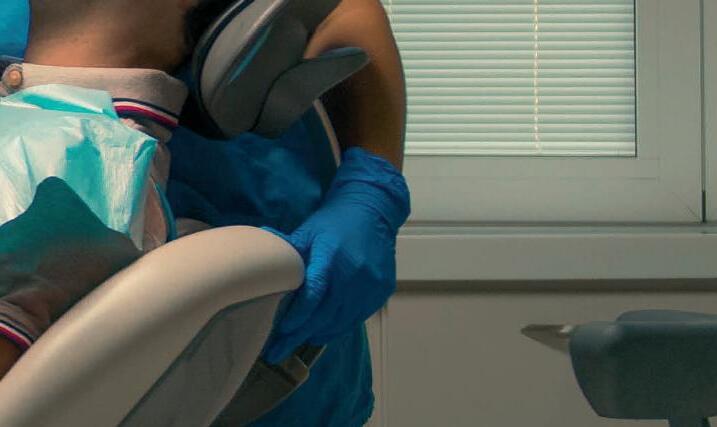




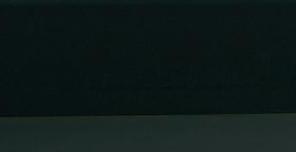






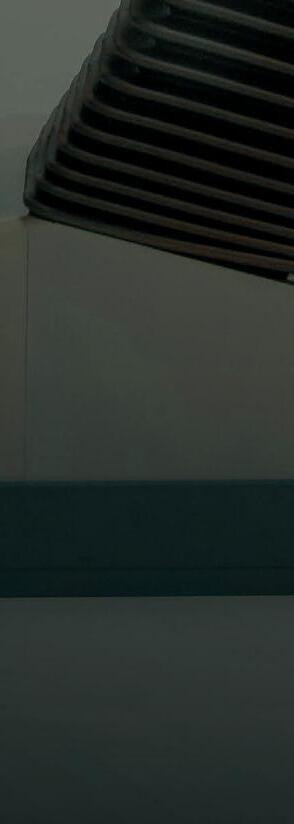



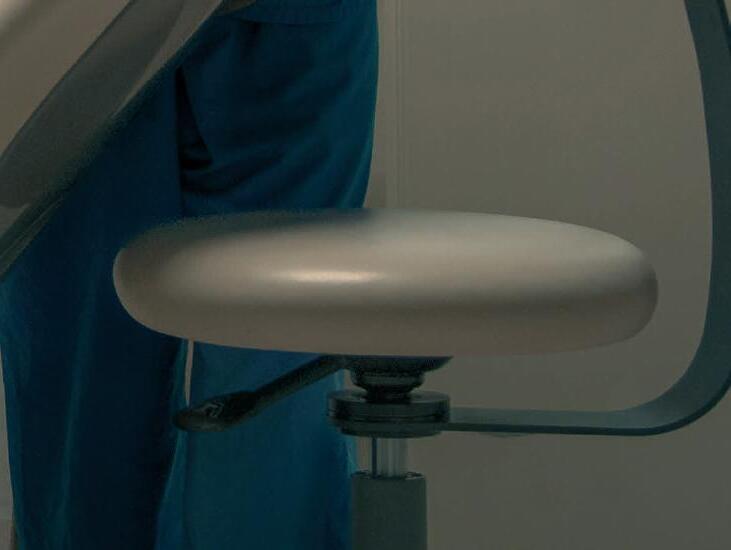
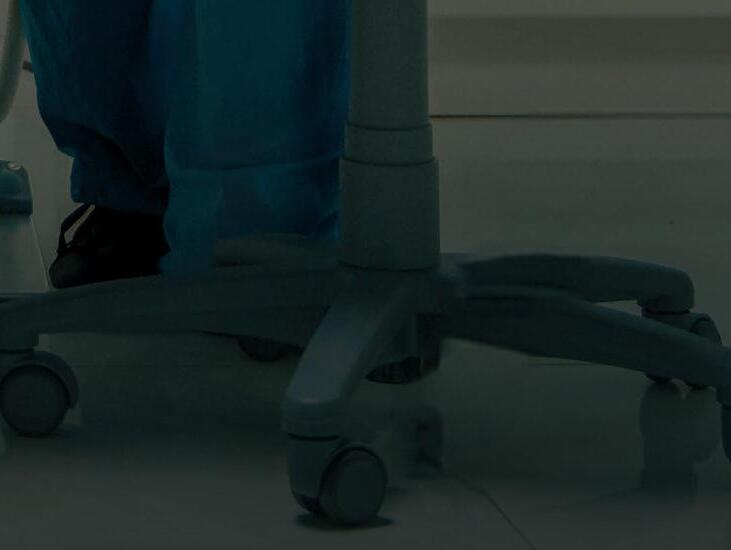



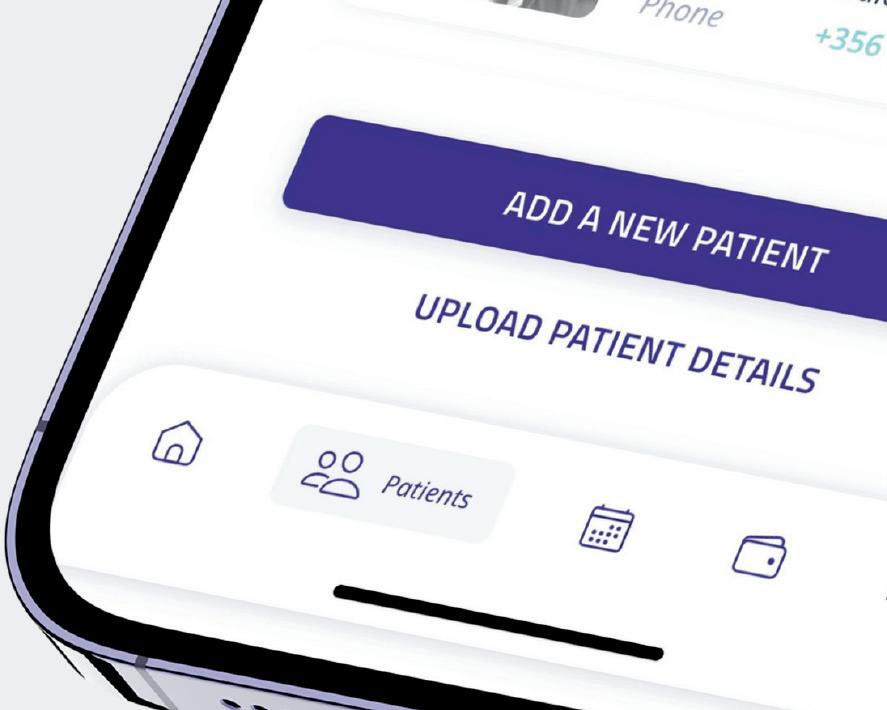


10 November 2023,
The conference Rights at Work: Protecting Workers from Labour Exploitation, was organized by ELA in cooperation with its National Liaison Officer from Malta and the Maltese Department for Industrial and Employment Relations (DIER). This conference aimed to shed light on the prevailing problem of labour exploitation in Malta, increase stakeholder awareness, facilitate the exchange of knowledge and best practices, and contribute to the development of knowledge-based policies. This summary outlines the key points and messages which stemmed from the conference.
Key points and messages: Labour exploitation predominantly affects vulnerable populations, including migrant workers and individuals working in low-skilled and informal sectors. Workers’ rights have been highlighted as a unifying factor transcending political ideologies, labour practices, economic development and social justice, underscoring the collective responsibility to maintain a fair and equitable work environment for both employees and employers.
Particular attention was dedicated to recognising the signs of labour exploitation, as well as how this may sometimes lead to human trafficking. Various indicators were identified, namely: no or limited access to wages, paying for work related tools and accommodation via wage deductions, forced to live in a certain place, bad
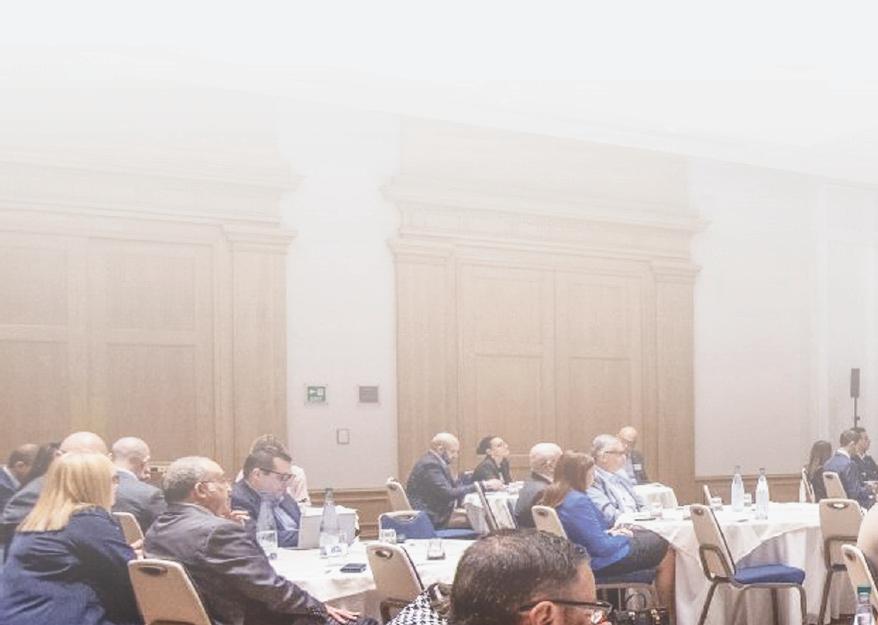
living conditions, forced to work long hours, lack of documentation by the employer, forced to undertake hazardous work, lack basic training, poor hygiene, fatigue, injuries, no control over possessions i.e. money, passport.
Problematic sectors have been identified to be those sectors which predominantly employ low-skilled workers such as construction, hospitality and catering (HORECA), domestic work, agriculture and fishieries. However, this list is nonexhaustive. It has also been stated that in some sectors, certain forms of abuses are being accepted as the ‘norm’.
There was acknowledgment of the government’s proactive stance in granting statutory rights to digital platform workers – more specifically, the new legislation on Digital Platform Delivery Wages.
The scope and role of the European Labour Authority (ELA) was presented to attendees. Established to facilitate cross-border labour mobility and protect workers’ rights, ELA can help Member States through various tools, such as information sharing, joint inspections, weeks of action and trainings for inspectors, thus serving as an important actor for Member States in the fight against labour exploitation within the European Union.
During the conference, various socioeconomic theories were discussed, particularly, the Small Scale Syndrome. This refers to a collection of factors which shed light on the effects that particular economic, socio-political
and demographic aspects may have on the people living in small, often island jurisdictions.
There were shared practices in combating labour exploitation by speakers from Ireland and Spain, as well as an overview of the types of labour exploitation that they face. The speakers emphasized their continuous cooperation with various relevant national stakeholders, particularly the police, in addressing this issue.
Actors such as subcontractors, letterbox companies, recruitment agencies and temping agencies have been deemed to be highly problematic, since these can potentially contribute to labour exploitation through various mechanisms, where very often, quality work is being traded off for ‘cheap work.’
A portion of the discussions centered around modern slavery and human trafficking, illustrating how vulnerable populations are often subjected to forced labour. Presenters shared alarming statistics and examples, highlighting the urgent need for enhanced legal frameworks, enforcement mechanisms, and collaboration to combat these crimes.
A recurring theme was the importance of empowering and educating the exploited workers, and the need to provide support systems for victims, access to counseling, legal assistance, and job training.
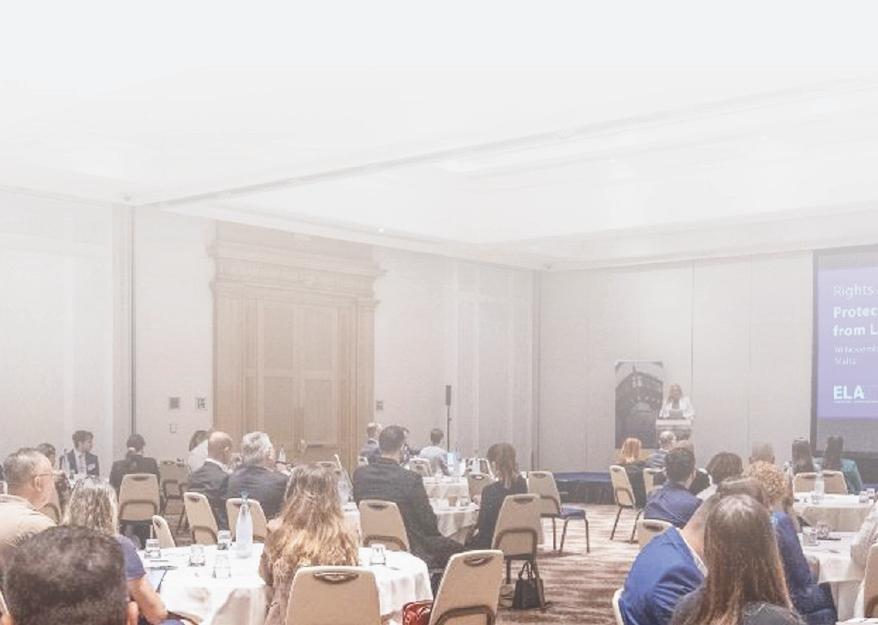

There was an emphasis on having informed inspectors, with training on
continued on page 35
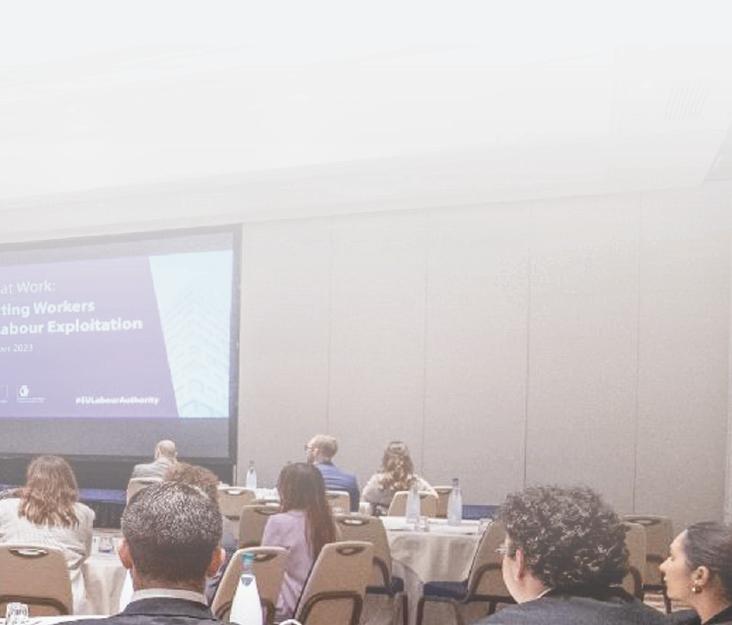
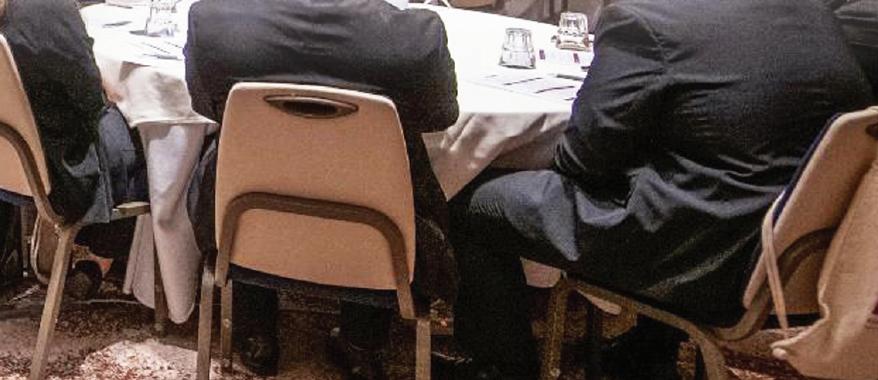
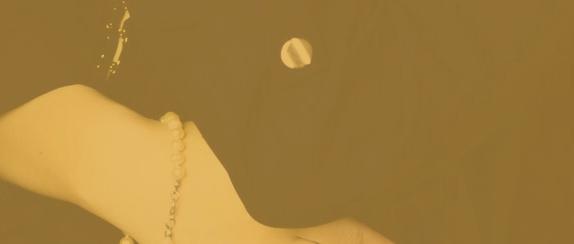































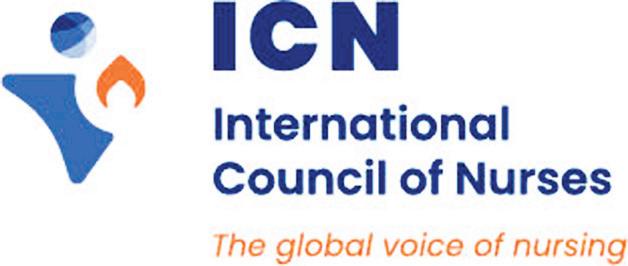
ICN’s key messages on climate change and health echoed in COP28’s Climate and Health declaration
Geneva, Switzerland; 13 December 2023: The International Council of Nurses (ICN) raised the concerns of the world’s nurses about the dangerous health effects of climate change at the COP28’s first Climate and Health Day meeting in Dubai.
ICN delivered its key messages about phasing out fossil fuels, building lowcarbon, climate resistant health systems and putting health at the centre of climate change by investing in nursing.
ICN Chief Executive Officer Howard Catton said: “Nurses right around the world are seeing the harmful effects of climate change and are caring for those who are affected by them. Climate Change is putting additional demands on already overburdened health systems that are still struggling to recover from Covid. The current situation is simply unsustainable for nurses and other health workers, and the facilities they work in.
‘As nurses, we know the importance of addressing root causes and let’s be clear: fossil fuel emissions are the single biggest contributor to climate change, and by a huge margin.
We are disappointed that at the last moment, COP28 stepped back from the historic commitment to phase out fossil fuels that the health of the planet needs, and instead used the weaker language of transitioning away from fossil fuels.
We must continue to work to strive for the necessary reductions in greenhouse gases but let there be no doubt: the world has to end its addiction to fossil fuels now.”
Association, who attended the meeting on behalf of ICN, said: “I strongly advocate for the phasing out of fossil fuels. As nursing leaders, we are committed to contributing to building a resilient health system and strengthening the health workforce. And also to ensuring that part of the climate financing goes to help workforce preparedness for climate action.”
Key points from the Health Day Declaration include: Prioritizing a comprehensive response to climate change impacts on health, encompassing mental health, cultural losses, and displacement.
Combating inequalities, working



towards the achievement of the Sustainable Development Goals, and improving health, livelihoods, and social protection systems globally.
Encouraging emissions reduction and waste management in the health sector, promoting sustainability and setting procurement standards.
Scaling up investments in climate and health from various sources, strengthening synergies between climate and health portfolios.
Regularly convening with diverse stakeholders, including the ATACH initiative, to foster collaboration on climate change and health. ❙
continued from page 33
soft skills and interviewing techniques, since labour inspectors are very well placed to identify the signs of labour exploitation.
Discussions also delved into the role of unions, civil society, and governments in creating an environment that protects workers from exploitation, and ensures fair wages and safe working conditions. A multi-stakeholder approach involving government, businesses, NGOs, and the public was advocated for by several speakers. Advocay for stronger labour laws, enhanced enforcement, cooperation, and corporate responsibility were deemed to be imperative, particularly, the need for sustainability in the business model.
call was made for this approach to be explored, with the possibility of applying such a model nationally. This suggestion was received well.
The conference demonstrated that labour exploitation is a complex issue but not insurmountable. This conference has undoubtedly contributed to our collective understanding of labour exploitation and what can be done to address it.
The conference served as a crucial platform for dialogue, sharing insights, and catalyzing action to address the complex challenges associated with labour exploitation.
Dr Sumaya Mohammed AlBlooshi, President of the EmiratesNursing
Reference was also made to the Swedish model to address labour exploitation, which is based on the Administrative approach to tackling serious and organised crime. Consequently, a
Collective determination, shared knowledge, and coordinated efforts can make significant progress in combating labour exploitation. The outcomes of this conference are expected to contribute to the ongoing efforts to combat labour exploitation and promote a more equitable workforce. ❙

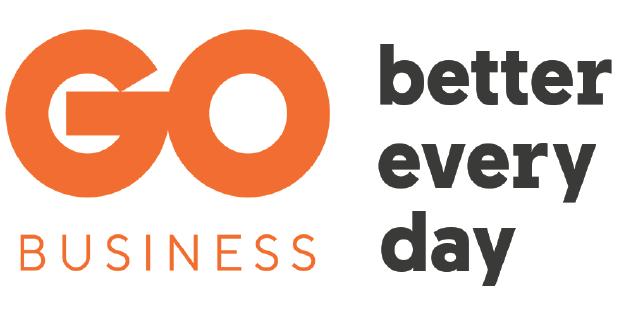
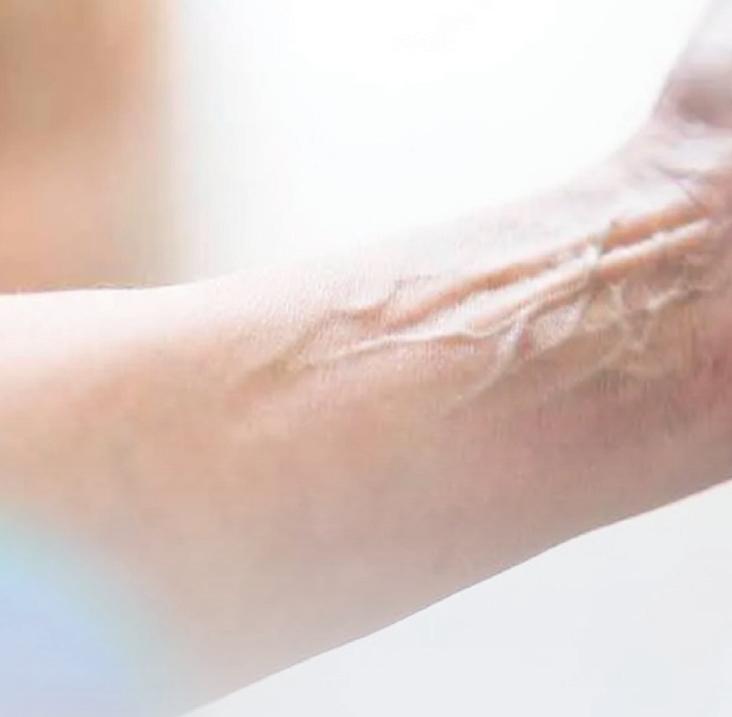
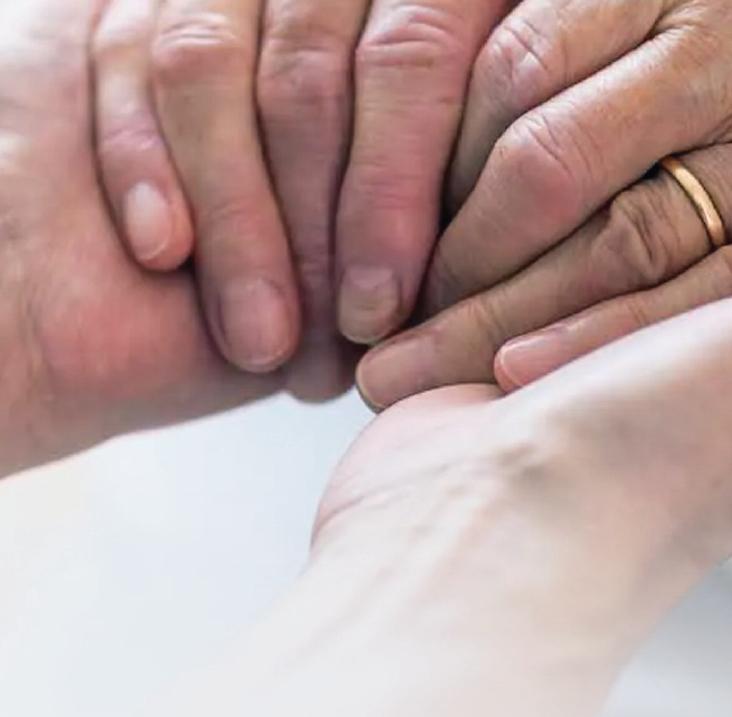

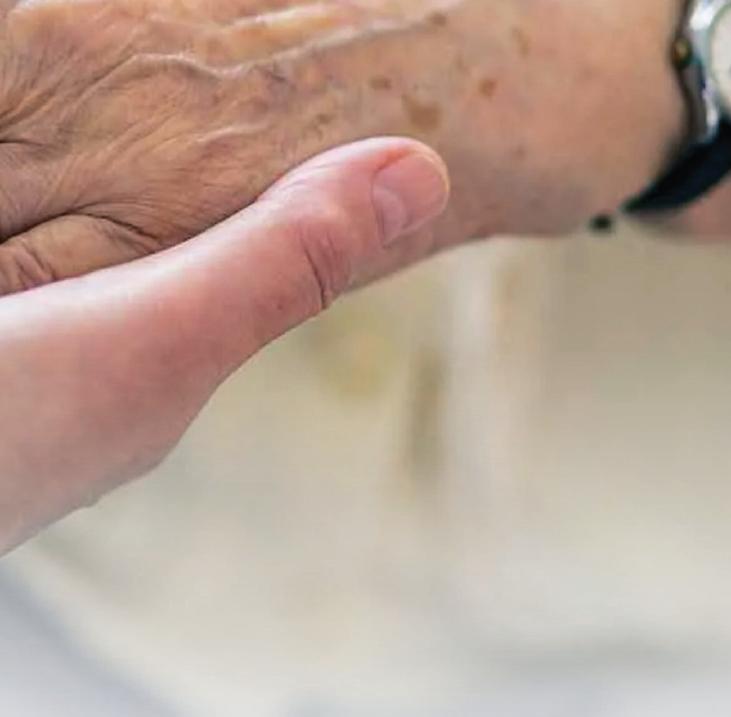
Recently, there has been a growing recognition of the complex interplay between factors that affect the environment and mental health outcomes. An example of such environments is the ward setting. A ward stands as a unique microcosm whereby individuals with diverse backgrounds and cultures and who have mental health issues in common coexist within a communal space.
Attempting to understand the impact of a ward environment on the mental health wellbeing of our patients is not merely an academic pursuit but a vital endeavour with profound implications that can prove to be either a positive experience or a negative one. A ward environment whether it is in a psychiatric hospital or a general one proffers a dynamic tapestry of factors that may influence the mental health of the patients. When patients are admitted to a ward, a certain camaraderie is established, however challenges may arise which include limited privacy and autonomy.
According to a journal in the British Journal of Psychiatry (2014), in-patient wards in psychiatric hospitals must balance many needs. A psychiatric ward must offer a supportive, therapeutic, safe and caring environment whereby patients can prepare to return to the community, provide a safe place away from external hazards and a place akin to home whilst they are admitted. It is increasingly acknowledged that the physical environment of healthcare facilities has a considerable role to play in addressing such needs.
It has been noticed, however, that the relationship of a psychiatric ward designed to patient outcomes as well as the overall experience of treatment is an under-researched area. This is surprising given the growing policy investment in the evidence-based design of healthcare facilities. Evidencebased design can be defined as ‘the process of basing decisions about the
built environment on credible research to achieve the best possible outcomes. Furthermore, research shows that inpatient aggression and conflict usually results from a complex interaction of the individual characteristics of patients, staff characteristics and contextual characteristics such as the physical environment of the ward. However, there is a paucity in research regarding the impact of the physical environment in psychiatric hospitals in general, and more specifically, to what degree it may contribute to in-patient aggression.
Although the impact of the physical environment on psychiatric patients’ behaviour has not been systematically investigated, some case studies describe descriptive evaluations of moves from old to new buildings whereby a reduction of psychiatric symptoms was noted, together with a better atmosphere in the ward and reduced acts of violence and vandalism. According to an article by Van Der Schaaf (2013), it is only recently that architects and psychiatrists have started to pay attention to the rationale and effects of physical ward designs. This was encouraged by research in the field of environmental psychology and evidence-based designs in other healthcare settings, such as general hospitals and nursing homes. An emphasis should also be made on the importance of reassurance, identity, privacy and normality when designing wards for intensive psychiatric care.
Mount Carmel Hospital is well-known for its beautiful, large surrounding gardens. Fortunately for us, research shows
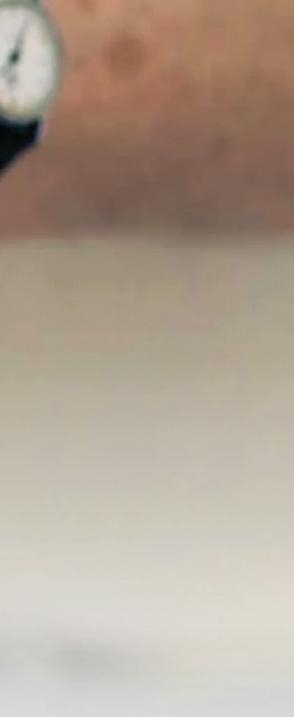
that in recent years, there has been a

that in recent years, there has been a stark rise from a scientific perspective, the curiosity regarding the benefits of human contact with nature for an individual’s health and well-being. It is known that nature has several positive effects on human health.
This includes reduced levels of stress by decreasing blood pressure and cortisol levels (Thompson, 2016), improving mental health by reducing depression and enhancing mood and self-worth (Gascon, 2015) and better cognitive and creative function (Sanders, 2015). Therapeutic hospital gardens are being increasingly introduced in hospital developments because of their nature content, health promoting qualities, their capacity to reduce stress and ability to improve mental health wellbeing and enrich the hospital environment. Health-promoting hospital gardens are a tool to contribute positively the emotional, mental and physical health of patients, their families and staff. Research shows that patients’ hospital stays, medication intake and negative feedback are reduced when access to nature is provided (Ulrich, 1991). Establishing evidence-based knowledge on therapeutic hospital gardens is vital to change health policies and a consensus on what such a garden constitutes can revolutionise healthcare.
By examining both positive and negative aspects of ward living, one can gain insight into the mechanisms through which these environments impact the psychiatric patients’ wellbeing. Moreover, by acknowledging the diversity of experiences within ward settings, one can strive to identify strategies for promoting resilience and fostering positive mental health outcomes among residents.
Sharon Cuschieri PMHN - MAPN Council Member

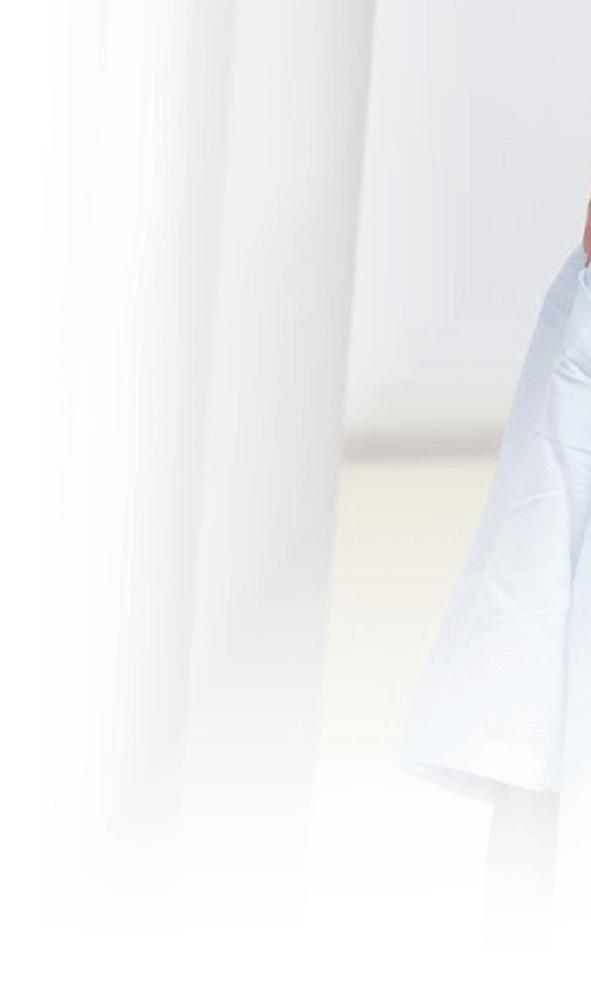
The Maltese Scope of Professional Practice for Nurses and Midwives is a set of guidelines and standards that outline the responsibilities, competencies, and ethical principles that regulate the practice of nurses and midwives in Malta. It is published by the Council for Nurses and Midwives. It functions as a framework for guaranteeing that the Maltese population receives safe, effective, and high-quality healthcare services.
Key elements of the Maltese Scope of Professional Practice for Nurses and Midwives include the following:
Legal and Ethical Standards: Once registered with the Maltese Council of Nurses and Midwives, one is expected to adhere to the legal and ethical standards established by the Maltese law and Code of Ethics and Standards of Professional Conduct for Nurses and Midwives. This includes the maintenance of patient privacy, confidentiality, obtaining of informed consent, and respecting the rights and dignity of patients.
Competency and Education: The scope of practice emphasizes the importance of ongoing educational and professional development to ensure that nurses and midwives have the necessary knowledge and skills to provide safe and effective care. It also outlines the competencies required for various levels of nursing and midwifery practice.
Collaboration and Communication: Nurses and midwives are encouraged to collaborate with other healthcare professionals to provide holistic care to patients. Effective communication with
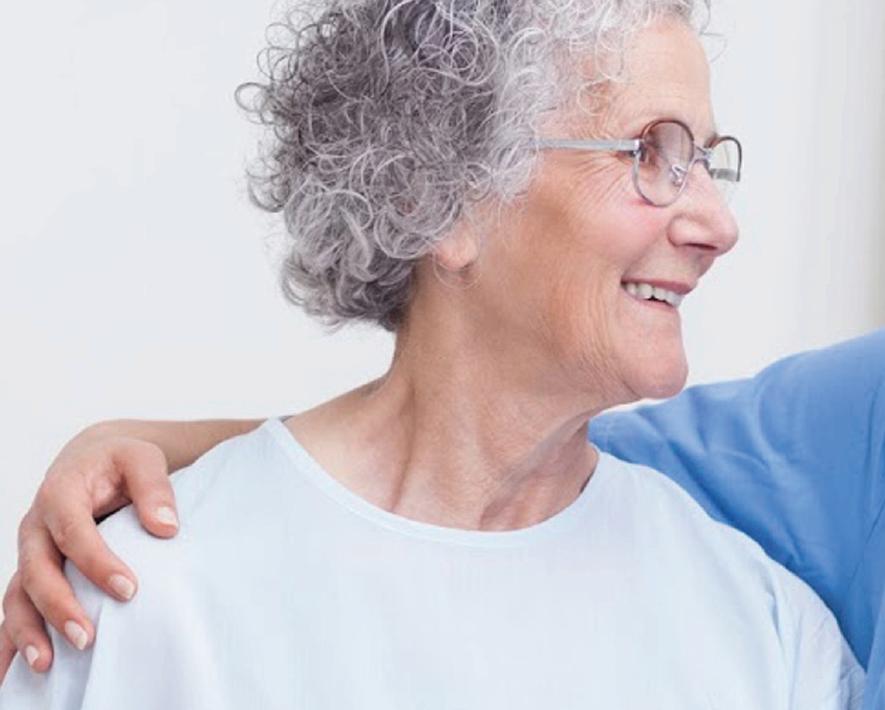
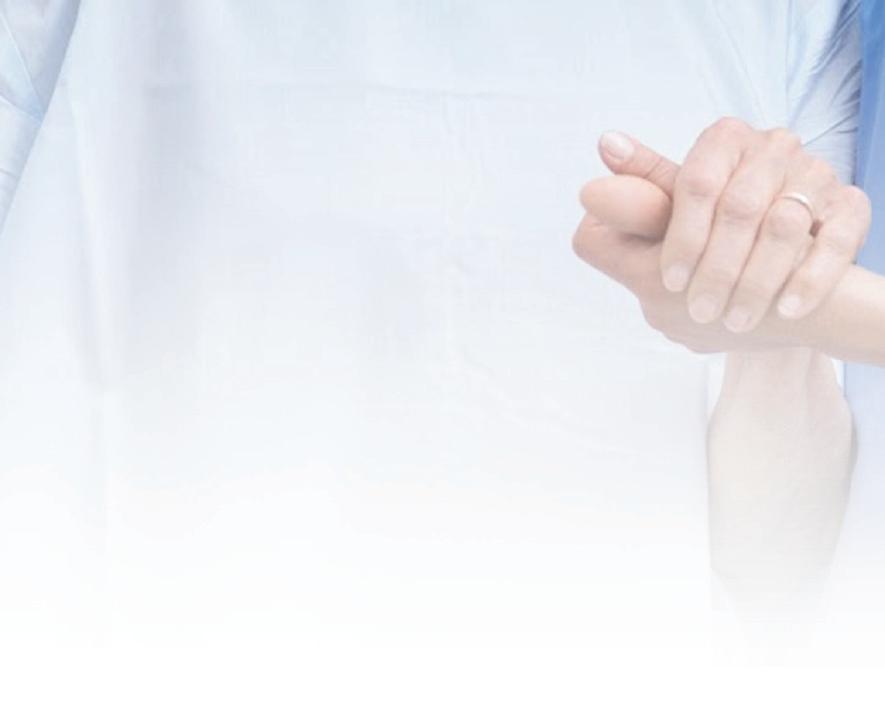
patients, families, and the healthcare team is essential for ensuring patient safety and positive health outcomes.
Clinical Practice: The scope of practice defines the responsibilities and activities that nurses and midwives can engage in, including assessment, diagnosis, planning, implementation, and evaluation of care. It also outlines specific roles and responsibilities in various healthcare settings, such as hospitals, clinics, and community settings.
Safety and Quality: Ensuring patient safety and the delivery of high-quality care is a fundamental principle of the scope of practice. Nurses and midwives are expected to embrace evidencebased practice, adhere to infection prevention and control measures, and participate in quality improvement initiatives.
Cultural Competence: Recognizing and respecting the cultural diversity of Malta’s population is essential. Nurses and midwives should provide culturally sensitive care and consider the cultural beliefs and values of patients and families in their care.
Leadership and Advocacy: The scope of practice recognizes the role of nurses and midwives as leaders and advocates for their patients. They are encouraged to participate in healthcare policy development, advocate for the rights of

patients, and contribute to improving healthcare systems.
Continuity of Care: Nurses and midwives are responsible for ensuring the continuity of care for patients. This includes but is not limited to the appropriate and comprehensive handover of information when transferring care between healthcare providers or settings.

Research and Evidence-Based Practice: Nurses and midwives are encouraged to engage in research and incorporate evidence-based practices into their clinical care. This helps improve patient outcomes and contributes to the advancement of nursing and midwifery knowledge.
The Maltese Scope of Professional Practice for Nurses and Midwives is a dynamic document that may evolve over time to reflect changes in healthcare delivery, technology, and best practices. It plays a vital role in maintaining the highest standards of care and professionalism in nursing and midwifery practice in Malta. Nurses and midwives are expected to familiarize themselves with these guidelines and uphold the principles outlined to provide the best possible care to their patients. ❙
GRECH William HOLMES Kevin AXIAQ Geoffrey
